Jeremy Abramson, MD
Director, Jon and Jo Ann Hagler Center for Lymphoma
Associate Professor of Medicine
Harvard Medical School
Boston, MA
Alvaro J. Alencar, MD
Associate Professor of Clinical Medicine University of Miami Sylvester Comprehensive Cancer Center
Miami, FL
Charalambos (Babis) Andreadis, MD Professor of Clinical Medicine
Department of Medicine
Director, Clinical Research Support Office (CRSO) UCSF Helen Diller Family Comprehensive Cancer Center
San Francisco, CA
Stephen M. Ansell, MD, PhD
Professor of Clinical Medicine, Department of Medicine, Director Clinical Research Support Office (CRSO) UCSF Helen Diller Family Comprehensive Cancer Center, Director, Baszucki Lymphoma Therapeutic Initiative UCSF
San Francisco, CA
Muhamed Baljevic, MD
Associate Professor of Medicine Division of Hematology Oncology Director, Plasma Cell Disorders Research of Vanderbilt-Ingram Cancer Center Director, Vanderbilt Amyloidosis Multidisciplinary Program (VAMP) of Vanderbilt-Ingram Cancer Center
Nashville, TN
Rahul Banerjee, MD, FACP
Assistant Professor, Division of Hematology & Oncology University of Washington
Assistant Professor, Clinical Research Division Fred Hutchinson
Cancer Center
Seattle, WA
Jacqueline Claudia Barrientos, MD, MS
Chief, Hematologic Malignancies Director, Oncology Research Assistant Professor at the Columbia University Division of Hematology/Oncology at Mount Sinai Medical Center Adjunct Professor of Medicine, Zucker School of Medicine at Hofstra/Northwell Adjunct Associate Professor, Feinstein Institutes for Medical Research Mount Sinai Medical Center
New York, NY
James Blachly, MD
Associate Professor of Internal Medicine and Biomedical Informatics Hereditary Hematologic Neoplasm
Program Leader HALT Clinic
Co-Director Division of Hematology
The Ohio State University Comprehensive Cancer Center
Arthur G. James Cancer Hospital and Richard J. Solove Research Institute
Columbus, OH
Elizabeth A. Brém, MD
Clinical Associate Professor
University of California, Irvine
Orange, CA
Andrew Brunner, MD
Assistant Professor, Medicine, Dana Farber Cancer Institute, Harvard Medical School Assistant in Medicine Center for Leukemia Massachusetts General Hospital
Boston, MA
Naresh Bumma, MD
Assistant Professor
Division of Hematology
The Ohio State University
Columbus, OH
Jorge Castillo, MD
Clinical Director, Bing Center for Waldenström Macroglobulinemia Institute Physician, Division of Hematological Malignancies, Dana-Farber Cancer Institute
Associate Professor, Harvard
Medical School
Boston, MA
Firas El Chaer, MD
Associate Professor Department of Medicine, Division of Hematology and Oncology University of Virginia
Charlottesville, VA
Onyee Chan, MD
Medical Oncologist Moffitt Cancer Center Tampa, FL
Hearn Jay Cho MD, PhD
Associate Professor of Medicine Multiple Myeloma Center of Excellence, Tisch Cancer Institute, Mt Sinai School of Medicine, Icahn School of Medicine at Mount Sinai
New York, NY
Michael Choi, MD
Associate Clinical Professor UCSD Moores Cancer Center
La Jolla, CA
Saurabh Dahiya, MD, FACP
Associate Professor - University Medical Line Blood and Marrow Transplantation
Stanford University
Stanford, CA
Christopher D'Angelo, MD
Assistant Professor Division of Hematology & Oncology, University of Nebraska
Medical Center
Omaha, NE
Daniel Joseph DeAngelo, MD
Chief, Division of Leukemia Institute Physician Professor of Medicine
Harvard Medical School
Dana Farber Cancer Institute
Boston, MA
Bhagirathbhai Dholaria, MBBS
Associate Professor of Medicine
Division of Hematology-Oncology
Vanderbilt University Medical Center, Vanderbilt-Ingram Cancer Center
Nashville, TN
John DiPersio, MD, PhD
Virginia E. and Sam J. Golman
Professor in Medicine Director, Center for Gene and Cellular Immunotherapy
Division of Oncology, Washington University School of Medicine
St. Louis, MO
Gianpietro Dotti, MD
Professor Co-Leader, UNC Lineberger Immunology Research Program
UNC-Chapel Hill
Chapel Hill, NC
Kieron M. Dunleavy, MD
Professor of Medicine, Georgetown University Director of Hematology Program, Head of Lymphoma Georgetown Lombardi Comprehensive Cancer Center
Washington, DC
Ann-Kathrin Eisfeld, MD
Tenure-track Assistant Professor
Physician-scientist
The Ohio State University
Columbus, OH
Herbert A. Eradat, MD
Clinical Professor of Medicine UCLA Lymphoma Program UCLA Bone Marrow Transplant, Cellular Therapy and CAR-T Program David Geffen School of Medicine at UCLA
Los Angeles, CA
Peter Forsberg, MD
Associate Professor Medicine-Hematology University of Colorado Hospital
Aurora, CO
Lindsey Fitzgerald, MD
Assistant Professor, Division of Hepatology & Hematologic Malignancies, Huntsman Cancer Institute, University of Utah, George E. Wahlen Dept of Veteran Affairs Medical Center
Salt Lake City, UT
Saar Gill, MD, PhD
Associate Professor of Medicine
(Hematology-Oncology)
Hospital of the University of Pennsylvania University of Pennsylvania
School of Medicine
Philadelphia, PA
Aaron David Goldberg, MD, PhD
Assistant Professor of Medicine, Weill Cornell Medical College, Assistant Member, Memorial Sloan Kettering Cancer Center
New York, NY
Robert Paul Hasserjian, MD
Professor of Pathology
Director, Hematopathology Fellowship Department of Pathology Massachusetts General Hospital
Boston, MA
Paul A. Hamlin, MD
Medical Director, David H. Koch Center for Cancer Care, Attending, Lymphoma Service - Division of Hematologic Malignancies Memorial Sloan Kettering Cancer Center
New York, NY
Doris Hansen, MD
Assistant Member, Department of Blood and Marrow Transplant and Cellular Immunotherapy, Moffitt Cancer Centre Tampa, FL
Morie Gertz, MD, MACP
Roland Seidler Jr. Professor Department of Medicine Mayo Clinic Rochester, MN
Boyu Hu, MD
Assistant Professor, Director of Lymphoma and CLL, Division of Hematology/Hematologic Malignancies
Salt Lake City, UT
Swaminathan P. Iyer, MD
Professor Department of Lymphoma/Myeloma Division of Cancer Medicine
UT MD Anderson Cancer Center
Houston, TX
Nitin Jain, MD
Professor, Division of Leukemia, Division of Cancer Medicine, UT
MD Anderson Cancer Center
Houston, TX
Preetesh Jain, MBBS, MD, DM, PhD
Assistant Professor, Department of Lymphoma and Myeloma UT MD Anderson Cancer Center
Houston, TX
Sundar Jagannath, MD
Professor of Medicine Director, Multiple Myeloma Center of Excellence
Mount Sinai Hospital
New York, New York
Nisha Joseph, MD
Associate Professor, Department of Hematology and Medical Oncology Winship Cancer Institute, Emory University
Atlanta, GA
Francisco Hernandez-Ilizaliturri, MD Director Lymphoma Program
Professor of Medicine, Department of Medicine Roswell Park,
Comprehensive Cancer Center Clinical
Professor Department of Medicine Jacob’s School of Medicine and Biomedical Sciences State University of New York at Buffalo
Buffalo, NY
Jonathan L. Kaufman, MD
Professor, Department of Hematology and Medical Oncology
Winship Cancer Institute of Emory University
Atlanta, GA
Neil E. Kay, MD
Professor of Medicine Consultant -
Division of Hematology
Department of Internal
Medicine Mayo Clinic
Rochester, MN
Tapan Kadia, MD
Professor, Department of Leukemia
Division of Cancer Medicine
UT MD Anderson Cancer Center
Houston, TX
Marina Kremyanskaya, MD, PhD
Associate Professor of Medicine
Hematology and Medical Oncology
Icahn School of Medicine at Mount Sinai
New York, NY
Catherine (Katie) Lai, MD, MPH
Associate Professor, Physician Leader, Leukemia Clinical Research, Unit University of Pennsylvania Perelman Center for Advanced Medicine
Philadelphia, PA
Andrew H. Lipsky, MD
Assistant Professor, Medicine Columbia University Medical Center
New York, NY
Thomas P. Loughran, Jr., MD
Associate Professor, Physician Leader, Leukemia Clinical Research Unit
University of Pennsylvania Perelman Center for Advanced Medicine
Philadelphia, PA
Jennifer K. Lue, MD
Clinical Director Assistant Attending, Lymphoma Service
Memorial Sloan Kettering Cancer Center
New York, NY
Matthew Lunning, DO, FACP
Associate Vice Chair of Research
Associate Professor, Internal Medicine Division of Oncology & Hematology
University of Nebraska Medical Center
Omaha, NE
Enrica Marchi, MD, PhD
Assistant Professor
Assistant Professor of Medicine
Co-Director Program for T-Cell Lymphoma Research University of Virginia Charlottesville, VA
Shannon L. Maude, MD, PhD
Cancer Immunotherapy Program, Division of Oncology Children’s Hospital of Philadelphia
Associate Professor of Pediatrics
University of Pennsylvania
Philadelphia, PA
David Miklos, MD, PhD
Professor - University Medical Line Medicine - Blood & Marrow Transplantation
Stanford University
Chicago, IL
Charles G. Mullighan, MBBS (Hons), MSc, MD
Member, St. Jude Faculty
Deputy Director, Comprehensive
Cancer Center
Co-Leader, Hematological Malignancies Program Medical Director, St. Jude Biorepository William E. Evans Endowed Chair Department of Pathology Comprehensive Cancer Center
St. Jude Graduate School of
Biomedical Sciences
Memphis, TN
Ariela Noy, MD
Attending Physician, Department of Lymphoma, Memorial Sloan Kettering Cancer Centre
New York, NY
Sattva S. Neelapu, MD
Professor, Department of Lymphoma/Myeloma, Division of Cancer Medicine, Deputy Department
Chair, Department of Lymphoma/Myeloma, Division of Cancer Medicine Member, Graduate Faculty, Immunology Program, Graduate School of Biomedical Sciences,
UT MD Anderson Cancer Center
Houston, TX
Krish Patel, MD
Director. Lymphoma Program
Director, Hematologic Malignancies and Cellular Therapy, Swedish Cancer Institute Seattle, WA
Samir Parekh, MD
Professor, Icahn School of Medicine at
Mount Sinai
New York, NY
Naveen Pemmaraju, MD
Professor, Department of Leukemia, Division of Cancer Medicine, UT MD Anderson
Cancer Center
Houston, TX
Javier Pinilla-Ibarz, MD, PhD
Senior Member Head of Lymphoma Section Director of Immunotherapy, Department of Malignant Hematology
H. Lee Moffitt Cancer Center
Tampa, FL
Vinod Pullarkat MD
Professor, Hematology and Hematopoietic
Cell Transplantation
City of Hope
Duarte CA
Carlos Ramos, MD
Professor of Medicine Center for Cell and Gene Therapy
Baylor College of Medicine
Houston, TX
Farhad Ravandi-Kashani, MD
Professor, Department of Leukemia
Division of Cancer Medicine
The University of Texas MD Anderson
Cancer Center
Houston, TX
Brittany Knick Ragon, MD
Clinical Associate Professor
Atrium Health Levine Cancer Institute
Wake Forest University School of Medicine Winston-Salem, NC
Joanna Meehan Rhodes, MD
Director of Lymphoma Rutgers Cancer Institute of New Jersey New
Brunswick, NJ
Joshua Richter, MD
Associate Professor of Medicine
Co-Director CAR-T Myeloma Program
Icahn School of Medicine at Mount Sinai
New York, NY
Mark Roschewski, MD
Clinical Director, Lymphoid Malignancies Branch Center for Cancer Research
NCI, NIH
Bethesda, MD
Adriana Rossi, MD
Co-Director CAR-T Myeloma Program Assistant Professor of Medicine
Icahn School of Medicine at Mount Sinai
New York, NY
Jia Ruan, MD
Professor of Clinical Medicine Lymphoma Program, Division of Hematology & Medical Oncology, Weill Cornell Medicine
Memorial Sloan Kettering Cancer Center
New York, NY
Stephen J. Schuster, MD
Director, Lymphoma Program Director, Lymphoma Translational Research Robert and Margarita Louis-Dreyfus
Professor Chronic Lymphocytic Leukemia and Lymphoma Clinical Care and Research University of Pennsylvania
Philadelphia, PA
Kenneth Shain, MD
Associate Member, Departments of Malignant Hematology and Chemical Biology and Molecular Medicine
Co-Director, Pentecost Myeloma
Research Center
H. Lee Moffitt Cancer Center
Tampa, FL
Shireen Sirhan, MD
Assistant Professor, Faculty of Medicine McGill University
Montreal, QC Canada
Louis M. Staudt, MD, PhD
Scientist National Cancer Institute
Bethesda, MD
Anthony Stein, MD
Associate Director, Gehr Family Center for Leukemia Research, Professor, Division of Leukemia, Department of Hematology & Hematopoietic Cell Transplantation
City of Hope
Duarte, CA
Suchitra Sundaram, MD
Assistant Professor of Medicine (Hematology and Medical Oncology)
Icahn School of Medicine at Mount Sinai Tisch Cancer Institute
New York, NY
Timothy Schmidt, MD
Assistant Professor, Division of Hematology, Medical Oncology, and Palliative Care Department of Medicine University of Wisconsin School of Medicine and Public Health
Madison, WI
Meghan Thompson, MD
Assistant Attending L1
Memorial Sloan Kettering Cancer Centre
New York, NY
Pallawi Torka, MD
Assistant Member, Memorial Sloan Kettering Cancer Center
Assistant Professor of Medicine
(Hematology and Medical Oncology)
Weill Cornell Medicine
New York, NY
Douglas Tremblay, MD
Assistant Professor
Icahn School of Medicine at Mount Sinai Tisch Cancer Institute
New York, NY
Sascha Alexander Tuchman, MD, MHS Associate Professor of Medicine
Director, Multiple Myeloma and Amyloidosis Program, Associate Chief for Outpatient Clinics and Outreach, Division of Hematology UNC School of Medicine
Chapel Hill, North Carolina
Jing Christine Ye, MD, MSc
Associate Professor Department of Lymphoma/Myeloma Division of Cancer Medicine UT MD Anderson Cancer Center Phoenix, AZ
Cecilia Y. Arana Yi, MD
Director of Leukemia Services
Mayo Clinic
Phoenix, AZ
Ravi Vij, MD, MBA
Professor, Department of Medicine Winship Cancer Institute at Emory University
St. Louis, MO
Edmund K. Waller, MD, PhD, FACP
Professor of Hematology and Oncology (tenured) in the Winship Cancer
Professor of Medicine, Emory University School of Medicine
Professor of Pathology, Emory University School of Medicine
Atlanta, GA

Jeremy Abramson, MD, Director, Jon and Jo Ann Hagler Center for Lymphoma, Associate Professor of Medicine, Harvard Medical School, Boston, MA
Dr. Abramson is Director of the Lymphoma Program and the Jon and Jo Ann Hagler Chair in Lymphoma at the Massachusetts General Hospital Cancer Center, and Associate Professor of Medicine at Harvard Medical School. Dr. Abramson earned his medical degree from the Mount Sinai School of Medicine in New York City and a Masters Degree in Medical Sciences from Harvard Medical School. He completed a residency in Internal Medicine at the Massachusetts General Hospital in Boston, followed by a fellowship in Hematology and Oncology at the Dana-Farber Cancer Institute. Dr. Abramson's clinical and research interests are in non-Hodgkin lymphomas, Hodgkin lymphoma, and CLL. His research involves identifying new targets for therapy in lymphomas and lymphoid leukemias, and the design and conduct of clinical trials of new cancer therapies in these diseases.

Alvaro J. Alencar, MD, Associate Professor of Clinical Medicine University of Miami Sylvester Comprehensive Cancer Center, Miami, FL
Dr. Alencar is an Associate Professor of Clinical Medicine and the Chief Medical Officer at University of Miami Sylvester Comprehensive Cancer Center. He is a member of the lymphoma program at Sylvester and the lymphoma committee at the Alliance for Clinical Trials in Oncology with a focus on clinical research of b-cell lymphoid malignancies with special interest in minorities, particularly elderly and Hispanics. His research focus is on the application of novel agents to improve responses and minimize toxicity on the care of elderly patients. As the hematology section lead for the Sylvester’s Global Oncology Program, Dr Alencar serves as an important bridge to the United States for Latin American hematologists being a constant presence in meetings, lectures, as well as tumor board and second opinions. These collaborations have led to a large multinational study evaluating the impact of genetic changes and ancestry on outcomes of Hispanic patients with blood disorders
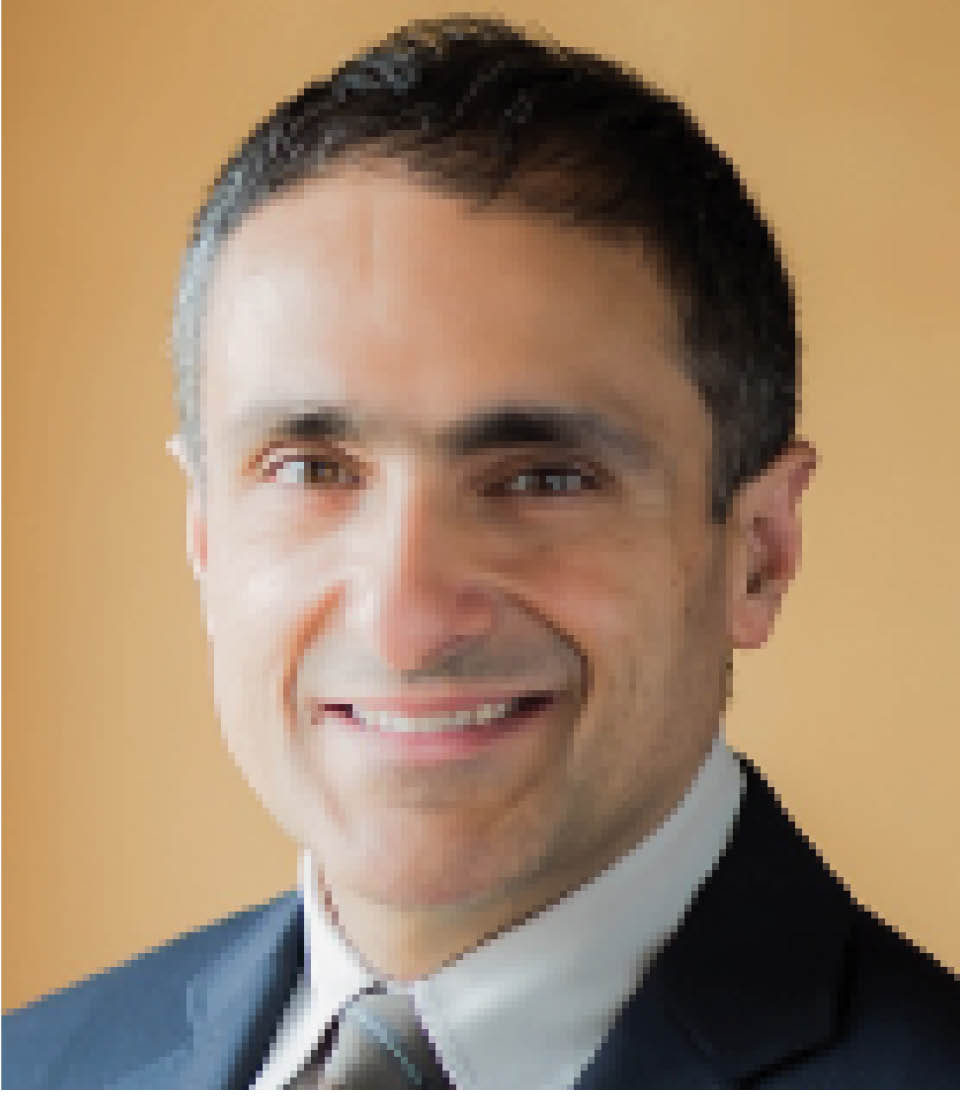
Charalambos (Babis) Andreadis, MD, Professor of Clinical Medicine Department of Medicine Director, Clinical Research Support Office (CRSO) UCSF Helen Diller Family Comprehensive Cancer Center, San Francisco, CA
Dr. Charalambos (Babis) Andreadis specializes in bone marrow transplantation for adults and in treating Hodgkin's and non-Hodgkin's lymphoma, leukemia and multiple myeloma. He cares for patients at the UCSF Helen Diller Family Comprehensive Cancer Center. His research, published widely in scientific journals, examines genetic and other factors that affect how patients respond to therapy, including degrees of drug toxicity. He also studies patient outcomes in these disorders. Dr. Andreadis earned his medical degree at Columbia University's Vagelos College of Physicians and Surgeons and was elected to the Alpha Omega Alpha Honor Medical Society in 1998. He completed a residency at New York-Presbyterian Hospital and a fellowship in hematology and oncology at the Hospital of the University of Pennsylvania, where he joined the faculty in 2004. He also earned a master's degree in clinical epidemiology at the University of Pennsylvania, focusing on pharmacogenetics, the study of how genes impact an individual's response to medications

Stephen M. Ansell, MD, PhD, Professor of Clinical Medicine, Department of Medicine, Director, Clinical Research Support Office (CRSO), UCSF Helen Diller Family Comprehensive Cancer Center, Director, Baszucki Lymphoma Therapeutic Initiative UCSF, San Francisco, CA
Dr. Ansell is a hematologist and oncologist who also conducts cancer research. Dr. Ansell studies the biology of B cell cancers, including Hodgkin's lymphoma, Waldenstrom macroglobulinemia and non-Hodgkin's lymphoma. He received his medical degree from the University of Pretoria, Pretoria, South Africa. He completed his residency at Internal Medicine, Mayo Graduate School of Medicine, Mayo Clinic, Rochester, MN and Internal Medicine and Medical Oncology, University of Pretoria, Pretoria, South Africa. He joined the staff of Mayo Clinic in 1999 and holds the academic rank of professor of medicine, Mayo Clinic Alix School of Medicine. His research focuses on investigating the phenotype and activity of intratumoral T cells and developing strategies to modulate the T-cell infiltration in B-cell lymphoma. Further areas of research interest include the development of biological therapies for non-Hodgkin’s lymphoma, Hodgkin’s disease and Waldenstrom macroglobulinemia. The current strategies being developed include the use of novel antibodies and cytokines, the use of targeted therapies, and the development of strategies to inhibit signaling through receptors that promote the survival of malignant B cells. The utility of these strategies is being tested in early-phase clinical trials. In recognition of his work, Dr. Ansell has received awards and honors, including the New Investigator Award, the Teacher of the Year Award in the Hematology Fellowship Program, and the Department of Medicine Research Award for Landmark Contributions to the Literature. Dr. Ansell also investigates the role of the tumor microenvironment in supporting cancer cell growth and survival.

Muhamed Baljevic, MD, Associate Professor of Medicine Division of Hematology Oncology Director, Plasma Cell Disorders Research of Vanderbilt-Ingram Cancer Center Director, Vanderbilt Amyloidosis Multidisciplinary Program (VAMP) of Vanderbilt-Ingram Cancer Center Nashville, TN
Dr. Baljevic, is a hematologist and medical oncologist who joined Vanderbilt University Medical Center as faculty in the Department of Medicine in 2021. He is the director of plasma cell disorders research and Vanderbilt amyloidosis multidisciplinary (VAMP) programs, and also serves as disease team lead for plasma cell dyscrasias and lymphomas. His clinical and research interests are in the field of multiple myeloma (MM), AL Amyloidosis and other plasma cell disorders. His investigative focus is on better understanding of mechanisms of proteasome inhibitor resistance, the importance of augmented post-transplant immune reconstitution in transplant recipients, and the role genomic events such as chromosomal alterations and gene mutations play in the transformation of premalignant plasma cell conditions to plasma cell malignant states. As institutional cellular therapy investigator in plasma cell malignancies, he aims to explore novel mechanistic approaches in the treatment of high unmet needs in relapsed and refractory MM and AL Amyloidosis, including those patients with multi-class resistant or refractory disease. Some of his recent recognitions include 2014 Celgene Future Leaders in Hematology Award for Clinical Research, and the 2015 ASCO/AACR Workshop on Methods in Clinical Cancer Research. He is the author of several dozen publications and book chapters on various hematologic malignancies. In addition to fluent English, he is also fluent in languages of the Balkans, including his native Bosnian.

Rahul Banerjee, MD, FACP, Assistant Professor, Division of Hematology & Oncology University of Washington, Assistant Professor, Clinical Research Division, Fred Hutchinson Cancer Center, Seattle, WA
Dr. Banerjee, is an Assistant Professor at the Fred Hutchinson Cancer Center and at the University of Washington in Seattle, WA. His clinical interests are in multiple myeloma and CAR-T therapy. He has authored over 60 peer-reviewed publications with a research emphasis on reducing toxicities and improving the patient experience during treatment for multiple myeloma.

Jacqueline Claudia Barrientos, MD, MS, Chief, Hematologic Malignancies Director, Oncology Research Mount Sinai Comprehensive Cancer Center Miami Beach, FL
Dr. Barrientos is a hematologist-oncologist at Mount Sinai Medical Center where she has been appointed Chief of Hematologic Malignancies and Director of Oncology Research. She is Adjunct Professor of Medicine at the Donald and Barbara Zucker School of Medicine at Hofstra/Northwell in New York. Dr. Barrientos received her medical degree from the Ponce Health Sciences University where she was the recipient of two Howard Hughes Medical Institute Fellowship Awards for research and was elected to the Alpha Omega Alpha National Medical Honor Society. She completed her internship and residency in internal medicine at the Yale-New Haven Hospital of the Yale School of Medicine, and her fellowship in Hematology/Oncology at NY Presbyterian Hospital/Weill Cornell Medical Center in New York City, where she also served as Chief Fellow. She obtained a Master’s degree in Clinical Investigation at the Weill Cornell Graduate School of Medical Sciences. She is board certified in hematology and medical oncology. Dr. Barrientos served as Principal Investigator on several clinical trials that lead to the approval of novel therapies that changed the treatment paradigm of CLL and lymphoma. She has co-authored several landmark publications in prestigious medical journals. She has been honored with several awards including the American Society of Hematology AMFDP Award. In her role as an educator, she works with major national societies to advance the medical knowledge of patients and colleagues.

James Blachly, MD, Associate Professor of Internal Medicine and Biomedical Informatics Hereditary Hematologic Neoplasm, Program Leader HALT Clinic, Co-Director Division of Hematology, The Ohio State University Comprehensive Cancer Center, Arthur G. James Cancer Hospital and Richard J. Solove Research Institute, Columbus, OH
Dr. Blachly is an oncologist focused on the treatment of patients diagnosed with hairy cell leukemia, acute myeloid leukemia (AML), acute lymphocytic leukemia (ALL) and chronic lymphocytic leukemia (CLL). He is a member of the Leukemia Research Program at the OSUCCC – James and serves as an assistant professor in The Ohio State University Division of Hematology. As a member of the Leukemia Research Program at the OSUCCC – James, his research interest is in genomics and gene transcription in leukemia and its relevance in experimental therapeutics. He received his medical degree and completed his Internship and Residency in Internal Medicine from the University of Arkansas for Medical Sciences, Little Rock, Arkansas. He completed his fellowship in Hematology/Oncology at The Ohio State University James Comprehensive Cancer Center.
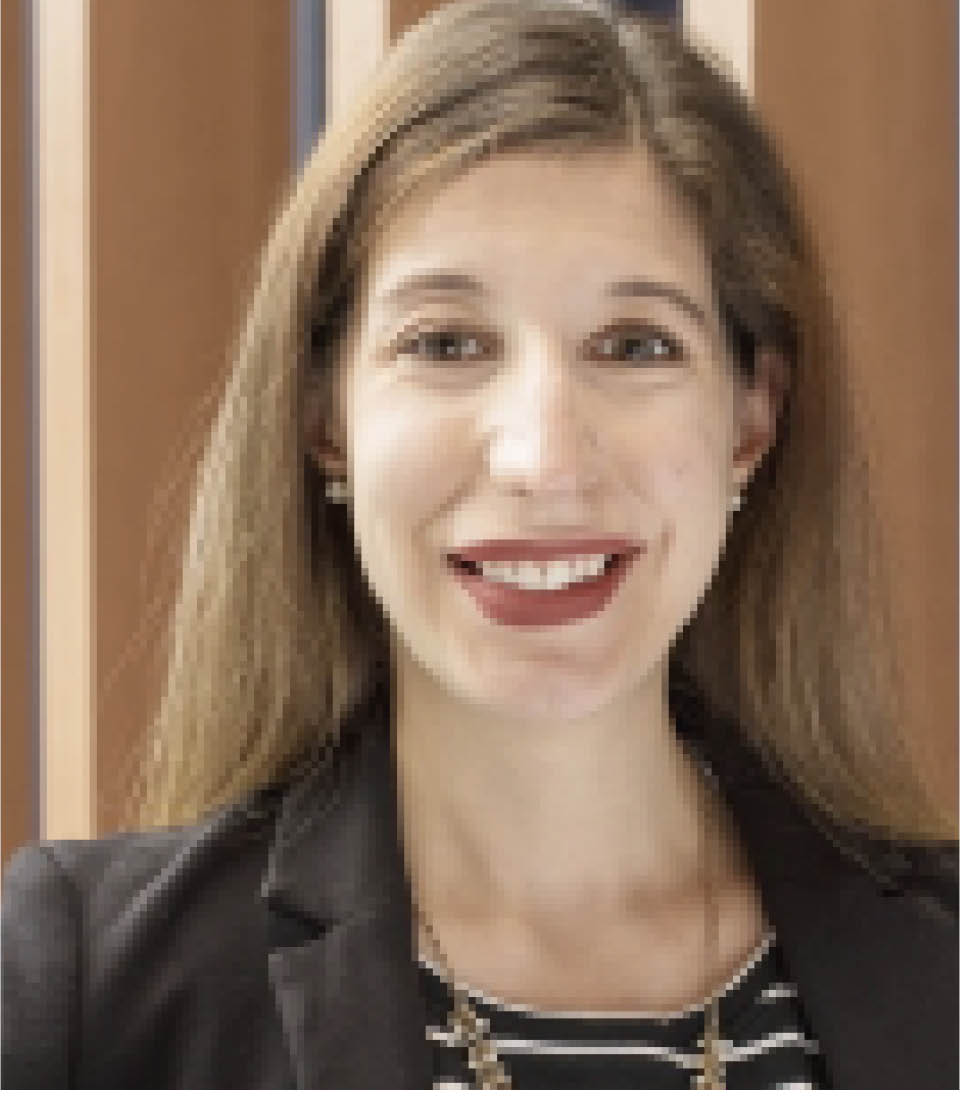
Elizabeth A. Brém, MD, Clinical Associate Professor, University of California, Irvine Orange, CA
Dr. Elizabeth Brém works as a Clinical Associate Professor at University of California, Irvine. She is a Hematologist/Oncologist with a focus on translational research and the care of patients with lymphoma and hematologic malignancies. She is interested in the role of the Bcl-2 family in the pathophysiology of lymphomas and resistance to therapies. Dr. Brém earned his medical degree at University of Buffalo. She completed her residency in internal medicine and fellowship in hematology/oncology from Beth Israel Deaconess Medical Center.
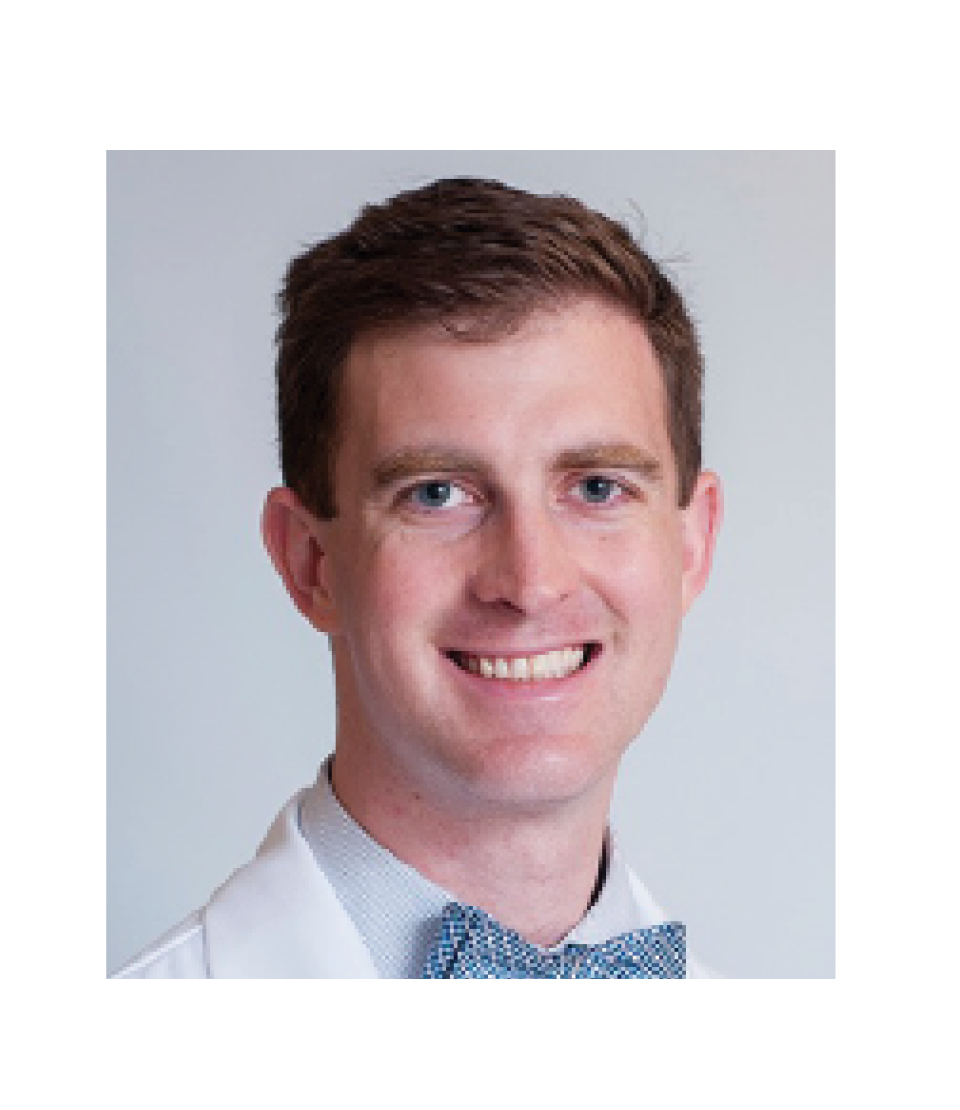
Andrew Brunner, MD, Assistant Professor, Medicine Dana Farber Cancer Institute, Harvard Medical School, Assistant in Medicine Center for Leukemia, Massachusetts General Hospital, Boston, MA
Dr. Brunner works as an Assistant Professor at DFCI/HCC. After obtaining his medical degree from Warren Alpert Medical School of Brown University, he completed his residency from Massachusetts General Hospital and fellowship from Brigham and Women's Hospital and Dana Farber Cancer Institute. His research is focused toward understanding treatment patterns and patient outcomes in MDS and other advanced hematologic malignancies, and to develop new treatments for these patients. He is involved in clinical trials for all stages of MDS with an overall goal of tailoring treatment to improve the outcomes of these patients.

Naresh Bumma, MD, Assistant Professor, Division of Hematology, The Ohio State University, Columbus, OH
Dr. Bumma is an Assistant Professor in the Division of Hematology at Ohio State University where he teaches residents and medical students. He received his medical degree from All India Institute of Medical Sciences New Delhi, India followed by residency from Cleveland Clinic Foundation Cleveland, Ohio and fellowship in Hematology/Oncology from Karmanos Cancer Institute Wayne State University Detroit, United States. Naresh Bumma is a hematologist at The James Cancer Hospital and Solove Research Institute and is specialized in the diagnosis and treatment of plasma cell disorders such as multiple myeloma and amyloidosis. These disorders are intricately intertwined with the immune system and his research focuses on harnessing the power of the human body’s immune system to treat and cure cancer. Dr. Bumma is a member of several organizations, including the American Society of Hematology, the American College of Physicians, the American Society of Clinical Oncology and the Society for Immunotherapy of Cancer. His role as a clinical investigator is to focus on research in the field of immunotherapy in multiple myeloma and amyloidosis. Dr. Bumma’s research has been recognized nationally and internationally, and he has been the recipient of the ASH Abstract Achievement Award multiple times. Dr. Bumma’s clinical expertise includes areas like amyloidosis, bone marrow transplantation, multiple myeloma and plasma cell cancers.

Firas El Chaer, MD, Associate Professor, Department of Medicine, Division of Hematology and Oncology, University of Virginia School of Medicine, Charlottesville, VA
Dr. El Chaer is an Associate Professor of medicine at the University of Virginia, specializing in malignant hematology. His clinical interests include myeloid malignancies. His research centers on measurable residual disease (MRD) in acute myeloid leukemia (AML) and novel therapies for myeloproliferative neoplasms (MPNs). Dr. El Chaer received his medical degree from the University of Balamand in Beirut, Lebanon. He completed his internal medicine residency at the Icahn School of Medicine at Mount Sinai, Englewood program in New Jersey, serving as chief resident from 2013 to 2014. He then completed a fellowship in infectious diseases for immune-compromised cancer patients at the combined program of Baylor College of Medicine and MD Anderson Cancer Center in Houston, Texas. Following that, Dr. El Chaer pursued a fellowship in hematology and oncology at the University of Maryland School of Medicine. He also served as chief fellow from 2018 to 2019. Dr. El Chaer joined the faculty at the University of Virginia in 2019.

Jorge Castillo, MD, Clinical Director, Bing Center for Waldenström Macroglobulinemia Institute, Physician, Division of Hematological Malignancies, Dana-Farber Cancer Institute, Associate Professor, Harvard Medical School, Boston, MA
Dr. Castillo was born in Peru, received his medical degree at the Universidad Autonoma Metropolitana in Mexico City, and completed his Internal Medicine and Hematology and Oncology training at the University of Massachusetts and Brown University, respectively. Dr. Castillo is an Associate Professor at Harvard Medical School, an Institute Physician at the Dana-Farber Cancer Institute, and the Clinical Director of the Bing Center for Waldenström Macroglobulinemia. Dr. Castillo is the principal investigator in innovative clinical trials evaluating highly effective non-chemotherapeutic approaches for patients with Waldenström macroglobulinemia. Dr. Castillo is a Myeloma, Amyloidosis, and Waldenström Macroglobulinemia Committee member at the National Comprehensive Cancer Network and a Scientific Advisory Committee member at the International Waldenström Macroglobulinemia Foundation. He has authored over 300 peer-reviewed articles and has published his research in the New England Journal of Medicine, Journal of Clinical Oncology, Lancet Oncology, Blood, and Lancet Haematology. Dr. Castillo has been awarded the Innovation Award by the Dana-Farber Cancer Institute and the Robert A. Kyle Award by the International Workshop for Waldenström Macroglobulinemia. He is the Founder and Director of the WM-NET, a think-tank composed of academic researchers in the United States focused on designing and executing clinical trials in patients with WM.
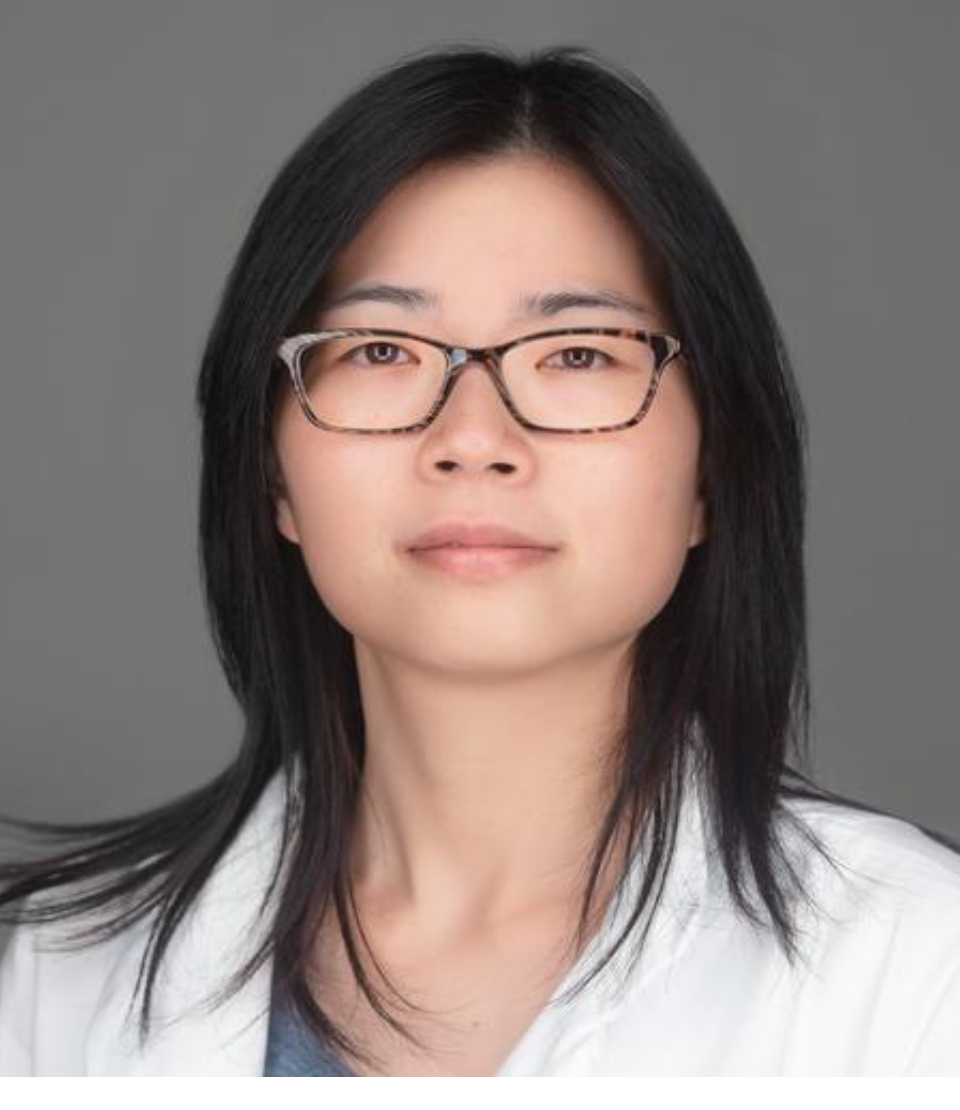
Onyee Chan, MD, Medical Oncologist, Moffitt Cancer Center, Tampa, FL
Dr. Chan received her MD degree from the University of Arizona College of Medicine, Phoenix. She completed an Internal Medicine Residency at the University of Arizona College of Medicine in Tucson, followed by a Hematology/Oncology Fellowship at Moffitt Cancer Center/University of South Florida. She is currently an assistant professor and clinical investigator at the Moffitt Cancer Center. Dr. Chan’s clinical interests include myeloid malignancies including but not limited to acute myeloid leukemia (AML), myelodysplastic syndrome (MDS), and chronic myeloid leukemia (CML). Her research interests include clinical trials and outcome studies inspired by molecular targets that focus on myeloid neoplasms.
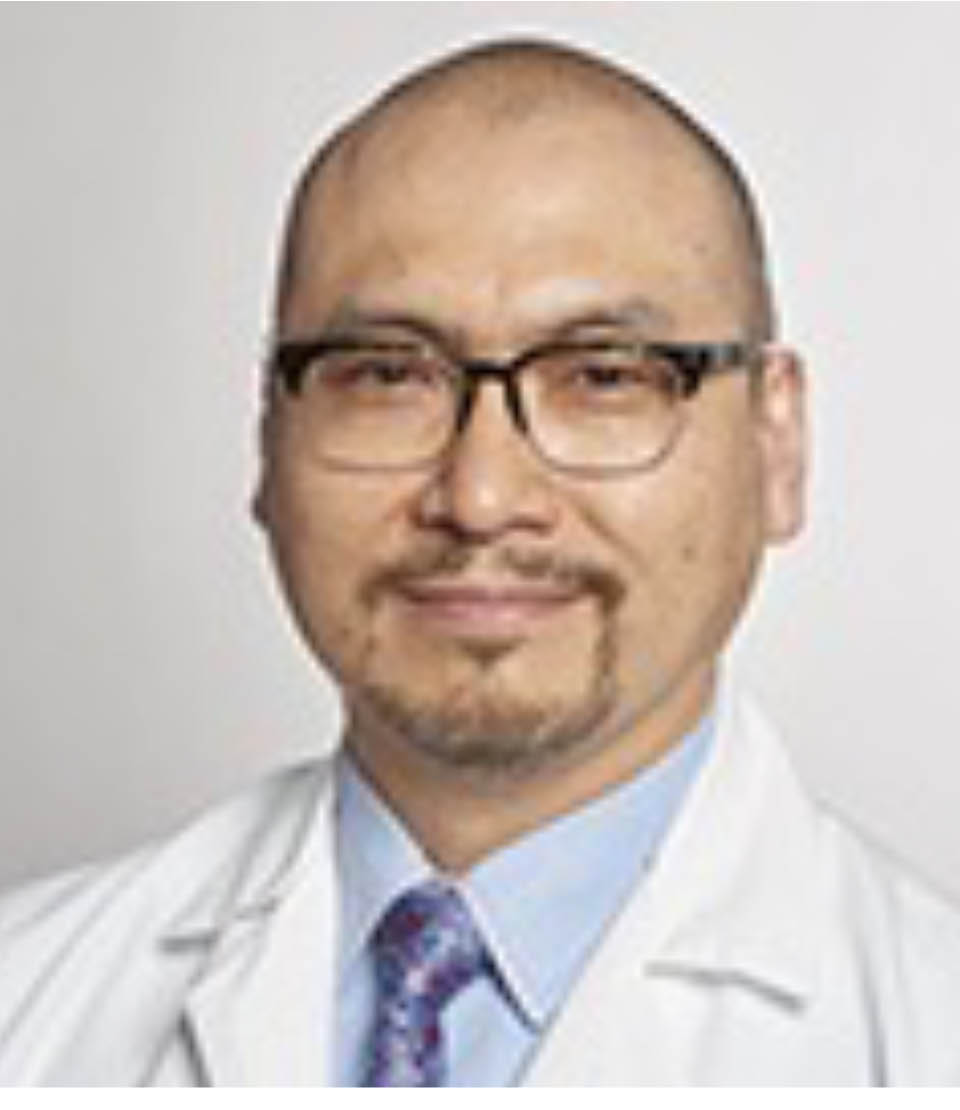
Hearn Jay Cho MD, PhD, Associate Professor of Medicine, Multiple Myeloma Center of Excellence, Tisch Cancer Institute, Mt Sinai School of Medicine Icahn, School of Medicine at Mount Sinai, New York, NY
Dr. Cho is an Associate Professor of Medicine (Hematology and Medical Oncology) at the Icahn School of Medicine at Mount Sinai. He specializes in clinical care and research in multiple myeloma and related diseases. Dr. Cho received his medical degree and doctorate in Immunology at the Weill Medical College of Cornell University and did residency training in Internal Medicine at the University of California, San Diego. He was a clinical fellow in Hematology and Medical Oncology at Weill Medical College. In addition to his clinical training, Dr. Cho did post-doctoral training in Immunology at the University of California San Diego and Rockefeller University in New York. He has more than 20 years of experience as an investigator on clinical trials and actively manages patients on clinical trials for multiple myeloma and amyloidosis at Mount Sinai. Many of the trials involve collaborative translational research with cancer immunology groups at Mount Sinai and other institutions. Dr. Cho’s research focuses on novel targeted therapies for multiple myeloma. His laboratory is developing combination strategies based on therapeutic tumor vaccines to elicit protective host immune responses against tumor cells, and is investigating the biochemical and molecular pathways of Melanoma Antigen Gene (MAGE) activity—MAGE is a family of cancer-associated genes the confer resistance to apoptosis in proliferating multiple myeloma cells. Active in education, Dr. Cho mentors many graduate students, fellows in Hematology and Medical Oncology, fellows in Bone Marrow Transplantation, and postdoctoral research fellows. Dr. Cho is a member of the Immunology Institute at Mount Sinai. He serves as a Multiple Myeloma Expert Reviewer for the Cancer Research Institute and is on the Board of Directors for Solving Kids Cancer. In addition to his academic duties at Mt. Sinai, Dr. Cho is the Chief Medical Officer of the Multiple Myeloma Research Foundation, where he oversees the clinical research program.

Michael Choi, MD, Associate Clinical Professor, UCSD Moores Cancer Center,
La Jolla, CA
Dr. Choi is a hematologist and medical oncologist specializing in the treatment of patients with blood cancers and other blood disorders, with an emphasis on chronic lymphocytic leukemia (CLL). He is a part of UC San Diego's CLL research team, collaborating with the laboratories of Drs. Thomas Kipps, Januario Castro, and Dennis Carson to help develop new therapies for patients with blood cancers. His clinical research interests include highly targeted novel therapies that can be used to treat blood cancers in a personalize and molecularly-driven manner. Dr. Choi has received a young investigator award from the Tower Cancer Research Foundation, and research training through the American Society of Hematology Clinical Research Training Institute.

Christopher D'Angelo, MD, Assistant Professor, Division of Hematology & Oncology, University of Nebraska Medical Center, Omaha, NE
Dr. D'Angelo is an assistant professor in the Division of Hematology & Oncology at the University of Nebraska Medical Center. After obtaining a bachelor's degree from Northwestern University, Dr. D'Angelo attended medical school at the University of Illinois College of Medicine, graduating with AOA honors. He completed a residency in Internal Medicine at the University of Chicago Hospitals and Clinics and a fellowship in Hematology/Oncology at the University of Wisconsin. Dr. D'Angelo treats patients with lymphoma, multiple myeloma, or non-malignant blood conditions. He specializes in stem cell transplantation for these diseases as well as cellular therapy options including CAR-T cell therapy.
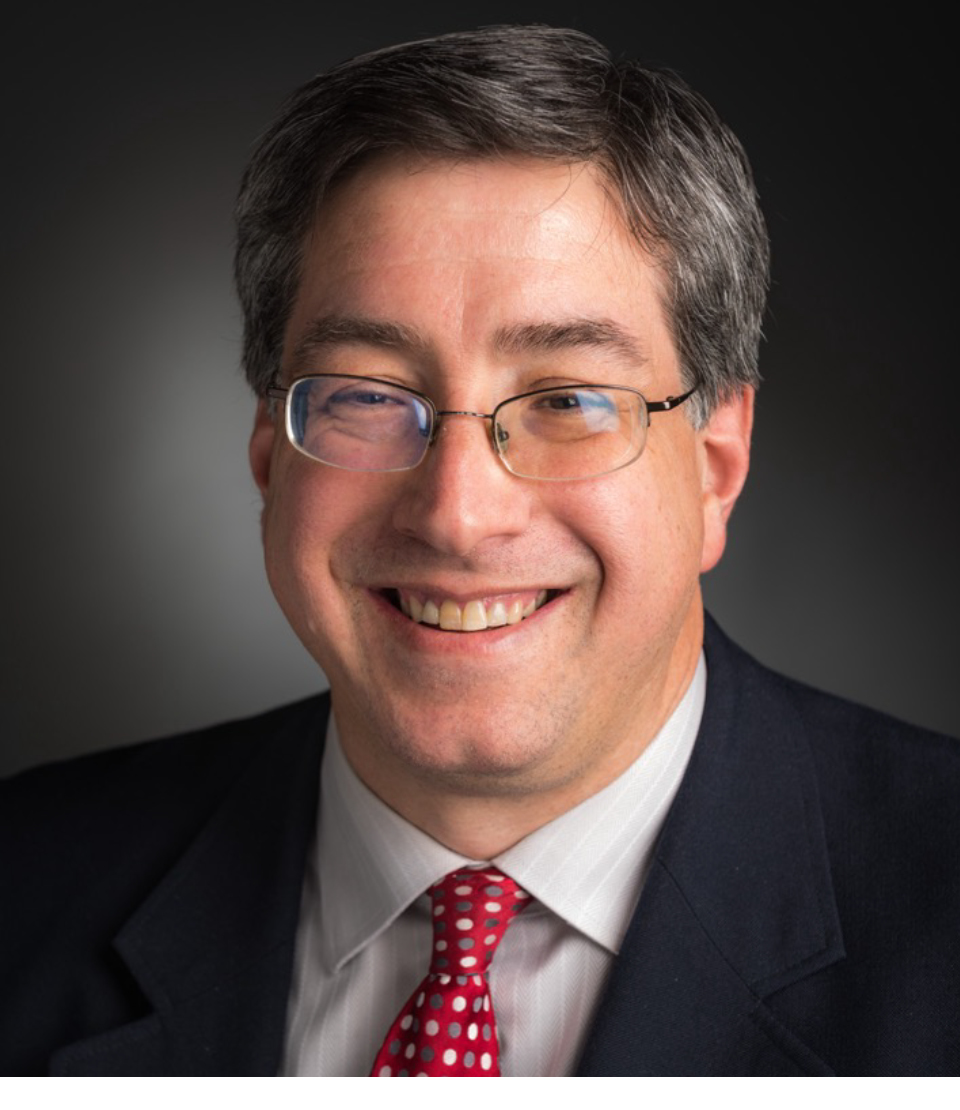
Daniel Joseph DeAngelo, MD, Chief, Division of Leukemia Institute, Physician, Professor of Medicine Harvard Medical School, Dana Farber Cancer Institute,
Boston, MA
Dr. DeAngelo received his MD and PhD from Albert Einstein College of Medicine in 1993, followed by residency in internal medicine at Massachusetts General Hospital. He served a clinical fellowship in hematology and oncology at the Brigham and Women's Hospital and Dana-Farber Cancer Institute, where he joined the staff in 1999.
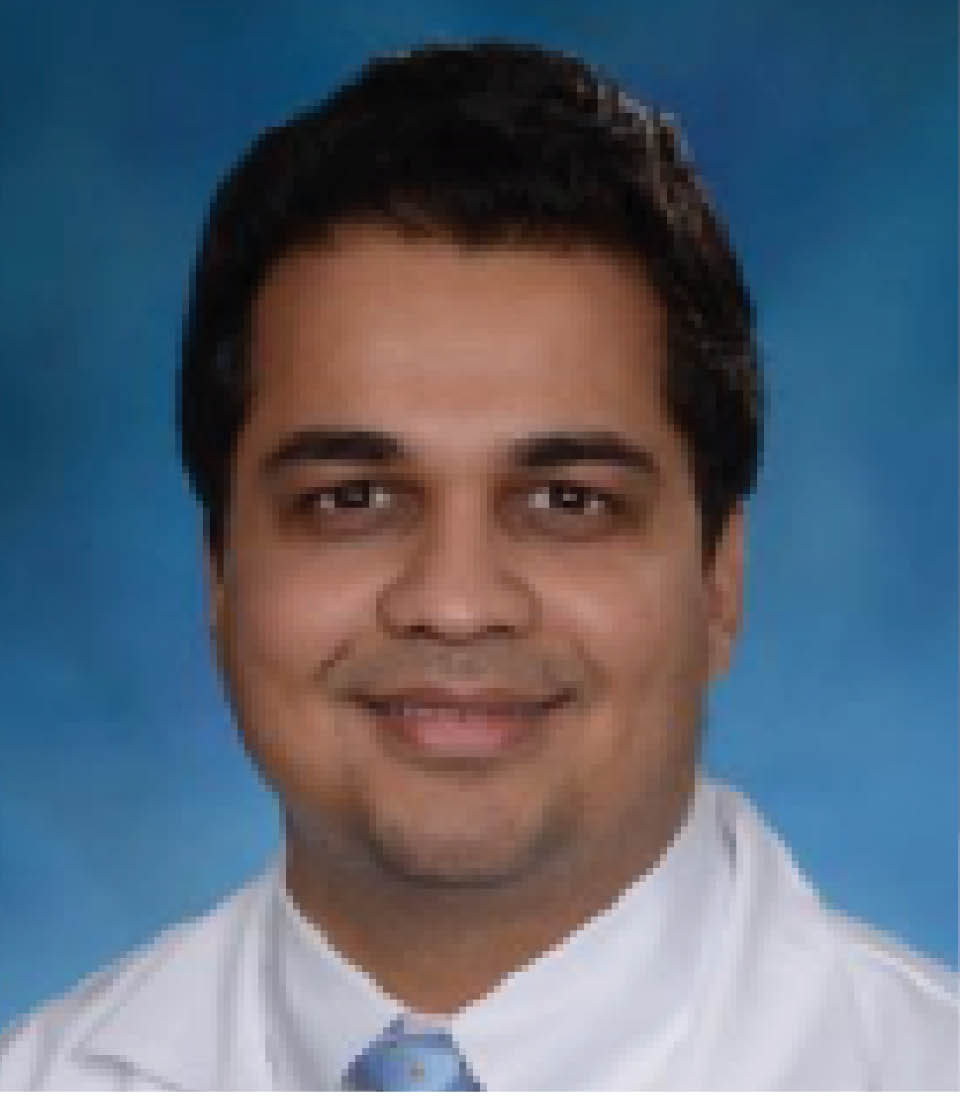
Saurabh Dahiya, MD, FACP, Associate Professor - University Medical Line Blood and Marrow Transplantation, Stanford University Stanford, CA
Dr. Saurabh Dahiya is a cancer specialist with board certification in internal medicine, hematology, and medical oncology. He is an Associate Professor at Stanford University School of Medicine and Clinical Director of Cancer Cell Therapy in the Stanford BMT and Cell Therapy division. Prior to joining Stanford, Dr. Dahiya was an associate professor of medicine at the Greenebaum Comprehensive Cancer Center at the University of Maryland School of Medicine, where he developed the Cellular Immunotherapy Program and served as the Director of Cellular Immunotherapy in leukemia and lymphoma. Dr. Dahiya’s research focuses on cellular immunotherapy for hematologic malignancies. He has led and participated in several investigator-initiated studies and sponsored clinical trials with cell therapies (CAR-T, CAR-NK, TCR-T) for hematologic malignancies. His research group is also involved in various translational research activities for the standard of care and research CAR-T therapy. Dr. Dahiya’s group was the first group to show the role of fibrinogen in Neurotoxicity associated with CAR-T therapy. They showed vascular injury as manifested by high fibrinogen levels is associated with higher Neurotoxicity in patients who receive CAR-T therapy. More recently his group led a novel study of assessing the immune response to COVID-19 disease. They evaluated the immune response in critically ill and non-critically ill patients hospitalized with COVID-19 disease and showed a differential immune response between the groups. Dr. Dahiya’s group also showed and established poor immunogenicity of COVID-19 vaccines in CART recipients. As such, passive immunity and other strategies to address the issues of immunogenicity are being explored

Bhagirathbhai Dholaria, MBBS, Associate Professor of Medicine, Division of Hematology-Oncology, Vanderbilt University Medical Center, Vanderbilt-Ingram Cancer Center, Nashville, TN
Dr. Dholaria is currently an associate professor in the Department of Hematology-Oncology at Vanderbilt University Medical Center, Nashville, TN. His areas of specialization and primary research focus are lymphoid neoplasms, plasma cell malignancies, adoptive cellular therapies, and stem cell transplantation. He has conducted studies investigating the outcomes of patients with non-Hodgkin lymphoma and acute leukemia undergoing chimeric antigen receptor T-cell (CAR-T) therapies. He is involved in translational research investigating the biomarkers of CAR T-cell therapy-associated toxicities. He has also conducted several observational studies utilizing cancer registries to study transplant outcomes of acute leukemia patients and presented his findings in national meetings. His team’s work on stem cell transplantation has been published in multiple manuscripts. His current research efforts are focused on testing novel agents to address relapse after CAR T therapy in lymphoma and multiple myeloma.

John DiPersio, MD, PhD, Virginia E. and Sam J. Golman, Professor in Medicine Director, Center for Gene and Cellular Immunotherapy, Division of Oncology Washington University School of Medicine, St. Louis, MO
Dr. John Fauster DiPersio was born in Boston Massachusetts on July 4, 1951. He received his undergraduate B.A. degree from Williams College and MD/PhD degrees from the University of Rochester in 1980. He completed his residency and chief residency in internal medicine at the UT Southwestern in Dallas Texas followed by a hematology-oncology and post-doctoral research fellowships at UCLA. Following faculty appointments at UCLA and the University of Rochester he was recruited to Washington University (WUSM) where he served as Chief, Division of Oncology and Deputy Director Siteman Cancer from 1994-2022. Currently Dr. DiPersio is the Virginia E and Sam J Golman Professor of Medicine and Pathology, Immunology and Director, Center for Gene and Cellular Immunotherapy and Assoc. Director of the Bursky Center for Human Immunology. Dr. DiPersio’s research focuses on fundamental and translational aspects of leukemia, stem cell biology and novel cellular therapies. These studies include identification of genetic abnormalities in human leukemias, understanding processes involving stem cell and leukemia cell trafficking and translational programs in both leukemia/MDS, lymphoma/myeloma and cellular therapies including stem cell transplantation. These studies include the development of novel conditioning regimens, prevention of GvHD and CRS and the discovery of novel targets and approaches for more effective immunotherapy of hematologic malignancies including BiTEs and CARTs resulting in FDA approvals and multiple practice changing clinical trials. He is developing chimeric antigen receptor T cell (CAR-T) therapies for the treatment of AML, myeloma, T-ALL and T/B-NHLs. To minimize the on-target/off-tumor toxicities of CAR-T, Dr DiPersio is engineering epitopes on CAR-T and/or stem cells used in transplantation to provide selective resistance to CAR-T therapies and targeted approaches to limit CRS. An author of 500 papers, Dr. DiPersio is the recipient of many awards including election to ASCI and AAP, President of ASTCT (2019) and SOHO (2025), NCI Board of Scientific Counselors (2013-19), ASH Mentor Award (2014), AACR J Burchenal Award (2014), ACP Harriet P. Dusten Award (2023), Am Ital. Found. Cancer Prize (2022), ASTCT E. Donnall Thomas Prize/Lecture (2024), NCI R35 Outstanding Investigator Award (2017-2024) and founder of two companies focused on cellular therapies (Magenta and WuGEN).
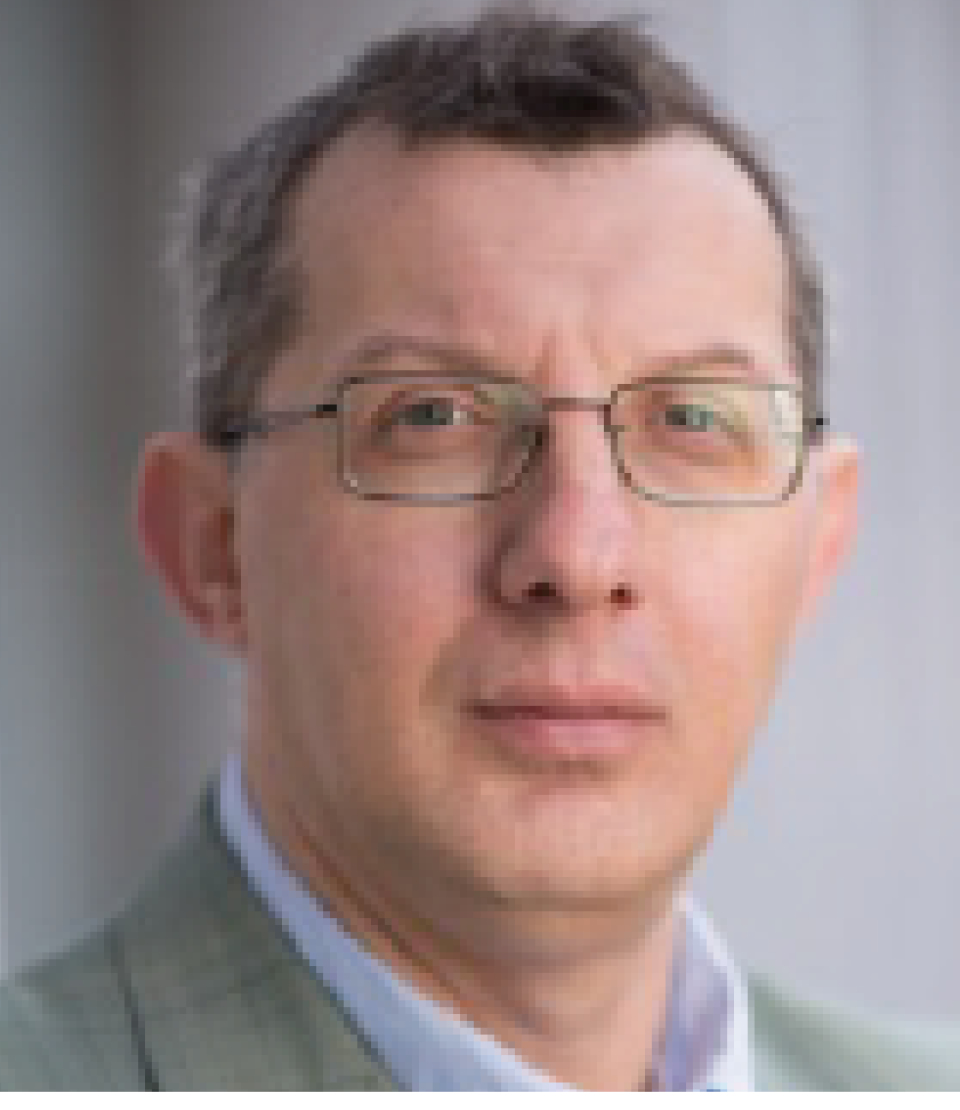
Gianpietro Dotti, MD, Professor Co-Leader, UNC Lineberger Immunology Research Program, UNC-Chapel Hill, Chapel Hill, NC
Dr. Gianpietro Dotti is a research professor of microbiology and immunology at UNC and director of the Lineberger Comprehensive Cancer Center Immunotherapy Program. Dotti received his medical degree at the University of Milan in Milan, Italy, in 1989 with subsequent clinical training and board certification in hematology at the University of Parma in Parma, Italy, in 1995. From 1996 to 1999, he completed a research fellowship in molecular biology at Ospedali Riuniti di Bergamo in Bergamo, Italy, where he developed technologies to detect minimal residual disease in hematological malignancies and studied molecular mechanisms of post-transplant lymphomas. He completed a postdoctoral fellowship in translation research at the Center for Cell and Gene Therapy at the Baylor College of Medicine in Houston, Texas. In 2002, he joined the Center for Cell and Gene Therapy at Baylor initially as an instructor and then ranking all the academic positions up to professor with tenure in 2014. It was there that Dotti studied immunotherapy strategies to treat patients with hematologic malignancies including lymphomas and leukemia. In particular, he developed the program of the CD19-specific chimeric antigen receptor in that institution and cloned a novel chimeric antigen receptor targeting the light chain of human immunoglobulins. Dotti was also involved in developing CAR-based strategies to target neuroblastoma in pediatric patients. In collaboration with Brenner he also developed the clinical phase of a novel safety switch for T-cells based on the human caspase-9. Dotti is continuing his research at UNC with particular interest in developing CAR-T cells for the treatment of solid tumors
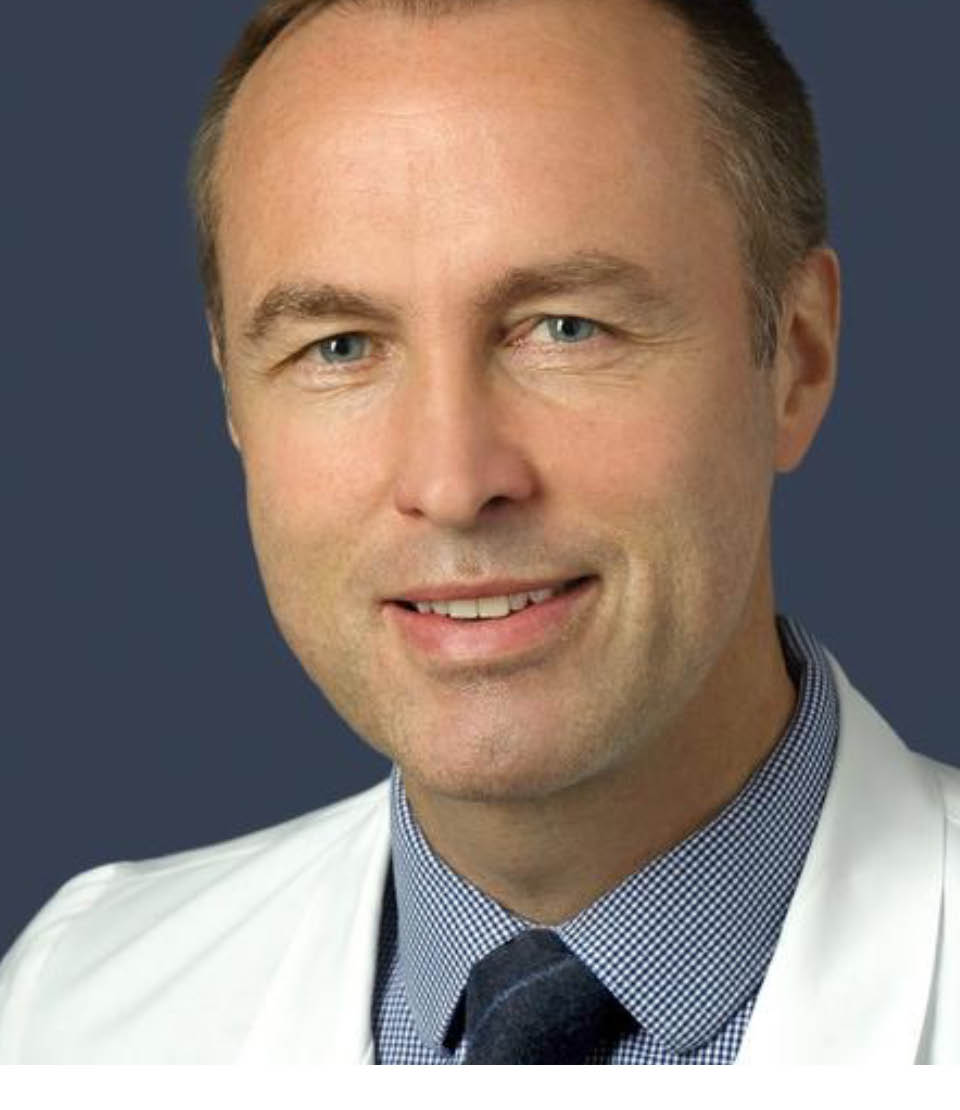
Kieron M. Dunleavy, MD, Professor of Medicine, Georgetown University, Director of Hematology, Program, Head of Lymphoma Georgetown Lombardi Comprehensive Cancer Center, Washington, DC
Dr. Dunleavy is a Professor of Medicine, Director of the Lymphoma Program and Co-Director of the Microbial Oncology Program in the Division of Hematology & Oncology at The George Washington University Cancer Center, Washington D.C., US. Prof. Dunleavy was educated at University College Dublin, and subsequently at the National Cancer Institute (NCI). Following his fellowship at the NCI, he remained on staff as an attending physician and has been the Clinical Director of the Lymphoid Malignancies Branch at the NCI. Prof. Dunleavy’s work to date has focused on the biology and treatment of lymphoid diseases. His interests include aggressive and indolent lymphomas, as well as virus-associated and microbe-associated lymphoid diseases, such as those associated with EBV and HIV. He serves on the scientific advisory board of the Lymphoma Research Foundation and on the editorial board of several journals, including Haematologica, Blood, and Leukemia & Lymphoma. Prof. Dunleavy has published over 100 manuscripts and textbook chapters and frequently presents his work nationally and internationally.
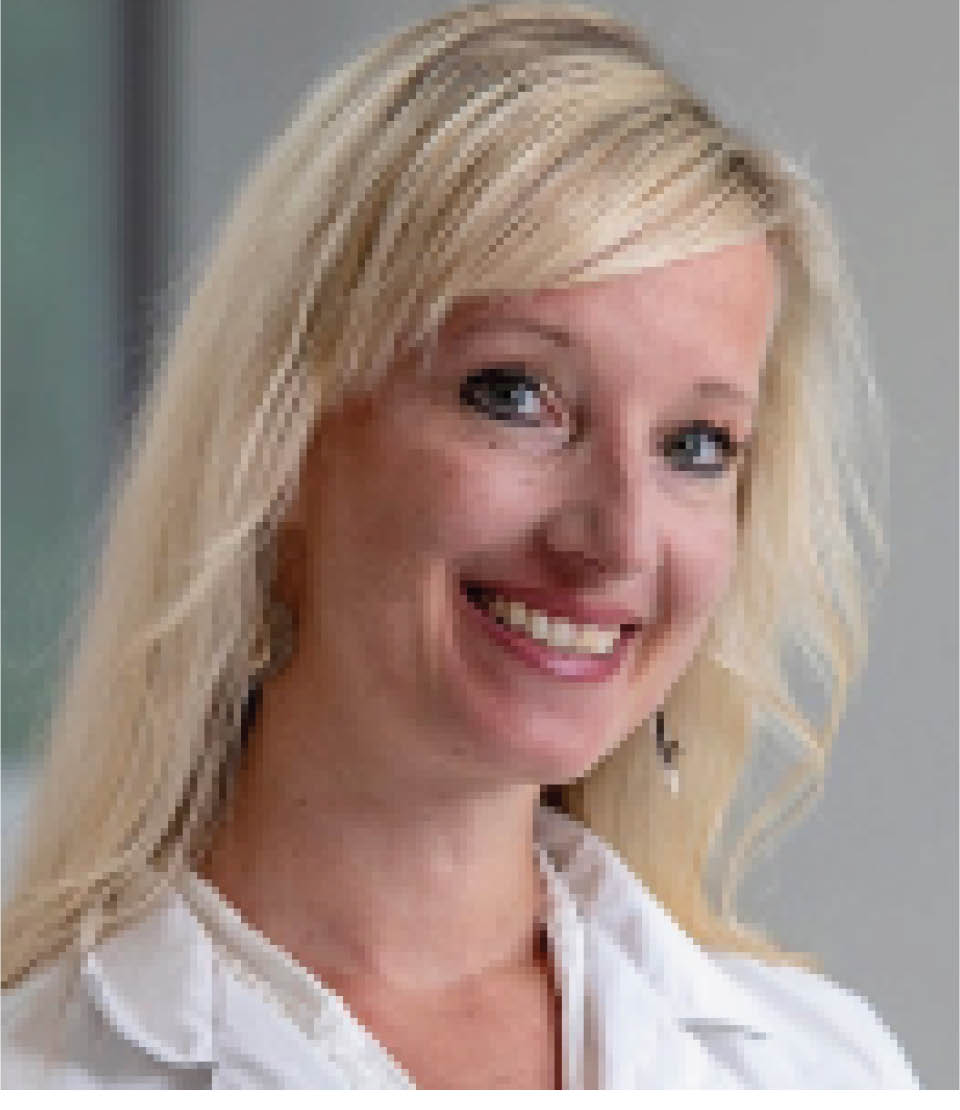
Ann-Kathrin Eisfeld, MD, Assistant Professor – Tenure Track, Division of Hematology Director, Clara D. Bloomfield Center for Leukemia Outcomes Research, The Ohio State University, Columbus, OH
Dr. Ann-Kathrin Eisfeld, MD, is currently Assistant Professor in the Division of Hematology with 80% protected research time and the Director of the Clara D. Bloomfield Center for Leukemia Outcomes Research at The Ohio State University. In this position, she leads the AML correlative studies directed at discovering associations between patient outcomes, genetic/genomic features, and clinical/demographic characteristics with investigators from OSU and multiple other national and international institutions. The goal of the Center, which is supported by dedicated biostatisticians, bioinformaticians, data managers and cytogeneticists, is to provide critical knowledge about the prognostic significance of AML-associated genetic lesions, including gene mutations and gene expression changes, to inform the best possible treatment approach for each AML patient. Special research focuses of the Center and the Eisfeld lab are efforts to understand and overcome racial- ethnic survival disparities, and disparities in our current understanding of the biology of the disease in populations currently underrepresented in most clinical and subsequent genetic studies. Her research is currently supported by the NCI (R01), the Leukemia & Lymphoma Society, the American Cancer Society, the Leukemia Research Foundation, the American Society of Hematology and Pelotonia.

Herbert A. Eradat, MD, Clinical Professor of Medicine, UCLA Lymphoma Program UCLA Bone Marrow Transplant, Cellular Therapy and CAR-T Program, David Geffen School of Medicine at UCLA, Los Angeles, CA
Dr. Eradat is a medical oncologist working at University of California specializing in medical oncology and internal medicine (adult medicine). He graduated from Rosalind Franklin University of Medicine and Science, Chicago Medical School in 2002 and has 22 years of experience. Dr. Eradat earned his medical degree from The Chicago Medical School. He completed his residency in Internal Medicine from UCLA School of Medicine and fellowship in Hematology-Oncology, from UCLA School of Medicine.
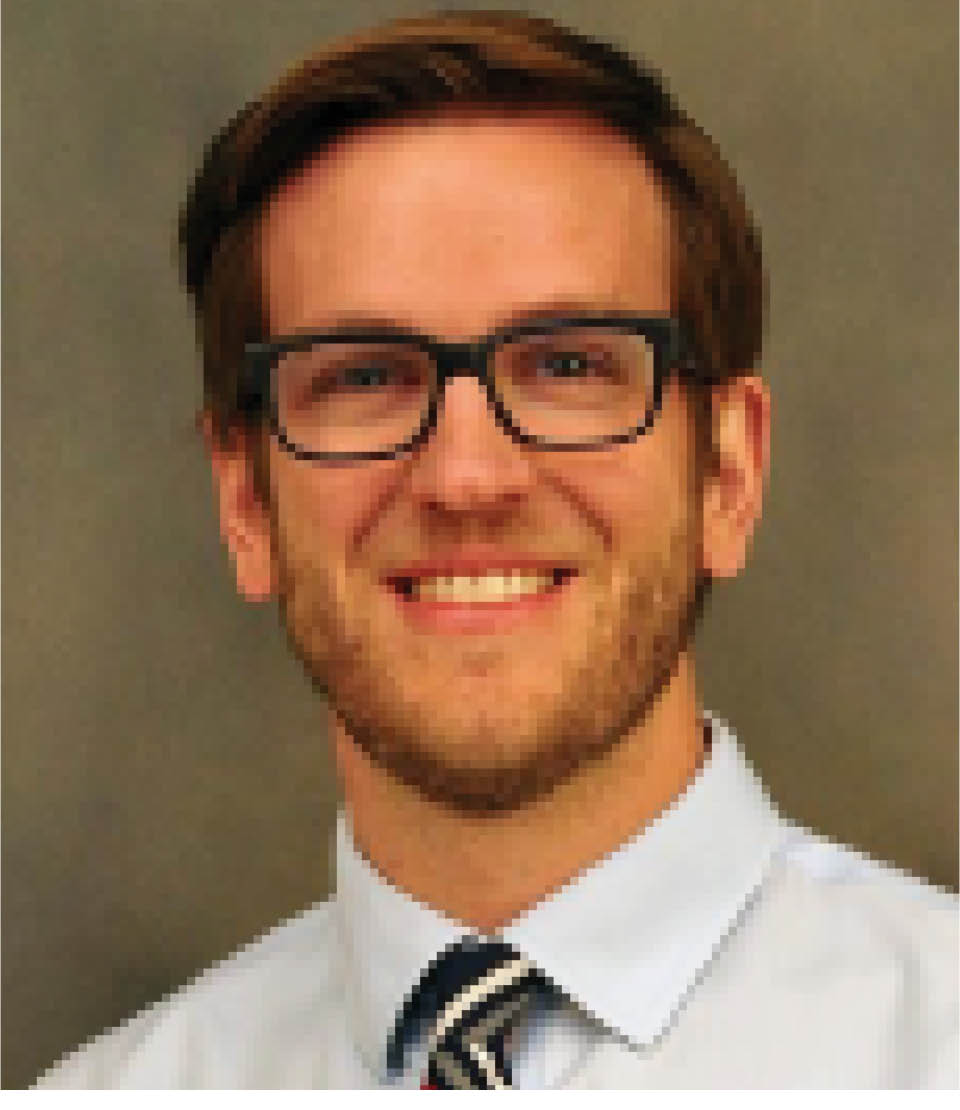
Peter Forsberg, MD, Associate Professor Medicine-Hematology, University of Colorado Hospital, Aurora, CO
Dr. Peter Forsberg is hematologist. His research is focused on developing novel strategies to treat plasma cell disorders including multiple myeloma. He works in collaboration with a group of clinical and laboratory-based researchers to better characterize the biology of plasma cell diseases, understand the heterogeneity of these disorders in individual patients and develop personalized approaches to therapy in myeloma and related diseases. He is working to identify new therapeutic targets in multiple myeloma and to identify biomarkers to predict patient responses to different treatments. He is also interested in evaluating and finding approaches to improve the quality of life in patients dealing with a group of diseases whose therapeutic landscape has evolved rapidly in the past several years. Dr. Peter Forsberg earned his medical degree from University of Colorado School of Medicine. He completed his residency in internal Medicine at the Weill-Cornell Medical College/New York-Presbyterian Hospital and fellowship from New York Presbyterian Hospital in medical oncology.

Lindsey Fitzgerald, MD, Assistant Professor, Division of Hepatology & Hematologic Malignancies, Huntsman Cancer Institute, University of Utah, George E. Wahlen Dept of Veteran Affairs Medical Center, Salt Lake City, UT
Dr. Lindsey Fitzgerald is an Assistant Professor of Medicine in the Division of Hematology and Hematologic Malignancies at Huntsman Cancer Institute at the University of Utah. She specializes in treating patients with chronic lymphocytic leukemia (CLL) and lymphomas. She also treats veterans at the George E. Wahlen Department of Veterans Affairs Medical Center in Salt Lake City. Her research interests include the management of aggressive non-Hodgkin lymphomas in the elderly population, outcomes for lymphomas treated with CAR T-cell therapy, and prevention and management of CLL-related complications.
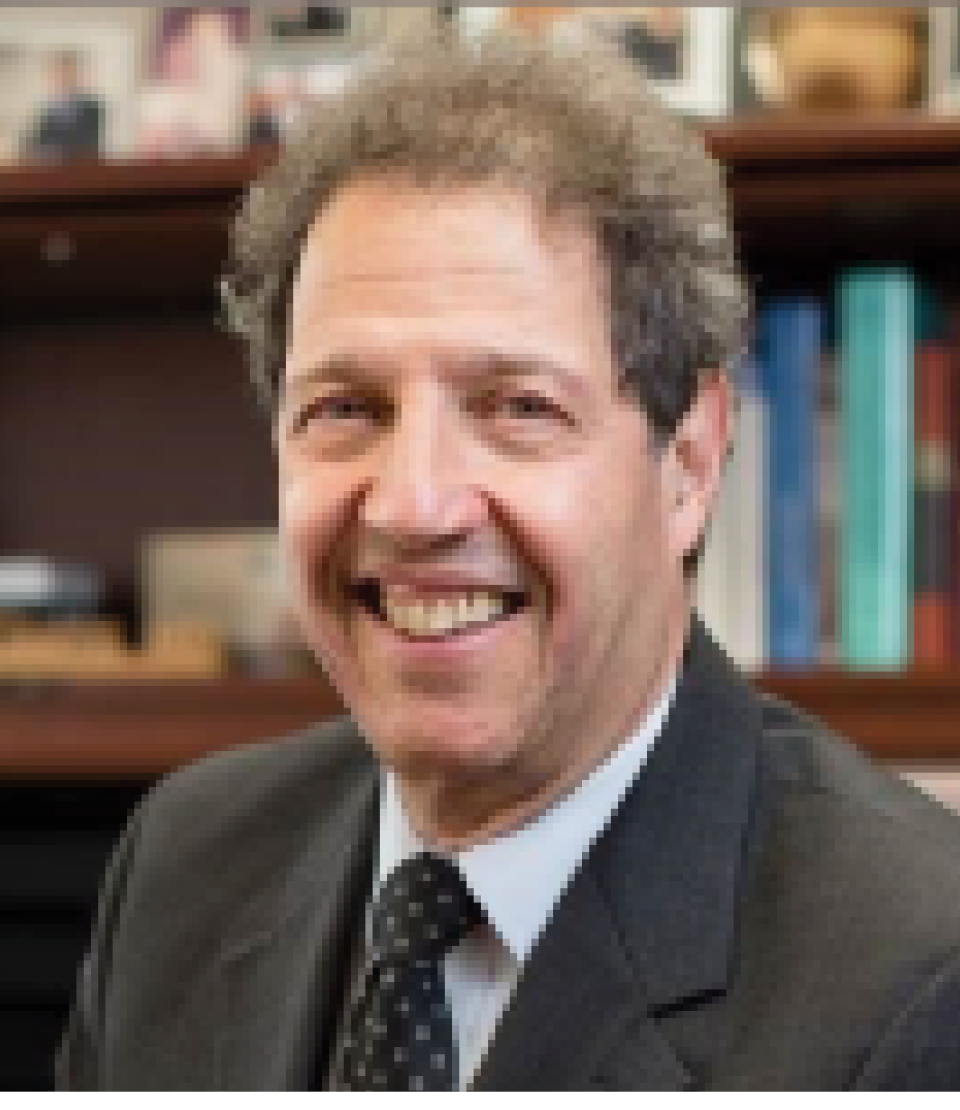
Morie Gertz, MD, MACP, Roland Seidler, Jr. Professor, Department of Medicine, Mayo Clinic, Rochester, MN
Dr. Gertz is the Roland Seidler Jr. Professor of the Art of Medicine and Chair Emeritus of the Department of Internal Medicine, at Mayo Clinic in Rochester, Minnesota. He is a Master of the American College of Physicians. Undergraduate degree was awarded with highest distinction from Northwestern University graduating Phi Beta Kappa. Dr. Gertz received his medical degree cum laude from Loyola Medical School in Maywood, Illinois and was elected to Alpha Omega Alpha the medical honor society. He completed a 3-year medical residency at Rush Presbyterian St. Luke’s Hospital in Chicago, Illinois, and was voted Resident of the Year for 2 of those years. He completed training in hematology and oncology at Mayo. He was awarded the Mayo Distinguished Clinician Award for his contributions to patient care. He served 1 year term as president of the Mayo clinic staff officers and counselors. he has served as chair of the division of Hematology and chair of the department of Medicine at Mayo Clinic Rochester. He was the first treasurer of the International Society of Amyloidosis and International Myeloma Society. He has authored over 1000 peer reviewed publications and over 90 book chapters. He serves on the editorial boards of Amyloidosis, Acta Haematologica and Clinical Lymphoma & Myeloma. He is coeditor of Neoplastic Diseases of the Blood. In 2019 The Department of Medicine awarded him its lifetime research achievement award. In 2024 he became chair of the Hematology Board for the American Board of Internal Medicine.
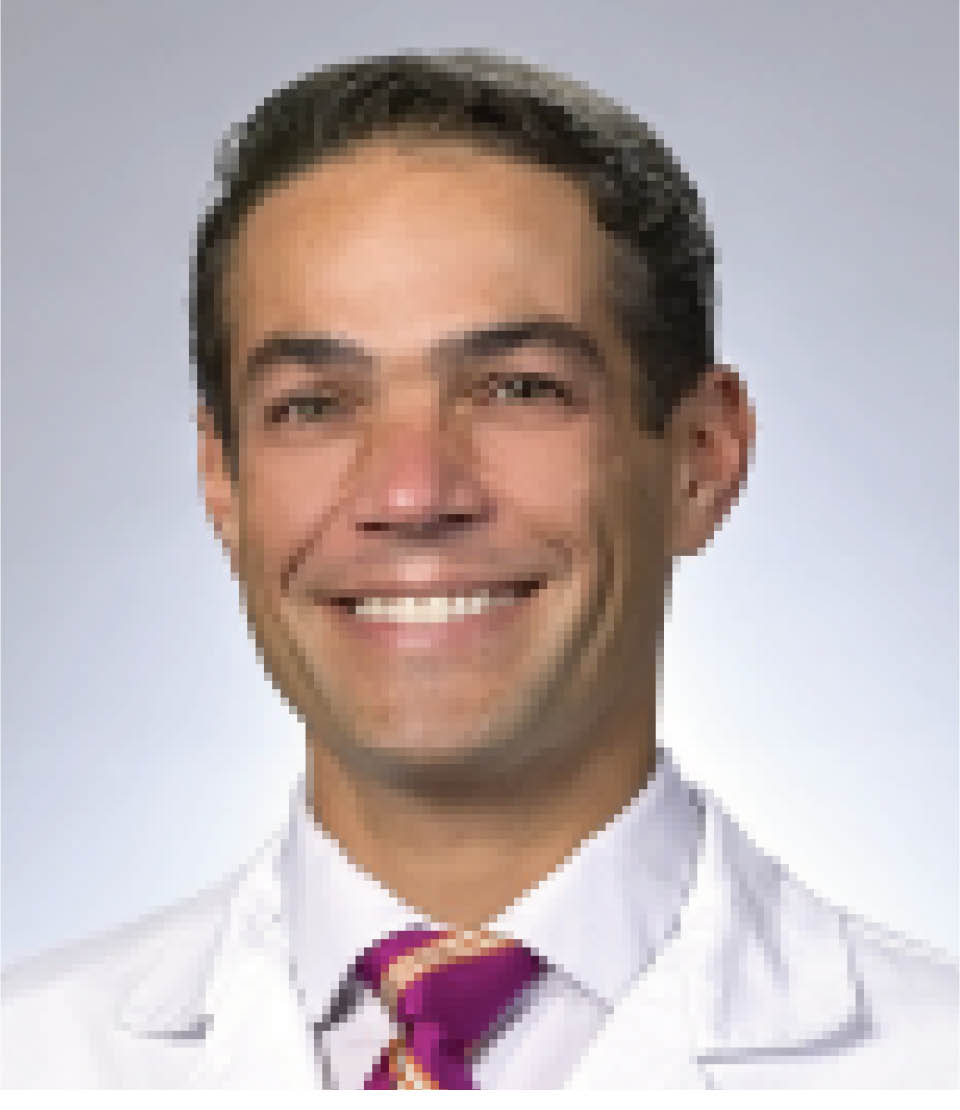
Saar Gill, MD, PhD, Associate Professor of Medicine, (Hematology-Oncology), Hospital of the University of Pennsylvania, University of Pennsylvania School of Medicine, Philadelphia, PA
Dr Saar Gill is an associate professor of medicine in the division of hematology-oncology at the University of Pennsylvania. Dr Gill trained in clinical hematology in his native Australia, followed by a post-doctoral fellowship at Stanford University. Since 2011 he has been working on developing genetically engineered immune cells for the treatment of cancer. Dr Gill is a physician-scientist who places a strong emphasis on translational research, and concepts developed in his laboratory have already led to several clinical trials for the treatment of hematologic malignancies. Dr. Gill co-founded Carisma Therapeutics with his first graduate student, Michael Klichinsky, and recently co-founded Interius Biotherapeutics. He is a member of the American Society of Hematology Scientific Sub-Committee on Myeloid Neoplasia, elected to the American Society of Clinical Investigation, a past chair of the Cancer and Gene Therapy committee of the American Society of Gene & Cell Therapy, and a co-chair of the American Society of Transplantation and Cell Therapy’s Women, Under-represented Minorities and LGBTQ Special Interest Group.
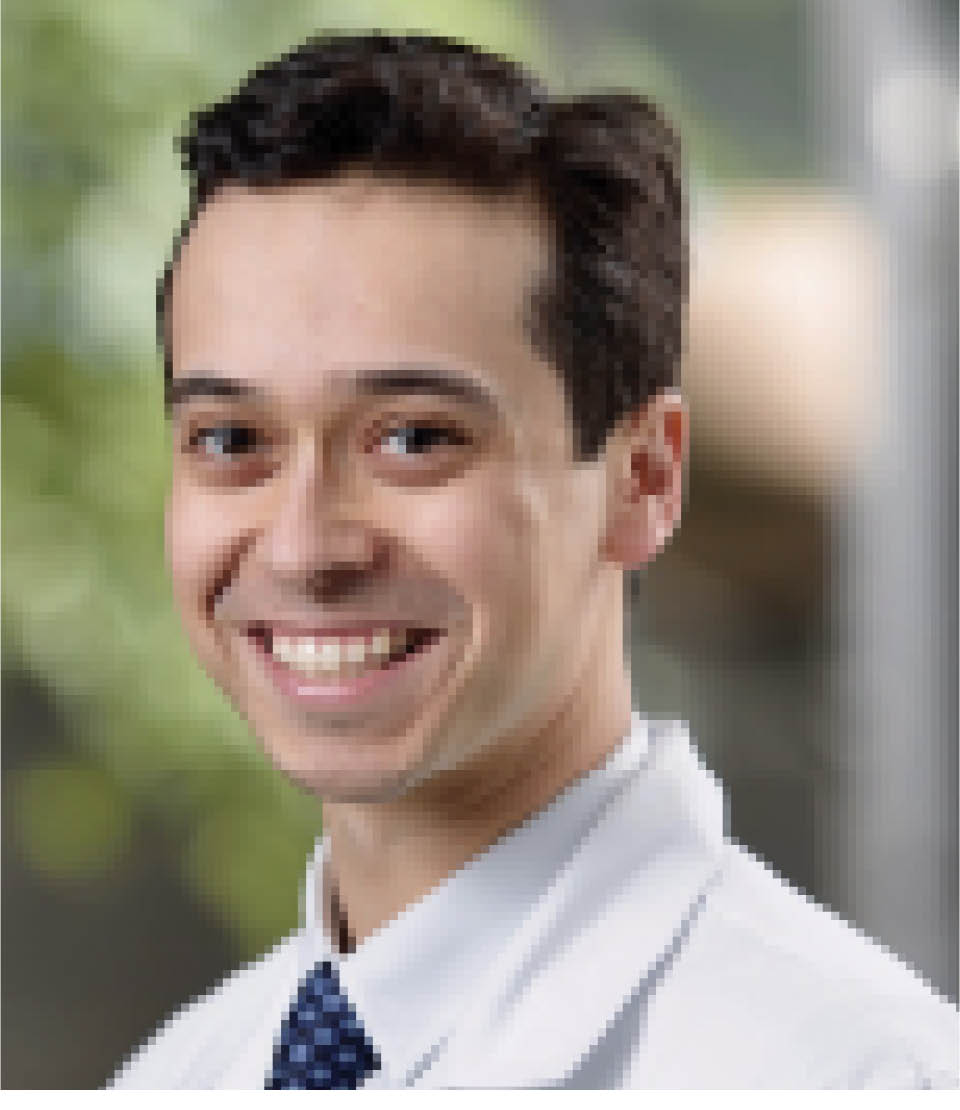
Aaron David Goldberg, MD, PhD, Assistant Professor of Medicine, Weill Cornell Medical College, Assistant Member, Memorial Sloan Kettering Cancer Center, New York, NY
Dr. Aaron Goldberg is an Assistant Attending Physician at Memorial Sloan Kettering Cancer Center (MSKCC), and Assistant Professor of Medicine at Weill Cornell Medical College in New York City. He received a bachelor’s degree magna cum laude with highest honors in History and Science from Harvard University. He earned his MD from Weill Cornell Medical College and PhD from Rockefeller University, where he studied epigenetic mechanisms of gene regulation with Dr. C. David Allis. He completed his residency in internal medicine at Brigham and Women’s Hospital, followed by a fellowship in hematology and medical oncology at MSKCC under the mentorship of Dr. Martin Tallman. In his current role, Dr. Goldberg cares for leukemia patients, leads translational research projects, and serves as the principal investigator for multiple clinical trials. His research interests focus on the development of novel therapeutic approaches for acute myeloid leukemia, including combination therapies to target residual disease, as well as evaluation of real-world outcomes of current therapy and genomic predictors of response. Dr. Goldberg currently serves as a member of the National Comprehensive Cancer Network Guidelines Panel for acute myeloid leukemia. He has received multiple awards, including a Young Investigator Award from the American Society of Clinical Oncology, and an American Society of Hematology Fellow Scholar Award in Clinical Research.
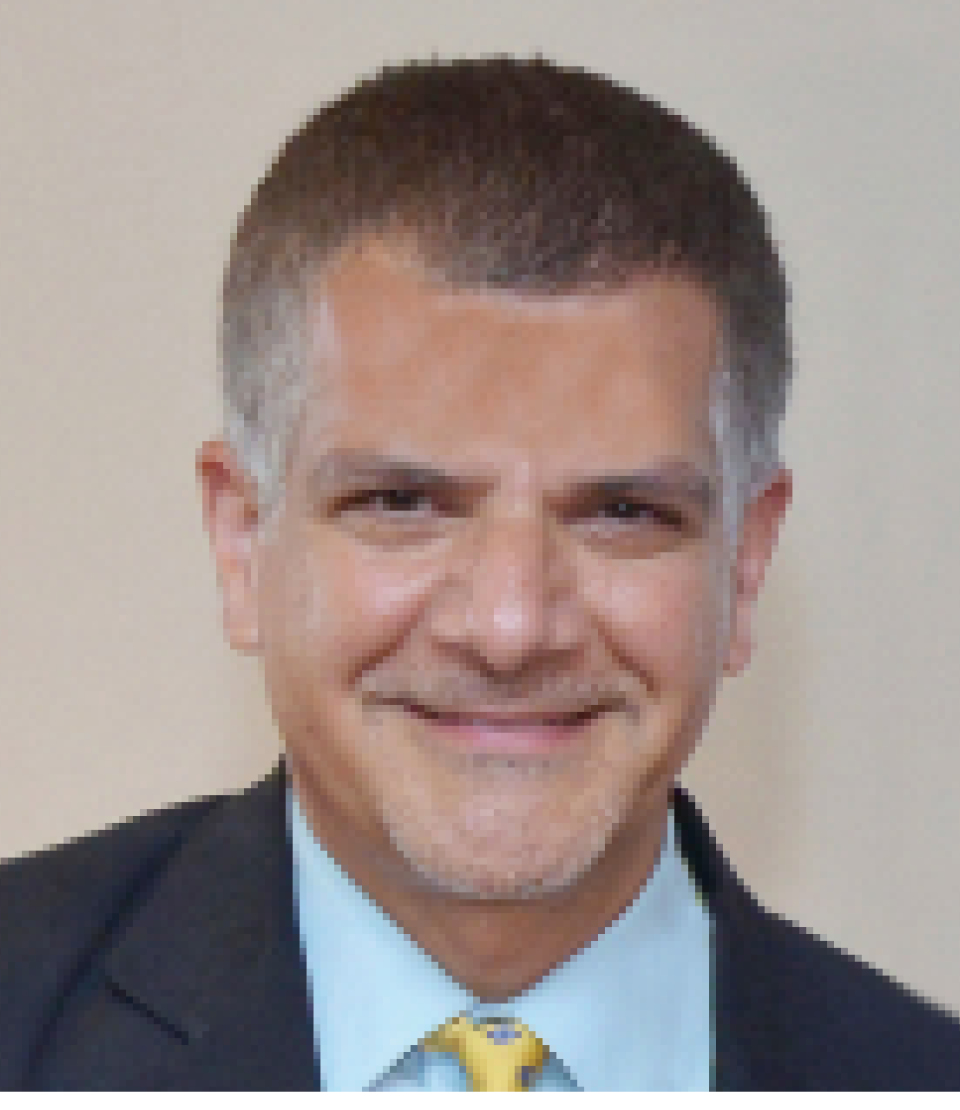
Robert Paul Hasserjian, MD, Professor of Pathology Director, Hematopathology Fellowship, Department of Pathology, Massachusetts General Hospital, Boston, MA
Dr Robert Hasserjian is Professor of Pathology at Harvard Medical School and a Hematopathologist at Massachusetts General Hospital. Dr Hasserjian received his MD from Harvard and trained in Anatomic Pathology and Hematopathology at Brigham and Women's Hospital. His research interests are in the discovery of pathologic and genetic features that impact the biology of myeloid and lymphoid neoplasms, particularly myelodysplastic syndromes and acute myeloid leukemia. Dr Hasserjian is an author of over 250 peer-reviewed publications, reviews, and chapters. He the current President of the Society for Hematopathology. He is one of the pathology leaders of the 2022 International Consensus Classification of Myeloid Neoplasms, served as a Senior Reviewer in the revised 4th edition (2017) WHO Classification of Myeloid Neoplasms, and was an expert panel member for the 2022 European Leukemia Net AML Guidelines. Dr Hasserjian is strongly committed to advancing diagnosis and education in hematopathology and has lectured on the diagnosis of leukemias and other bone marrow disorders at numerous courses and international meetings across the Americas, Europe, and Asia.

Paul A. Hamlin, MD, Medical Director, David H. Koch Center for Cancer Care Attending, Lymphoma Service - Division of Hematologic Malignancies, Memorial Sloan Kettering Cancer Center, New York, NY
Dr. Hamlin is a board-certified medical oncologist and a member of the Lymphoma Service at Memorial Sloan Kettering Cancer Center. He specializes in caring for patients with Hodgkin lymphoma and non-Hodgkin lymphoma (NHL). His clinical research interests have focused on developing novel therapies and dedicated treatment programs for older patients with lymphoma, addressing the complex interplay between aging and a cancer diagnosis. As a clinical researcher, he has been the principal investigator (PI) or co-PI of more than 30 clinical trials. His work continues to explore novel biologic and immunotherapeutic agents for the treatment of both NHL and Hodgkin lymphoma, with phase I and II trials focused on new antibody combinations, antibody-drug conjugates, immunotoxins, and small molecule inhibitors. Dr. Hamlin earned his medical degree from SUNY Health Science Center at Brooklyn. He completed his internal medicine residency from New York University Medical Center and a medical oncology fellowship from Memorial Sloan Kettering Cancer Center.

Doris Hansen, MD, Assistant Member, Department of Blood and Marrow Transplant and Cellular Immunotherapy, Moffitt Cancer Centre, Tampa, FL
Dr. Doris Hansen is an Assistant Member in the Moffitt Cancer Center Department of Blood and Marrow Transplant and Cellular Immunotherapy. Dr. Hansen earned her MD from St. George’s University School of Medicine, Grenada. She completed an Internal Medicine Residency and a Hematology/Oncology Fellowship at the University of Mississippi Medical Center in Jackson. Dr. Hansen completed a Fellowship in Blood and Marrow Transplant and Cellular Immunotherapy at Moffitt Cancer Center. Dr. Hansen’s clinical interests include autologous and allogeneic hematopoietic stem cell transplantation for disease processes such as leukemia and multiple myeloma in addition to Chimeric Antigen Receptor Therapy (CAR-T) for plasma cell dyscrasias. Dr. Hansen’s research interests include identification of strategies for longer survival, relapse prevention based on minimal residual disease (MRD) and development of a multiple myeloma CAR-T database to advance research efforts for the prevention and cure of cancer.
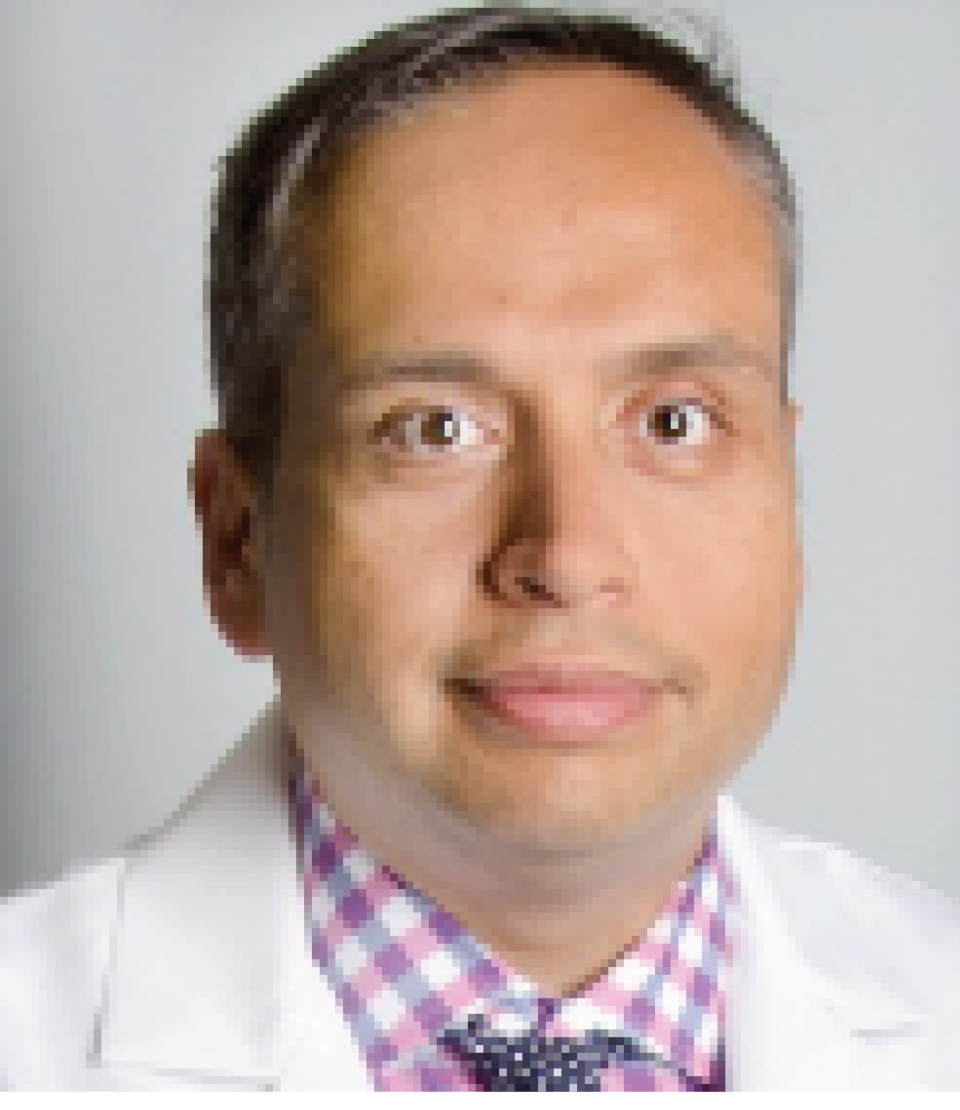
Francisco Hernandez-Ilizaliturri, MD, Director Lymphoma Program, Professor of Medicine, Department of Medicine, Roswell Park Comprehensive Cancer Center, Clinical Professor, Department of Medicine, Jacob’s School of Medicine and Biomedical Sciences, State University of New York at Buffalo, Buffalo, NY
Dr. Francisco Hernandez-Ilizaliturri is a Professor of Medicine at the Roswell Park Comprehensive Cancer Center and Clinical Professor at Jacob’s School of Medicine and Biomedical Science. His medical subspecialty experience is in the field of Hematology and he has primarily focused on the study of Lymphoma. After obtaining his medical degree from Instituto Tecnologico y de Estudio Superiores de Monterrey, Monterrey, Mexico, he finished his residency and fellowship from State University of New York at Buffalo and Roswell Park Cancer Institute respectively. His clinical and scientific research contributed to better understanding the mechanisms of resistance to monoclonal antibodies targeting CD20 in B-cell lymphoma, development of novel therapeutic strategies for patients with relapsed/refractory B-cell lymphomas, and to the identification of biomarkers of response to targeted agents.
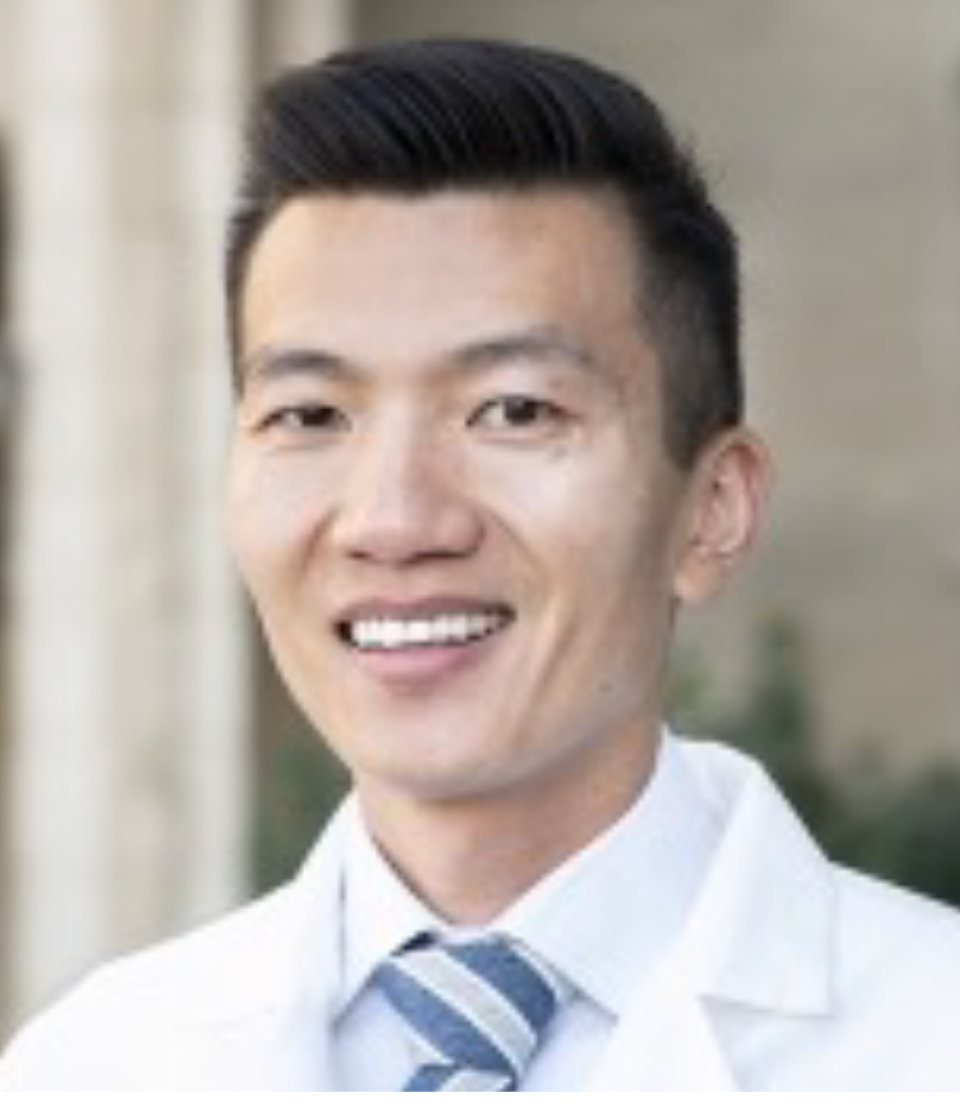
Boyu Hu, MD, Associate Professor, Director of Lymphoma and CLL, Division of Hematology/Hematologic Malignancies, Salt Lake City, UT
Dr. Hu is an Associate Professor and the Director of Lymphoma and CLL in the Division of Hematology and Hematologic Malignancies at the Huntsman Cancer Institute and the University of Utah. He is an active clinical researcher who has been heavily involved in drug development including novel drugs and treatment combinations for patients with lymphoid malignancies with a focus on chimeric antigen receptor T-cell therapies. Nationally, he serves as an institutional representative on the National Comprehensive Cancer Network B-cell Lymphoma Committee and co-chair of AHOD2131, an intergroup randomized phase III clinical trial exploring the incorporation of immuno-oncology agents into the frontline treatment of patients with early-stage Hodgkin’s lymphoma.

Swaminathan P. Iyer, MD, Professor Department of Lymphoma/Myeloma Division of Cancer Medicine, UT MD Anderson Cancer Center, Houston, TX
Dr. Iyer is an internationally recognized expert in clinical trials for cancer with two FDA approvals, in lymphoma and leukemia. In addition, he has a laboratory interest in aptamers, CAR-Ts, and machine learning approaches to predict biomarkers from whole slide images. At the University of Texas MD Anderson, he leads the T cell lymphoma (TCL) program. This involves collaboration with a multidisciplinary team in several research areas, including clinical trials with novel agents and cellular therapies, epidemiology, risk factors, and new risk prediction models. After completing medical training at Bangalore Medical College in India, Dr. Iyer completed his residency in internal medicine at Wayne State University. He completed his fellowship in hematology and oncology at the University of Miami.
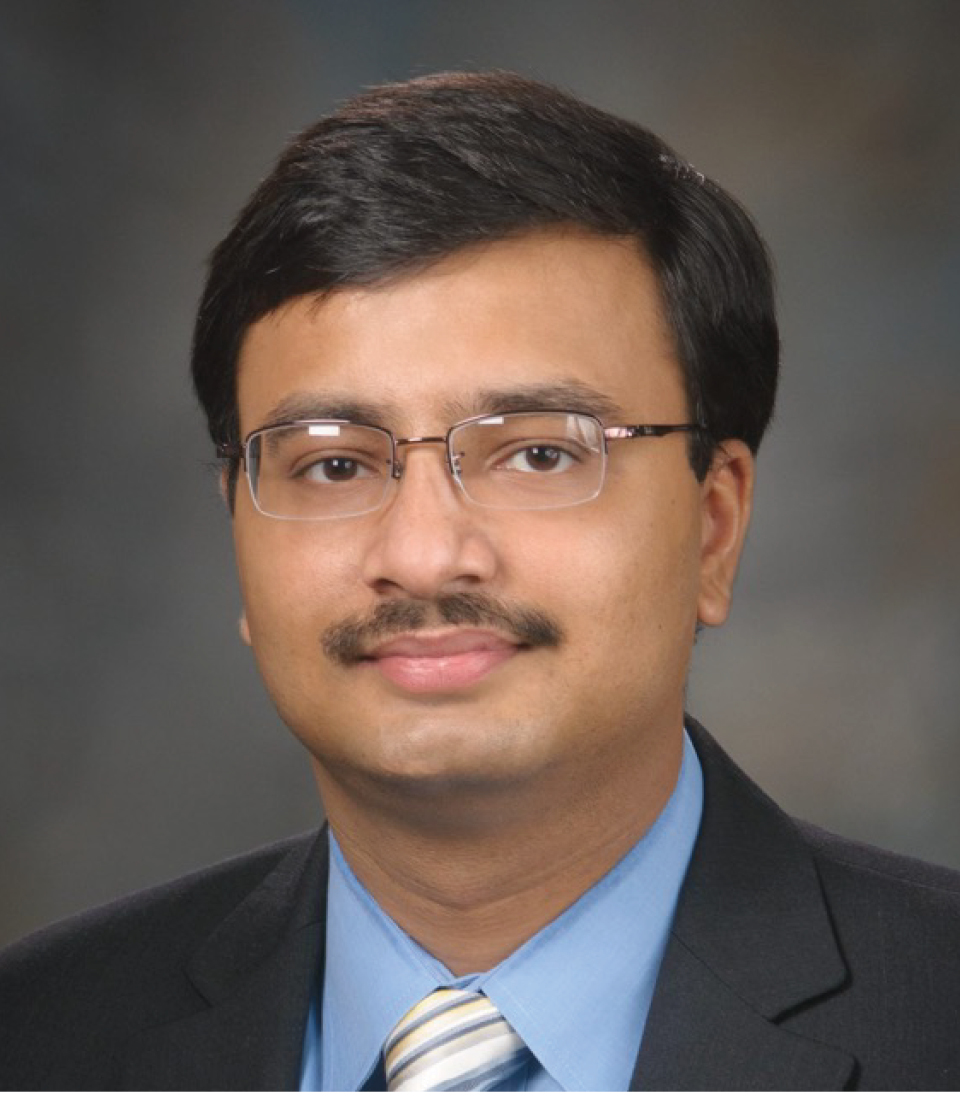
Nitin Jain, MD, Professor, Division of Leukemia, Division of Cancer Medicine, UT MD Anderson Cancer Center, Houston, TX
Dr. Jain is an Associate Professor in the Department of Leukemia at The University of Texas MD Anderson Cancer Center in Houston, Texas, USA. He treats patients with acute and chronic leukemia with focus of patients with chronic lymphocytic leukemia (CLL) and acute lymphoblastic leukemia (ALL). His research interests focus on new drug development for patients with leukemia, especially CLL and ALL. He is Principal Investigator of several investigator-initiated phase I-II clinical trials, including combination targeted therapies (ibrutinib and venetoclax) in CLL, combination of ibrutinib and chemotherapy (iFCG regimen) in CLL, checkpoint inhibitors in CLL and Richter transformation, trial with JAK2 inhibitor ruxolitinib in Ph-like ALL, novel CD22 antibody drug conjugate in B-ALL, venetoclax + chemotherapy in B- and T-ALL, and off-the-self allogeneic CART in B-ALL. Dr. Jain has published papers in prominent journals including Journal of Clinical Oncology, Blood, Clinical Cancer Research, Cancer, Leukemia Lymphoma, Leukemia Research and others. He has won many awards during his career including Sardari Lal Kalra Gold Medal in Microbiology and Merit Award from the American Society of Clinical Oncology (ASCO). He was ranked first at the national level in India in the medical school (AIIMS) entrance examination in the year 1997. He received High-Impact Clinical Research Support Award from MD Anderson Cancer Center in the year 2014 and 2016. He has served as a faculty on American Society of Hematology CRTI workshop for year 2017 and 2018. He is recipient of Sabin Family Foundation Award in 2018. He earned his medical degree from the All India Institute of Medical Sciences (AIIMS), New Delhi, India in 2002. He then moved to the United States and completed his Internal Medicine residency training at the Medical College of Wisconsin, Milwaukee, Wisconsin. He then completed a year of clinical fellowship in Leukemia at MD Anderson Cancer Center followed by another year of Leukemia research fellowship at the Memorial Sloan-Kettering Cancer Center in New York. He then pursued fellowship in Hematology/Oncology at the University of Chicago. He was then recruited as a faculty member in the Department of Leukemia at MD Anderson Cancer Center in 2012
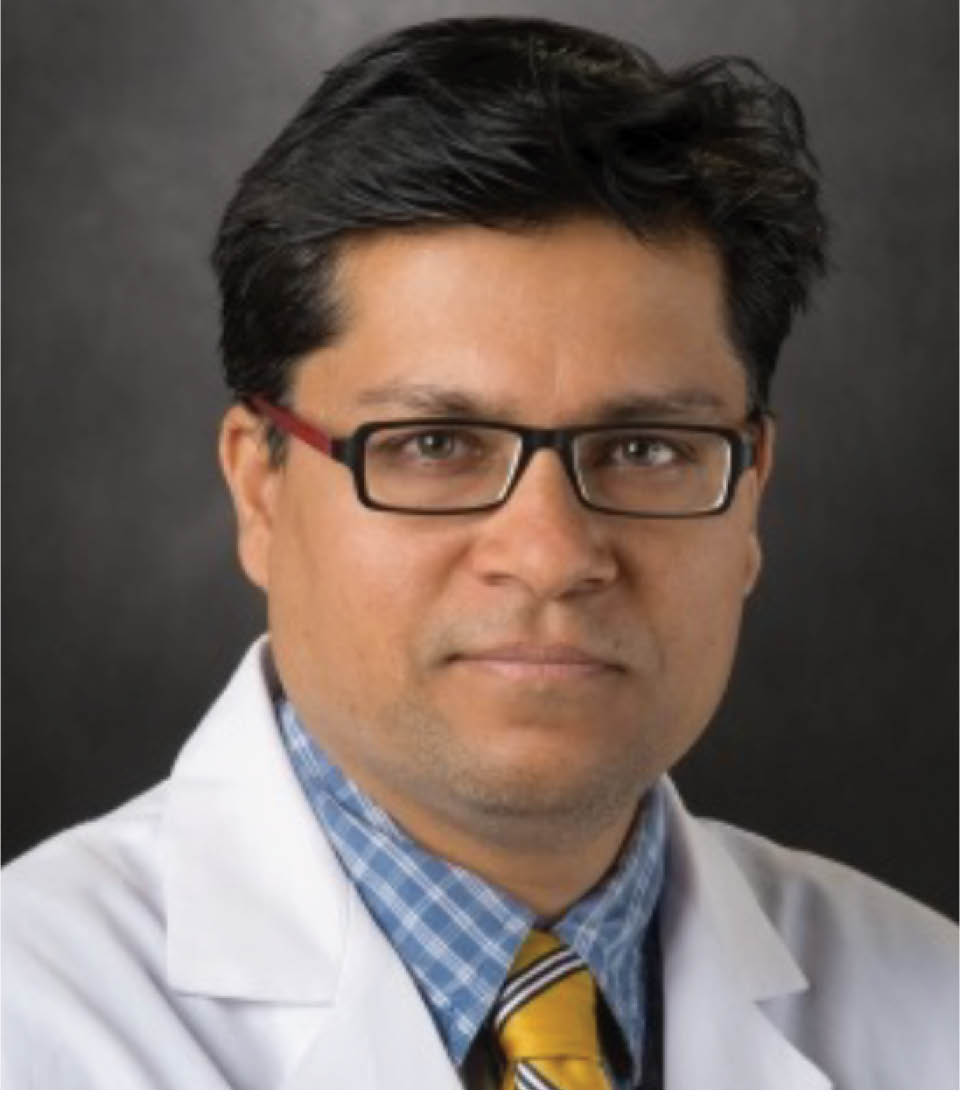
Preetesh Jain, MBBS, MD, DM, PhD, Assistant Professor, Department of Lymphoma and Myeloma, UT MD Anderson Cancer Center, Houston, TX
Dr. Preetesh Jain was previously trained in general medicine and medical oncology in India. Following his medical schooling for each he repeated all his clinical training in the US. Dr Jain has also completed a PhD in molecular medicine on “Th17-IL-17 axis in CLL” at Feinstein Institute for Medical Research, Manhasset, New York. Furthermore, He has undergone further training at University of Texas- Houston and MD Anderson Cancer Center since 2012. In 2020 Dr. Jain was welcomed into his current role as Assistant Professor within the department of Lymphoma and Myeloma. He is a clinical investigator and translational researcher focusing on mantle cell lymphoma and works with Dr Wang within the Mantle Cell Lymphoma group at MD Anderson. Dr Jain has received multiple awards for his research in lymphoma and leukemia and has been an invited speaker at national and international conferences. He is an invited reviewer for articles in various journals and has published several research papers. He is the principal investigator on Phase III randomized MANGROVE study in MCL at MDACC, He has authored many articles in high-impact peer-reviewed journals such as the Blood, Blood advances, Lancet Oncology, Lancet Hematology, Clinical Cancer research, Journal of Clinical Oncology, American Journal of Hematology, and the British Journal of Hematology. His work has been cited several times by other investigators with an H-index of 35
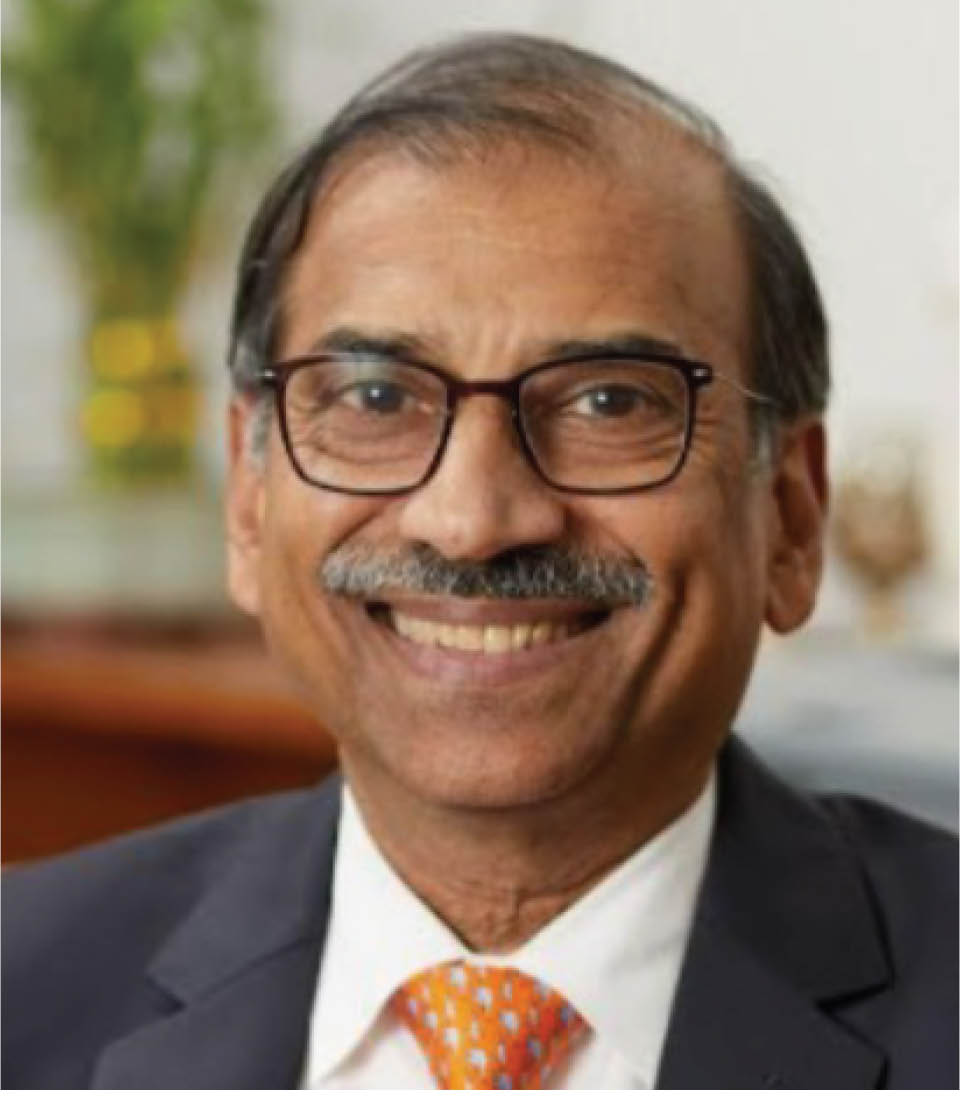
Sundar Jagannath, MD, Professor of Medicine Director, Multiple Myeloma Center of Excellence, Mount Sinai Hospital, New York,, NY
Dr. Sundar Jagannath is the Director of the Multiple Myeloma Center of Excellence at Tisch Cancer Institute, Mount Sinai Hospital, New York, NY. He is also a Professor of Medicine and Mount Sinai Endowed Chair for Multiple Myeloma at Mount Sinai School of Medicine. A renowned expert in Multiple Myeloma and Bone Marrow Transplantation, Dr. Jagannath has published extensively on these topics and is often an invited presenter at professional organizations’ annual meetings. He is editor-in-chief of Clinical Lymphoma, Myeloma & Leukemia and a peer reviewer for many other journals. Dr. Jagannath is a board member of the Society of Hematologic Oncology. He is an active member of the American Society of Clinical Oncology and the American Society of Hematology. In 2003, Dr. Jagannath received the Humanitarian Award from the Multiple Myeloma Research Foundation, and in 2006, 2009, and 2010 he was the recipient of the Foundation’s Laugh for Life Award. In 2017, Dr. Jagannath received the Innovator Award from the Multiple Myeloma Research Consortium (MMRC). Most recently, Dr. Jagannath received the 2018 Fellow of the American Society of Clinical Oncology Award (FASCO)
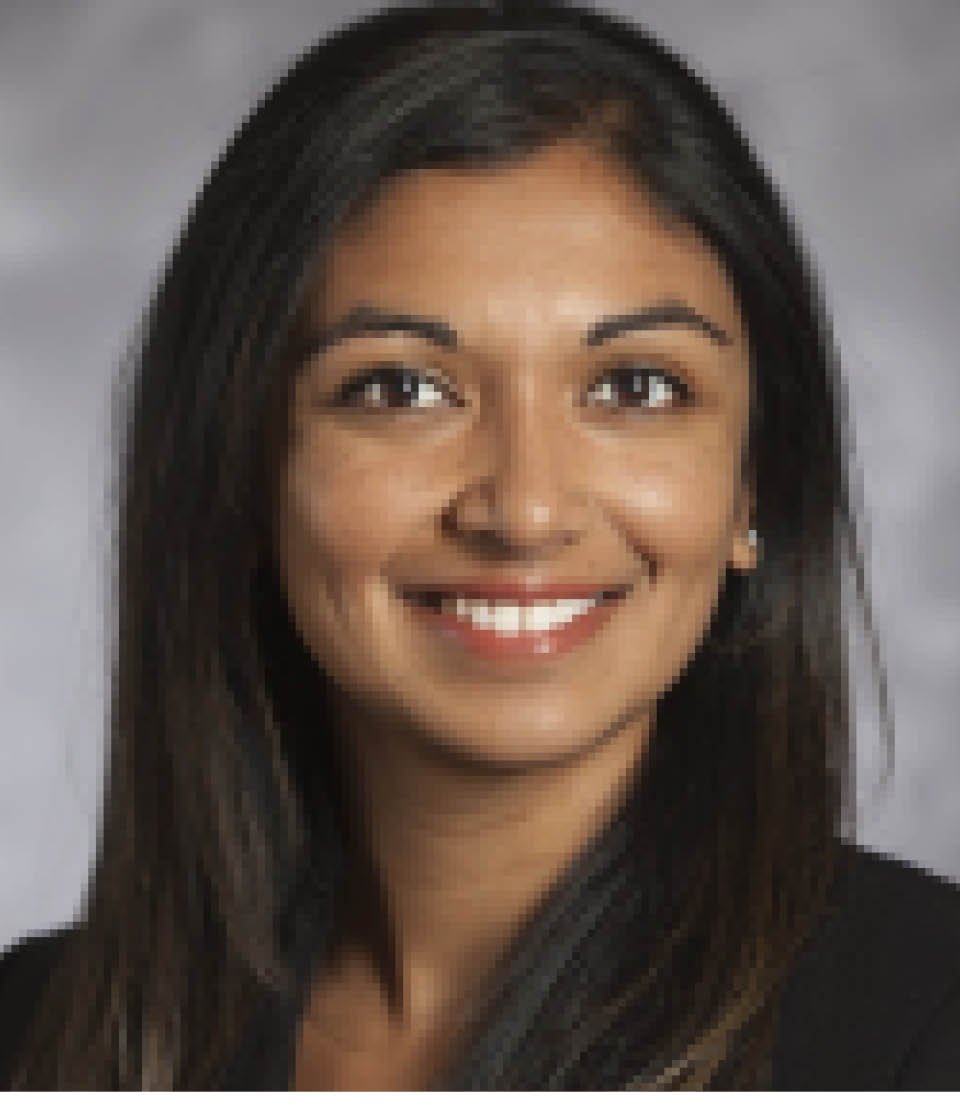
Nisha Joseph, MD, Associate Professor Department of Hematology and Medical Oncology, Winship Cancer Institute, Emory University, Atlanta, GA
Dr Nisha Joseph is Associate professor in the Department of Hematology and Medical Oncology at Emory University School of Medicine in Atlanta, GA. She received her medical degree from The Ohio State University School of Medicine in Columbus. She completed both her residency in internal medicine and fellowship in hematology and medical oncology at Emory University, where she served as chief fellow in her final year. Board certified in hematology and medical oncology, Dr Joseph specializes in treating patients with plasma cell disorders including multiple myeloma and amyloidosis. She is also an active clinical researcher in the fields of multiple myeloma, amyloidosis, and bone marrow transplant. Dr Joseph is a leader of the Emory Myeloma Clinical Trials working group, a member of the Clinical and Translational Review Committee and the Discovery and Developmental Therapeutics Research Program at Winship Cancer Institute, and she serves as the Hematology course director for the Emory University School of Medicine. She holds professional memberships with American Society of Clinical Oncology, American Society of Hematology, and International Myeloma Society. Dr Joseph was named the first H.J. Khoury Fellow in Leukemia and Bone Marrow Transplantation prior to joining the faculty at Winship Cancer Institute in 2018.
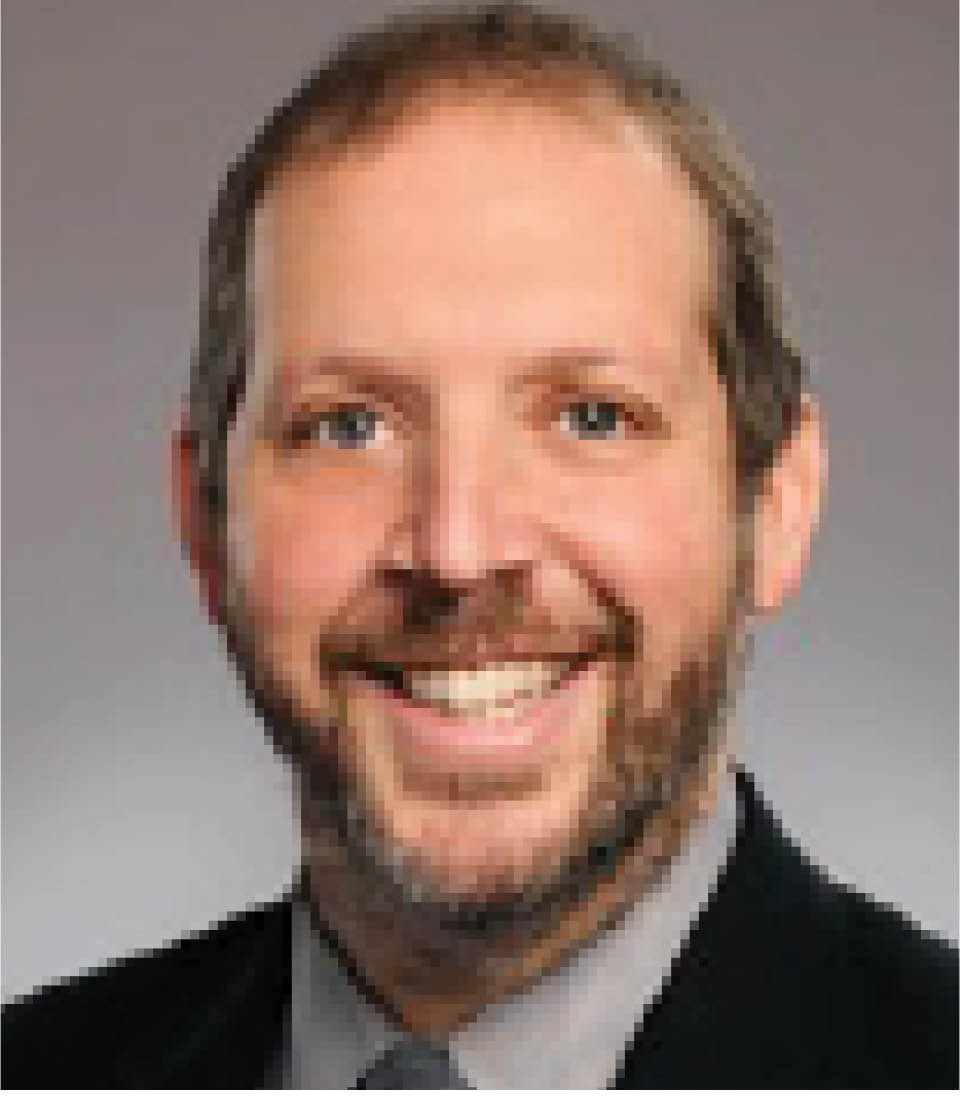
Jonathan L. Kaufman, MD, Professor of Medicine, Department of Hematology and Medical Oncology, Winship Cancer Institute of Emory University, Atlanta, GA
Dr. Jonathan L. Kaufman, MD, is professor in the Department of Hematology and Medical Oncology at Emory University School of Medicine. Board certified in hematology and medical oncology, Dr. Kaufman's practice includes treating multiple myeloma and amyloidosis patients at Emory University Hospital. As a network physician, he started practicing with Emory Healthcare in 2005. He is also an active clinical and translational researcher in the fields of multiple myeloma, amyloidosis, and bone marrow transplant. Dr. Kaufman is a member of the Discovery and Developmental Therapeutics Research Program at Winship Cancer Institute. He also holds memberships with American Society of Clinical Oncology and American Society of Hematology. He earned his Medical Degree from the Medical College of Georgia in Augusta. He subsequently completed his Residency in Internal Medicine and his Fellowship in Hematology and Oncology at Emory University. Dr. Kaufman's research focus is on the development of optimal treatment regimens and new drug development for patients with plasma cell disorders
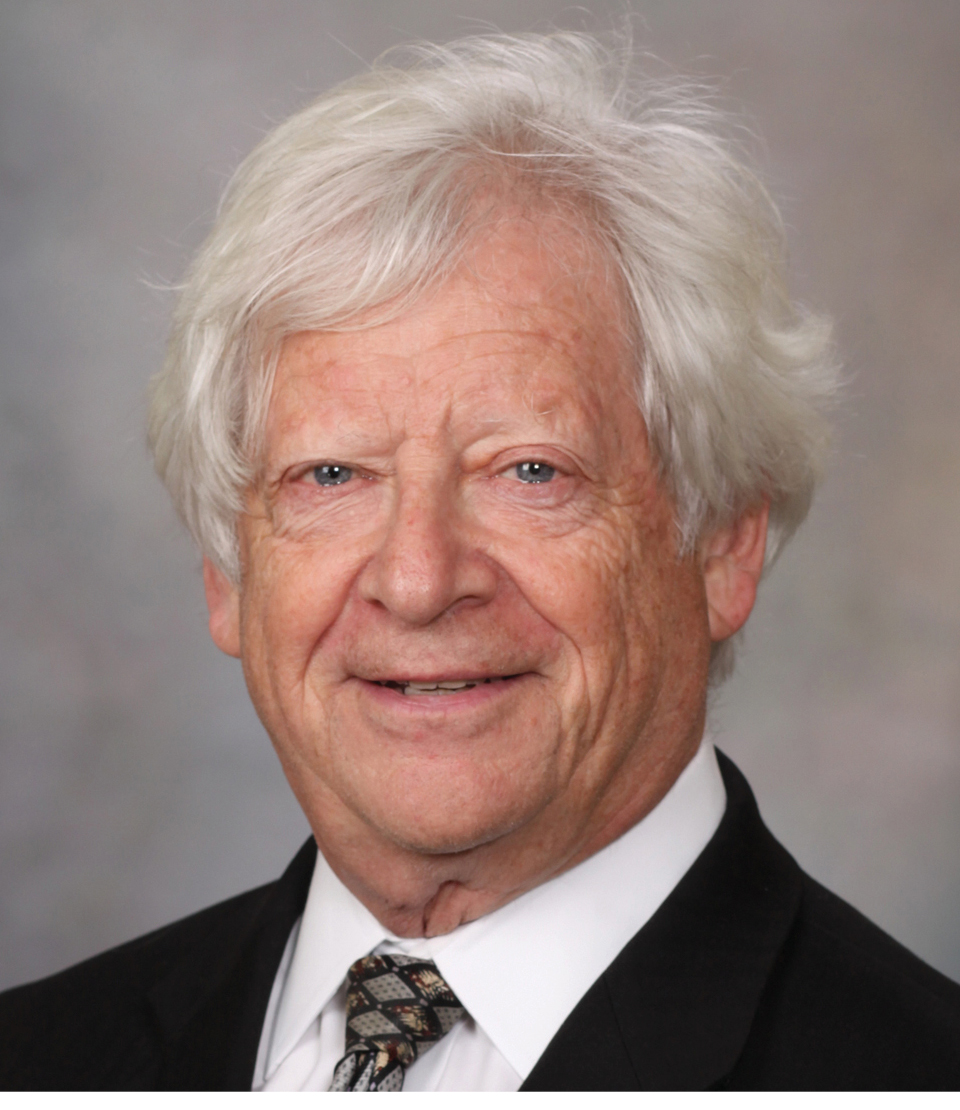
Neil E Kay, MD, Professor of Medicine Consultant - Division of Hematology, Department of Internal Medicine, Mayo Clinic, Rochester, MN
Dr. Neil Kay is a Professor of Medicine, a Staff Consultant and a Career Scientist in the Division of Hematology, Department of Medicine at the Mayo Clinic. His medical subspecialty experience is in the field of Hematology and he has primarily focused on the study of B-Chronic Lymphocytic Leukemia (CLL). This work has led to national and international recognition of the Mayo Clinic CLL Research Program. He is also a member of the Eastern Cooperative Oncology Group where he is a core leukemia committee member and is a member of the National Cancer Institute Leukemia Steering Committee. Dr. Kay has been intimately involved in the development and conduct of unique clinical trials for early stage CLL as well as upfront progressive CLL. He is currently a co-investigator on two major North American Intergroup phase three trials for upfront progressive CLL, including the game changing clinical trial E1912 that established novel agent-based therapy as superior to chemoimmunotherapy and The NAIG trial that is studying doublet novel agent therapy versus time limited triplet novel agent therapy in progressive CLL. He is known for his basic and translational biologic research in CLL where he focuses on the genetic features of CLL B cells as they relate to prognosis, immunologic status of the CLL patient, interactions of CLL B cells with its microenvironment, as well as the clinical, prognostic and biologic aspects of monoclonal B cell lymphocytosis, the precursor to overt CLL requiring therapy.

Tapan Kadia, MD, Professor, Department of Leukemia Division of Cancer Medicine, UT MD Anderson Cancer Center, Houston, TX
Dr. Kadia is a Professor in the Department of Leukemia at The University of Texas MD Anderson Cancer Center in Houston, Texas. He also serves as co-Leader of the sections of AML and developmental therapeutics. Dr. Kadia is actively involved in clinical and translational research for the treatment of patients with leukemia. His particular focus is on developmental therapeutics in acute leukemia, including individualized frontline therapy, biologically rational targeted therapy, and longer-term maintenance strategies in AML and ALL. He is primary investigator on numerous trials in acute myeloid leukemia, T-cell leukemias, bone marrow failure states, and is a leader in these. He has received numerous academic and clinical honors and awards for his studies and clinical research. Additionally, he’s authored over 350 peer-reviewed articles, and numerous abstracts, and has been invited to speak nationally and internationally about his work. Dr. Kadia received his medical degree from Robert Wood Johnson Medical School in Piscataway, New Jersey. He completed his clinical internship in 2002, clinical residency in 2004, and chief residency in 2005, each at Baylor College of Medicine Affiliated Hospitals in Houston, Texas. In 2008, he completed his clinical fellowship in hematology/oncology at The University of Texas MD Anderson Cancer Center in Houston, Texas.

Marina Kremyanskaya, MD, PhD, Associate Professor of Medicine, Hematology and Medical Oncology, Icahn School of Medicine at Mount Sinai, New York, NY
Dr. Kremyanskaya, is an Associate Professor of Medicine, Hematology and Medical Oncology, at the Icahn School of Medicine at Mount Sinai. She serves as the medical director for the inpatient oncology unit at The Mount Sinai Hospital, where she provides medical oversight in the management of hospitalized cancer patients. Dr. Kremyanskaya’s clinical focus is on acute myeloid leukemia (AML) and other myeloid malignancies such as myeloproliferative neoplasm (MPN), myelodysplastic syndromes (MDS), chronic myeloid leukemia (CML), and other myeloid blood cancers. She works as a part of a multidisciplinary team to provide high quality, patient-centered care and to ensure the best possible outcomes. Dr. Kremyanskaya is actively involved in the development of novel therapies for patients with MPN and AML, and is leading numerous clinical trials investigating better treatment options for these relatively rare conditions. She has authored multiple peer-reviewed publications and book chapters

Catherine (Katie) Lai, MD, MPH Associate Professor Physician Leader, Leukemia Clinical Research Unit University of Pennsylvania Perelman Center for Advanced Medicine, Philadelphia, PA
Dr. Lai is passionate about improving clinical outcomes in acute leukemias and myeloid malignancies. Dr. Lai specializes in detection, monitoring, and treatment through clinical trial research in novel drug development and measuring physiologic age to improve early mortality and survival and minimize chemotherapy toxicity. After completing internal medicine residency at the University of Illinois Chicago, Dr. Lai completed a fellowship in hematology/oncology at the National Cancer Institute of the National Institutes of Health. Prior to joining Penn, Dr. Lai served as the Director of Leukemia at MedStar Georgetown University Hospital’s Lombardi Comprehensive Cancer Center in Washington, DC. In her current role, she is the Physician Leader of the Leukemia Clinical Research Unit. Dr. Lai received her master’s in Public Health in Epidemiology from George Washington University. Through her enthusiasm and leadership, Dr. Lai has partnered with the Leukemia and Lymphoma Society to establish a Philadelphia Leukemia Consortium to collaborate with local institutions. She is also Co- Director of the Penn Geriatric Oncology Core which focuses on the complete care of older adults with cancer.
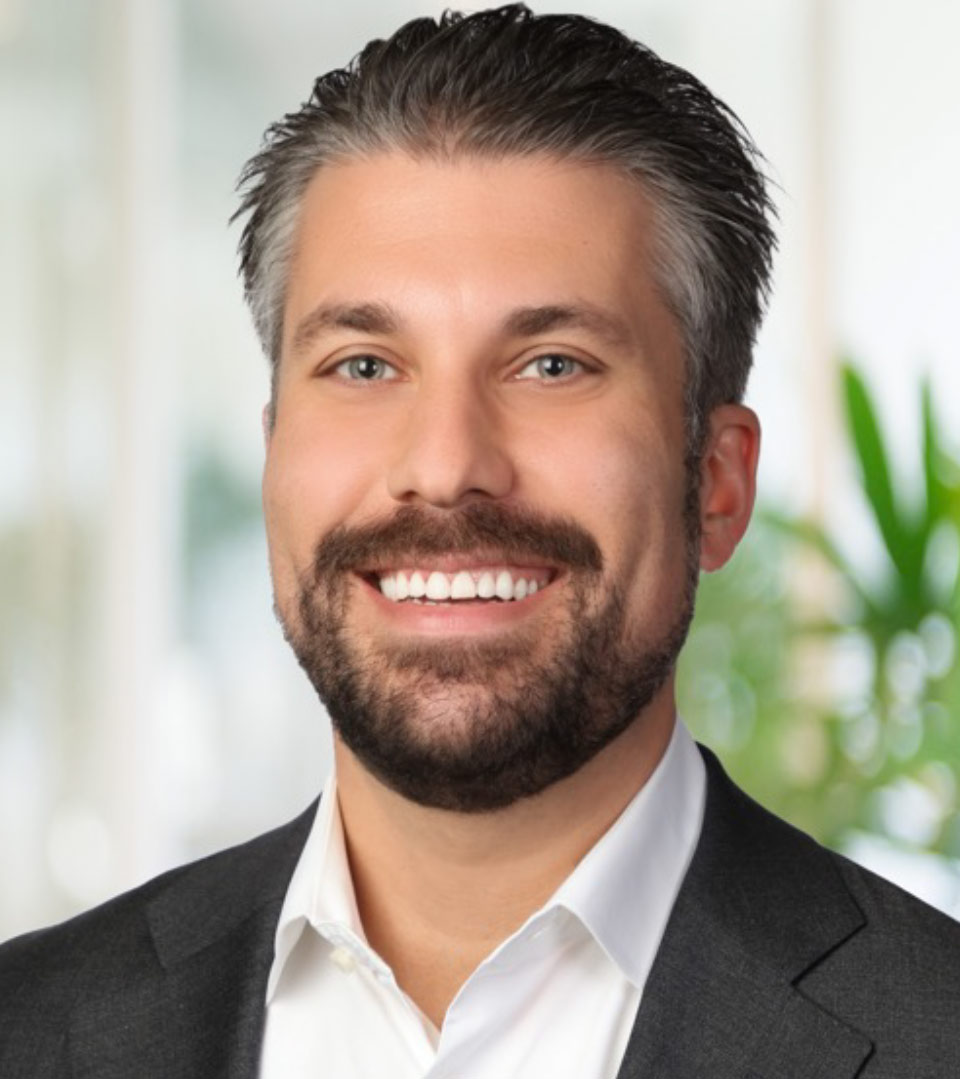
Andrew H. Lipsky, MD, Assistant Professor, Medicine, Columbia University Medical Center, New York, NY
Dr Lipsky is an Assistant Professor of Medicine at the Columbia University Medical Center. He specializes in caring for adult patients with hematologic malignancies, including chronic lymphocytic leukemia (CLL) and lymphoma. His research focuses on cancer genomics and new treatments for CLL. He has a special interest in using the latest bioinformatics techniques to study how cancer cells change and adapt during treatment. Utilizing these genomic insights, he hopes to better inform clinical trials and hasten the development of innovative therapies for patients with hematologic malignancies. Dr. Lipsky earned his medical degree from Rutgers - Robert Wood Johnson Medical School. He completed an internship and residency in internal medicine at Montefiore - Albert Einstein College of Medicine. He completed fellowship training in Hematology and Medical Oncology at New York Presbyterian Hospital – Weill Cornell Medical College, with an additional sub-fellowship in CLL and lymphoma clinical care.

Thomas P. Loughran, Jr., MD, Associate Professor Physician Leader, Leukemia Clinical Research Unit, University of Pennsylvania, Perelman Center for Advanced Medicine, Philadelphia, PA
Dr. Thomas P. Loughran, Jr., MD, is the Director of the University of Virginia Cancer Center, Professor of Oncology Research and professor of medicine. Dr. Loughran’s career as a physician scientist is a testament to translational research with clinical observations leading to discoveries in the laboratory, and laboratory research contributing to improved clinical treatments. He was instrumental in the discovery of large granular lymphocyte (LGL) leukemia and is considered the worldwide expert in this disease. He has published over 300 articles, with most of them in high-impact peer-reviewed journals including The New England Journal of Medicine, Lancet, Journal of Clinical Investigation, and Blood. From July 2003 to August 2013, he served as the founding director of the Penn State Hershey Cancer Institute and professor of medicine at Penn State College of Medicine. He previously served as program leader of hematologic malignancies at Moffitt Cancer Center and Research Institute at University of South Florida, associate director of the Bone Marrow Transplant Program at SUNY Health Science Center and chief of hematology Syracuse Veteran’s Affairs Medical Center, Syracuse, N.Y. He completed his fellowship in medical oncology at the Fred Hutchinson Cancer Research Center under direction of Nobel Prize recipient Dr. E.D. Thomas and remained on the faculty there for seven years. Under Dr. Loughran’s leadership, the University of Virginia Cancer Center achieved the National Cancer Institute’s Comprehensive status, the highest designation attainable for cancer centers in the United States. Dr. Loughran’s ongoing research includes the establishment of the first LGL leukemia patient registry, the role of sphingolipid metabolism in leukemic LGL survival, understanding the genomic landscape of LGL leukemia, and developing new therapeutics for acute myelogenous leukemia with the use of nanotechnology drug delivery systems.
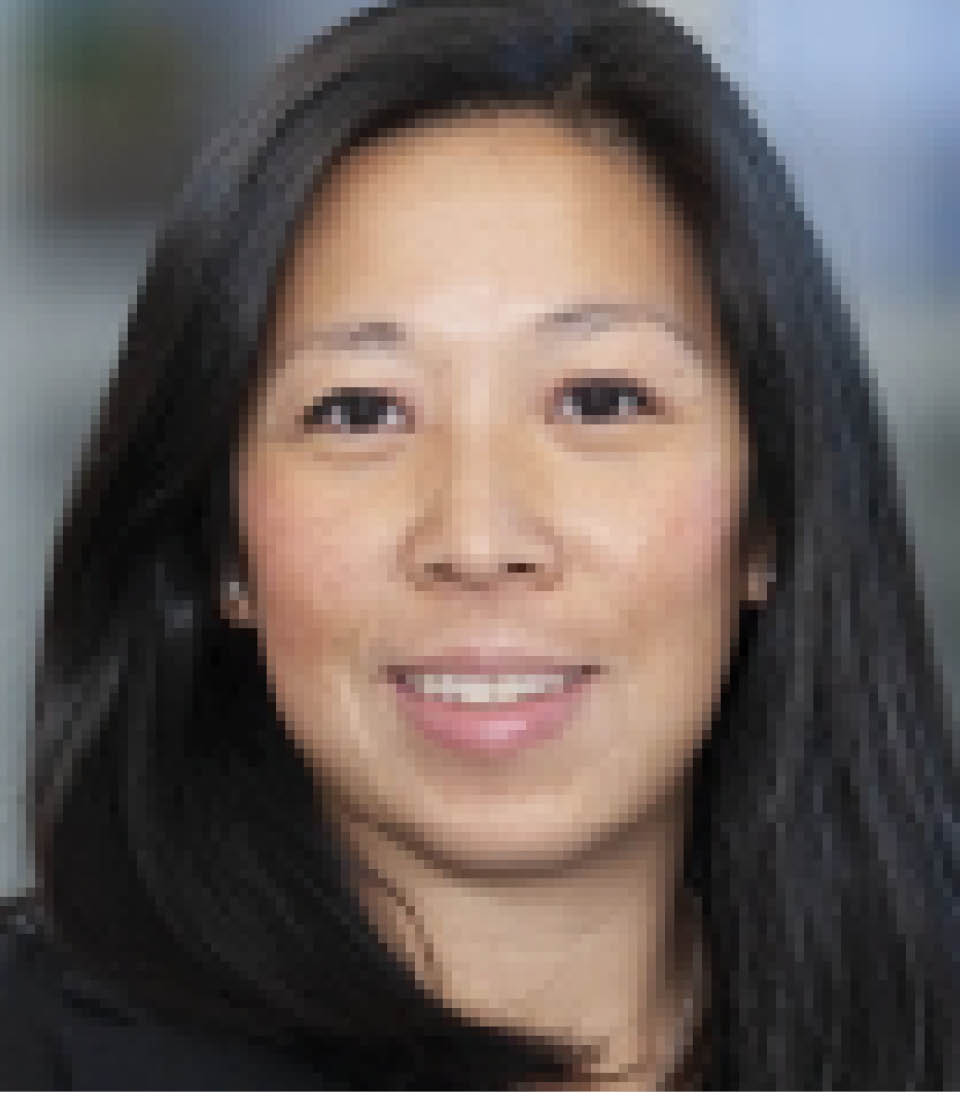
Jennifer K. Lue, MD, Clinical Director, Assistant Attending, Lymphoma Service Memorial Sloan Kettering Cancer Center, New York, NY
Dr. Jennifer Lue is a medical oncologist and hematologist dedicated to caring for people with lymphoma, including non-Hodgkin and Hodgkin lymphoma. After earning her medical degree and residency in internal medicine from New York University School of Medicine, she completed her fellowship in Hematology and Medical Oncology from Columbia University Medical Center. As a member of MSK’s Division of Hematologic Oncology, her goal is to provide unparalleled care that is tailored to each patient’s unique situation. She has collaborated with various experts at MSK, including pathologists, radiologists, radiation oncologists, and transplant specialists to ensure that all patients receive the best care possible. She is a lymphoma specialist doctor with special training in diagnosing and treating all kinds of lymphoma including non-Hodgkin and Hodgkin Lymphomas, Diffuse Large B-cell Lymphoma, Marginal Zone Lymphoma, Mantle Cell Lymphoma and Follicular Lymphoma.
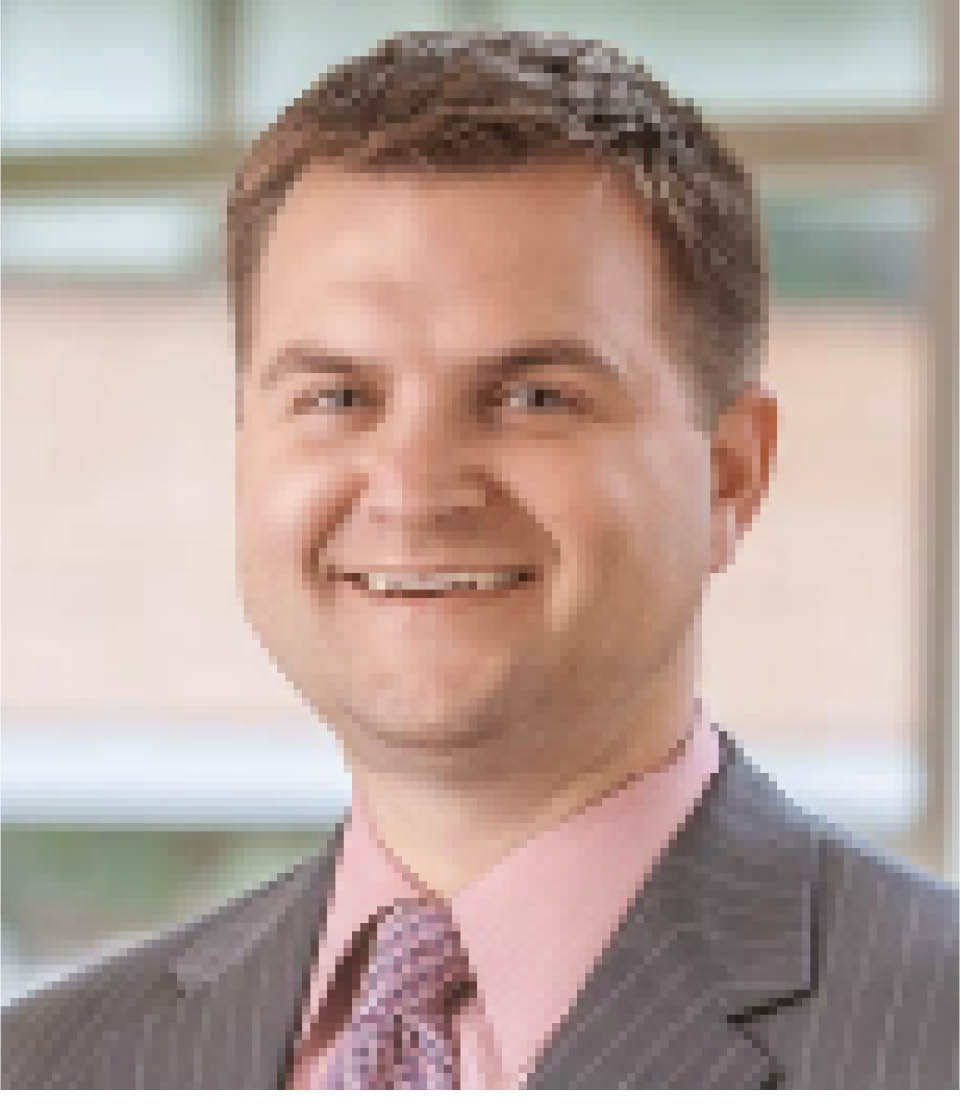
Matthew Lunning, DO, FACP, Associate Vice Chair of Research, Associate Professor, Internal Medicine Division of Oncology & Hematology, University of Nebraska Medical Center, Omaha, NE
Dr. Matthew Lunning D.O., FACP, is an Associate Professor in the Division of Hematology/Oncology and was recently appointed as an Associate Vice Chair of Research for the Department of Internal Medicine and Medical Director of the Clinical Research Center (CRC). He received his medical degree from Des Moines University in 2006. Dr. Lunning completed his internal medicine residency at UNMC where he served as Chief Medical Resident. He completed his Hematology/Oncology fellowship and served as the Hematology Chief Fellow at Memorial Sloan-Kettering Cancer Center. Dr. Lunning returned to UNMC in 2013 and been active in clinic research, research mentoring, education, and patient care. Dr. Lunning was the recipient of the Distinguish Scientist Award in 2019. Dr. Lunning has served on several National Comprehensive Cancer Network’s guidelines committees including the Immunotherapy Toxicity & T-cell lymphoma panels. He has served as an invited member of ASCO’s Cancer Education Committee on the Non-Hodgkin Lymphoma. He is the co-organizer of the Pan Pacific Lymphoma Conference.
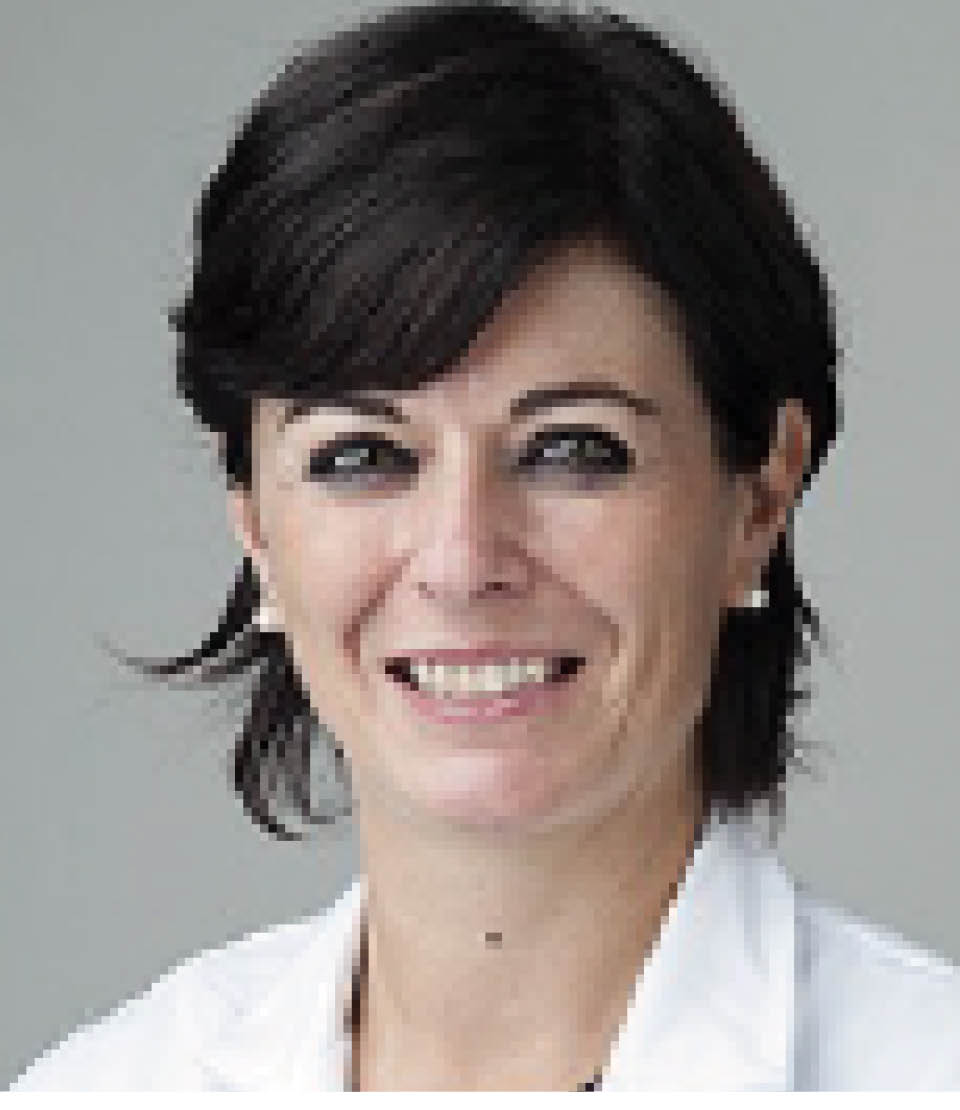
Enrica Marchi, MD, PhD, Assistant Professor, Assistant Professor of Medicine, Co-Director Program for T-Cell Lymphoma Research, University of Virginia, Charlottesville, VA
Dr. Marchi is an Assistant Professor of Medicine with an appointment to the Division of Hematology/Oncology, Department of Medicine at the NCI-Designated Cancer Center of the University of Virginia, in Charlottesville, VA. Dr. Marchi obtained her Medical Doctorate and completed her training in hematology in Italy, where she conducted several clinical trials focused on investigating various aspects of the less common T-cell lymphoma and was the first to describe the role of gemcitabine in the treatment of patients with T-cell lymphoma. Subsequently in the United States, Dr. Marchi completed her PhD in clinical and experimental hematology and hematopathology focusing her research largely on the translational development of novel rational drug combinations for patients with peripheral T-cell lymphoma (PTCL). She published and coauthored several papers involving novel treatment approaches for PTCL. Base on new evidence suggesting recurrent mutations in epigenetic modifiers including DNMT3, TET2, IDH2, in peripheral T-cell lymphoma (PTCL), Dr. Marchi became interested in epigenetic biology and demonstrated that the combination of HDAC inhibitors and hypomethylating agents is profoundly synergistic in preclinical model of T- cell lymphoma. Dr. Marchi’s data provided the pre-clinical rationale for a phase 1/2 clinical trial of azacytidine and romidepsin in patients with relapsed and refractory PTCL followed by a randomized trial of the novel combination against investigator’s choice. This trial is funded by a large FDA Orphan Products Development RO1 GRANT that was awarded to her as coinvestigator. Dr.Marchi leads the T-cell lymphoid malignancies clinical research program and CTCL multidisciplinary clinic at UVA along with the portfolio of sponsored initiated trials including IIT and industry-sponsored trials. She is regarded as one of the expert in the field of T- cell lymphoma and she regularly is invited to present at national and international meetings.
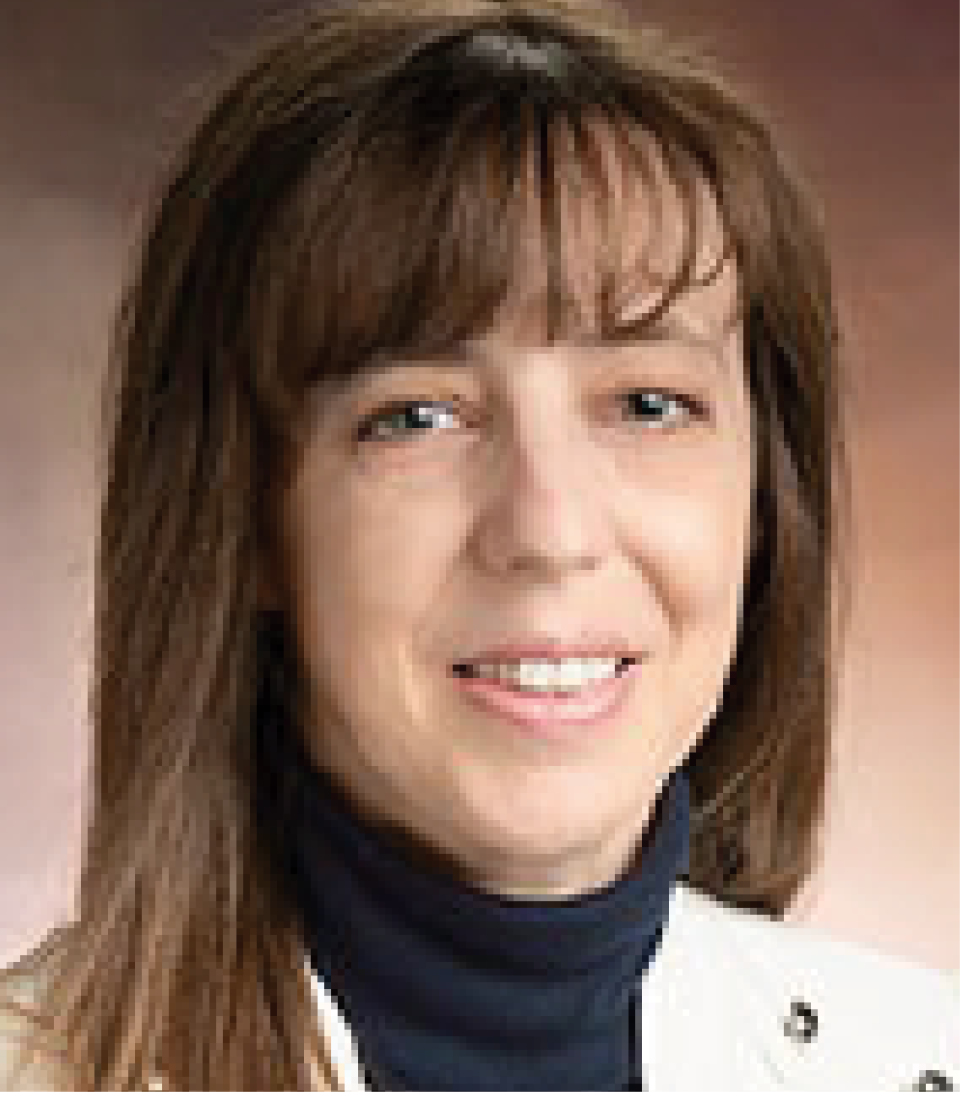
Shannon L. Maude, MD, PhD, Cancer Immunotherapy Program, Division of Oncology, Children’s Hospital of Philadelphia, Associate Professor of Pediatrics, University of Pennsylvania, Philadelphia, PA
Dr. Shannon Maude is a pediatric oncologist and clinical trialist in the Cancer Immunotherapy Program at the Children’s Hospital of Philadelphia and an Assistant Professor of Pediatrics at the University of Pennsylvania Perelman School of Medicine. Dr. Maude received her M.D. and Ph.D. degrees from the University of Pennsylvania School of Medicine and completed her residency in pediatrics as well as fellowship in pediatric hematology-oncology at the Children’s Hospital of Philadelphia. Dr. Maude developed the Cancer Immunotherapy and BMT Fellowship at Children’s Hospital of Philadelphia and currently serves as a Medical Director in the Center for Cellular Immunotherapies at the University of Pennsylvania. Dr. Maude is a member of the Children’s Oncology Group ALL committee and leads investigator-initiated and international multi-center clinical trials of engineered T cell therapies for childhood acute lymphoblastic leukemia.
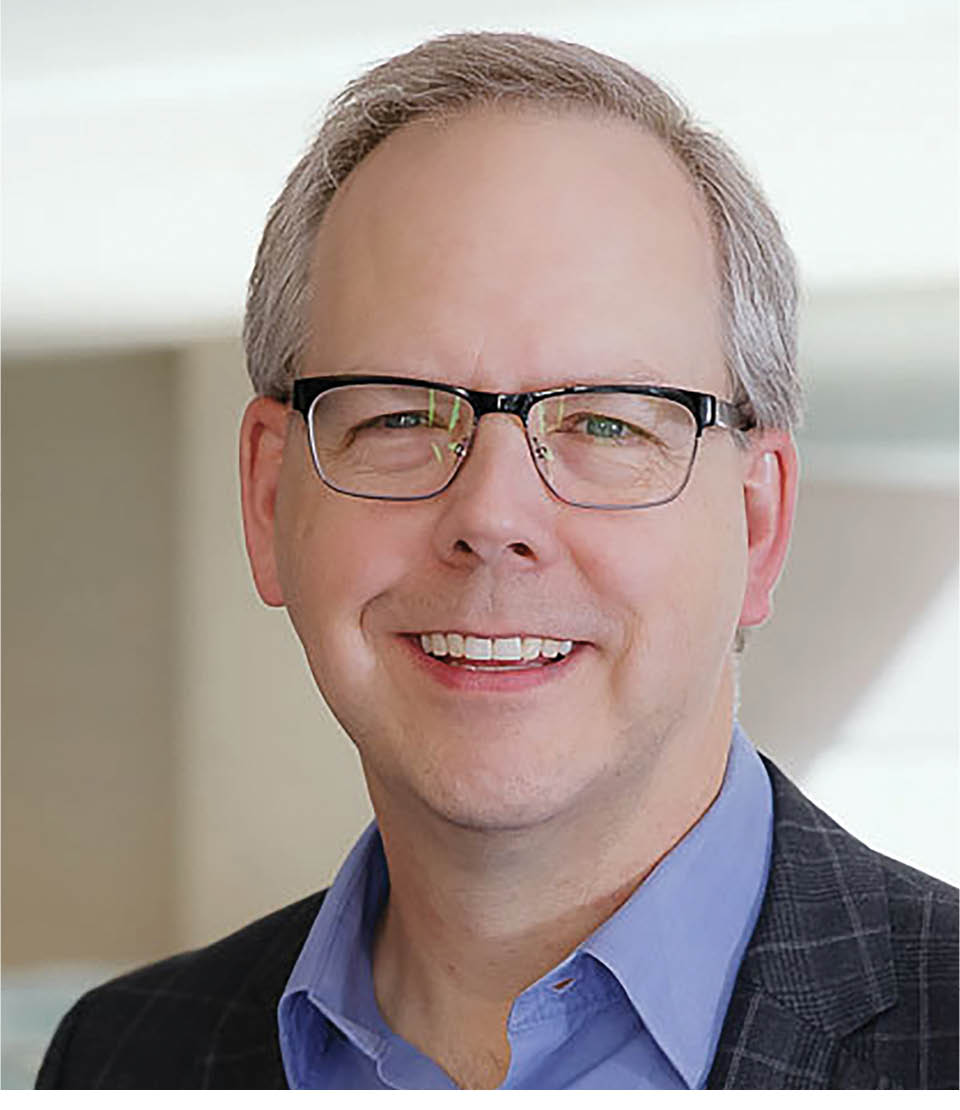
David Miklos, MD, PhD, Professor - University Medical Line Medicine - Blood & Marrow Transplantation, Stanford University, Chicago, IL
Dr. David Miklos is the Chief of Stanford BMT and Cell Therapy Division of Medicine and Clinical Director of Cancer Cell Therapy Program leading a multi-modality research group that fosters the development of both laboratory immunologists, and clinical translational researchers. The Miklos lab first pioneered protein microarray technologies to discover clinically relevant allogeneic antibodies, especially those targeting H-Y antigens following sex mismatched transplantation. Our discovery that allogeneic HY antibodies develop in association with chronic GVHD revealed a critical B cell role in cGVHD pathogenesis and our clinical trials established cGVHD therapeutic benefits using anti-B cell drugs rituximab and FDA approval of Ibrutinib in 2017. The Miklos lab developed high-throughput sequencing of the B and T cell immune receptor thereby enabling: 1) lymphoid disease quantification, 2) detailed B and T cell donor reconstitution kinetics, and 3) clonal analysis of antigen specific responses following allo-HCT. Dr. Miklos led chimeric antigen receptor (CAR-T) trials supporting the FDA approval of axicabtagene ciloleucel for patients with rel/ref aggressive large B cell lymphoma and brexucabtagene autoleucel for mantle cell lymphoma. His clinical translational CAR-T research lab quantifies tumor antigen density with multiplexed immune quantification, quantifies and single cell characterizes CAR-T expansion in blood & tumor, and pioneered lymphoma circulating tumor DNA MRD. Dr. David Miklos was an undergraduate at the University of Notre Dame. He earned his MD and a PhD in Genetics at Yale Medical School before training as a hematologist – oncologist and bone marrow transplant clinician at Brigham and Woman’s hospital and Dana-Farber Cancer Institute at Harvard University.
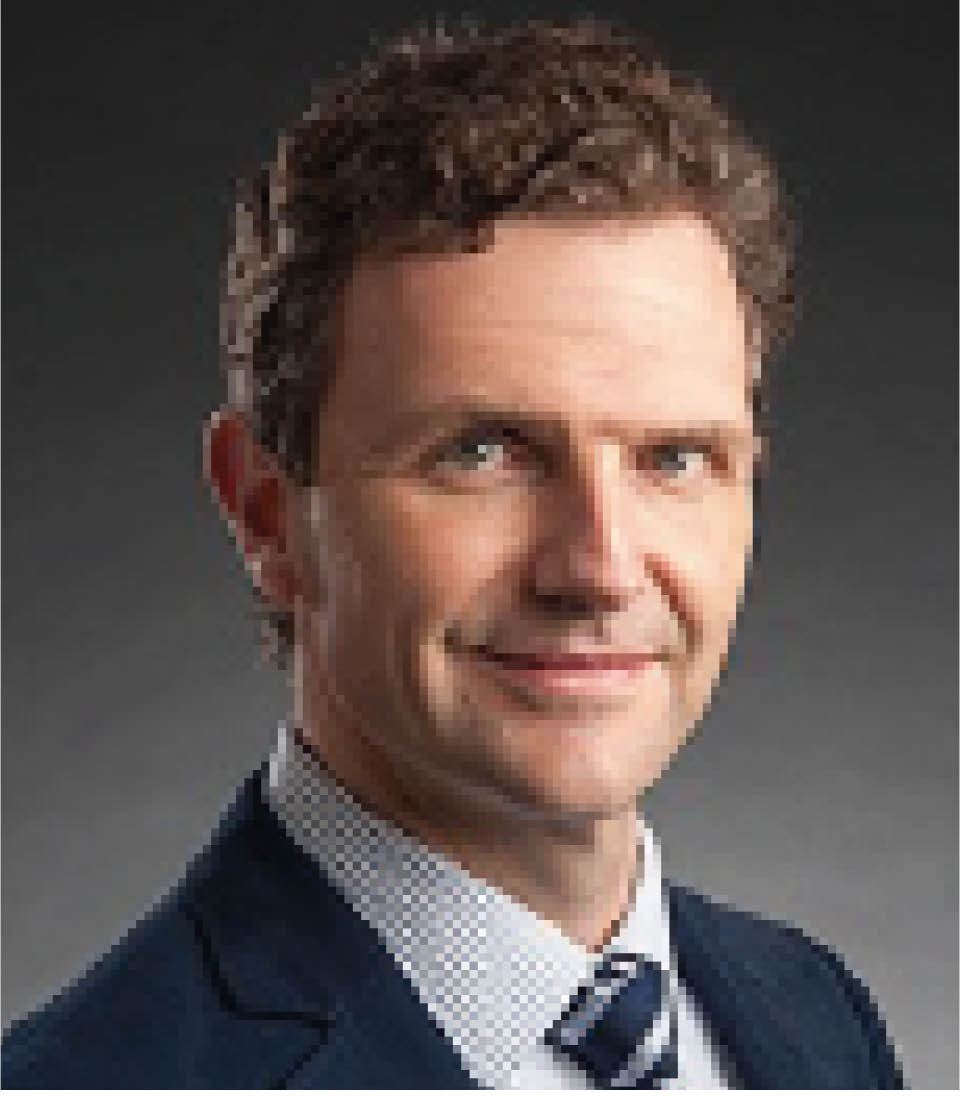
Charles G. Mullighan, MBBS (Hons), MSc, MD, Member, St. Jude Faculty Deputy Director, Comprehensive Cancer Center, Co-Leader, Hematological Malignancies Program, Medical Director, St. Jude Biorepository William E. Evans Endowed, Chair, Department of Pathology, Comprehensive Cancer Center, St. Jude Graduate School of Biomedical Sciences, Memphis, TN
Dr Sattva S, Neelapu, MD, is Professor and Deputy Chair of Department of Lymphoma./, and Member, Graduate Faculty, Immunology Program, Graduate School of Biomedical Sciences at The University of Texas MD Anderson Cancer Center. As a physician-scientist at MD Anderson, Dr. Sattva S Neelapu is focused on clinical and translational development of novel immunotherapies for B-cell malignancies. His laboratory is focused on developing chimeric antigen receptor T-cell therapy approaches against novel targets for hematological and solid tumor malignancies and to develop novel allogeneic T-cell therapy strategies. Dr Neelapu and his laboratory characterized some of the major immunosuppressive mechanisms in the tumor microenvironment of B-cell malignancies, identified TCL1 as a novel shared tumor-associated antigen for B-cell lymphomas, and investigated novel targets for CAR T-cell therapy in lymphoma and myeloma. His work on the pivotal trial of axicabtagene ciloleucel CD19 CAR T-cell therapy in aggressive B-cell lymphomas led to its FDA approval as the first CAR T therapy for lymphoma. Dr. Neelapu has authored or co-authored over 150 publications.
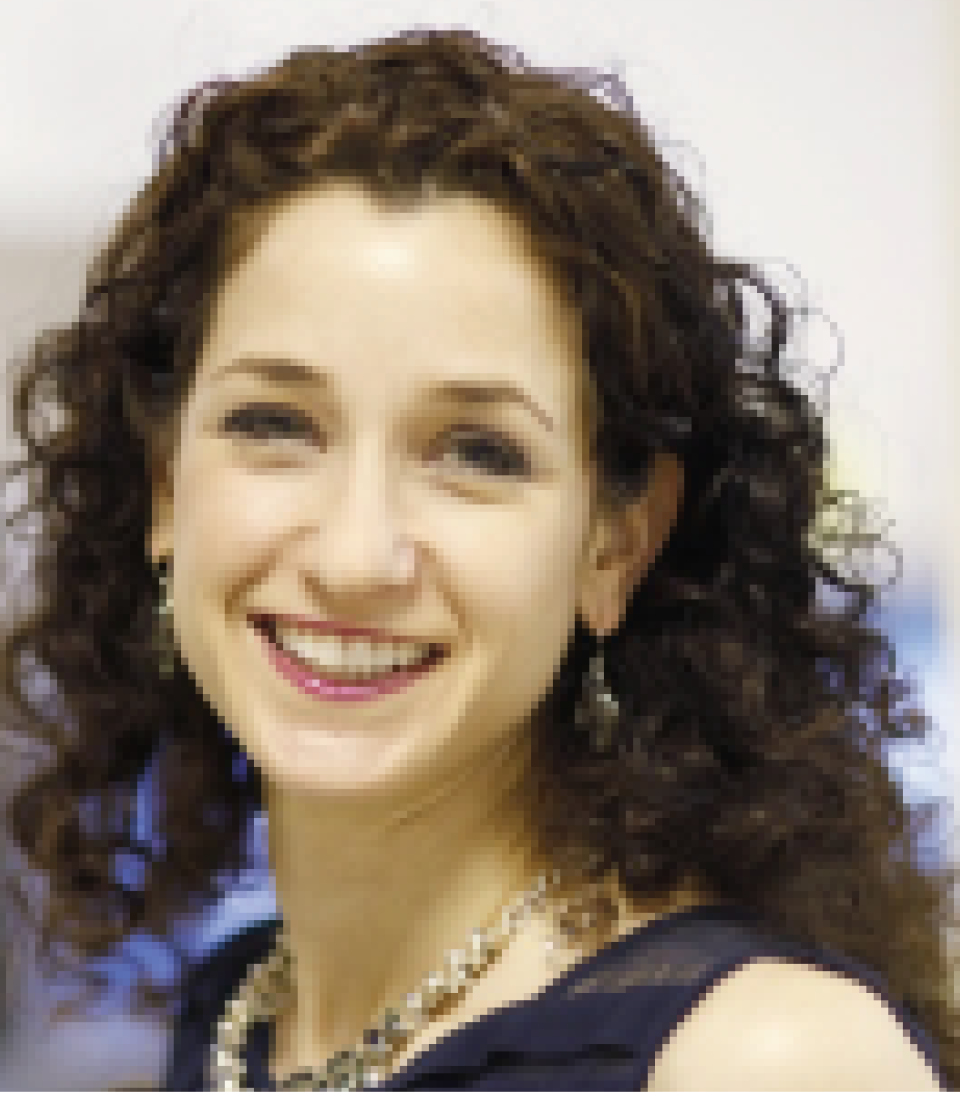
Ariela Noy, MD, Attending Physician, Department of Lymphoma, Memorial Sloan Kettering Cancer Centre, New York, NY
Dr. Ariela Noy is an Attending Physician and member of the Lymphoma Service at Memorial Sloan Kettering in New York City. -She has worked in clinical trials for lymphoma focusing on two main areas: HIV related cancer and areas outside of HIV. In HIV related cancer research, her primary focus has been lymphoma, leading the AIDS Malignancy Consortium (AMC) Lymphoma Working Group from 2009-2019, and serving on the NIH lymphoma Steering Committee. Under her leadership this NIH funded effort –executed practice changing clinical trials including those in diffuse large B cell lymphoma, Burkitt lymphoma and autologous and allogeneic transplantation in people living with HIV. These trials used novel agents and worked collaboratively to elucidate the pathogenesis of HIV lymphomas. The AMC also partnered with other research consortia and international investigators. Current investigations include a gene therapy program using a triple anti-sense lentivirus vector to create HIV resistant CD4 cells, a novel approach to plasmablastic lymphoma (including those without HIV), and a chimeric antigen receptor T cell protocol.
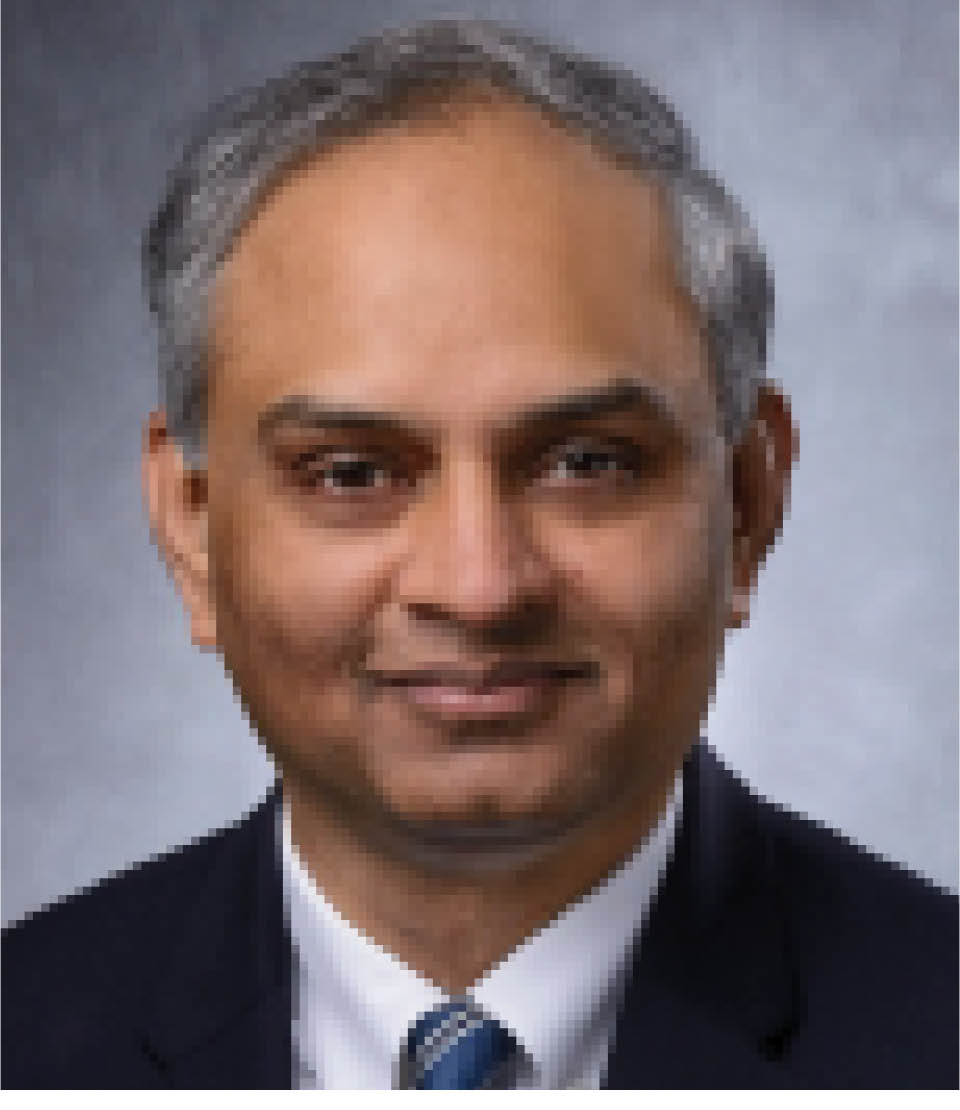
Sattva S. Neelapu, MD, Professor, Department of Lymphoma/Myeloma, Division of Cancer Medicine, Deputy Department Chair, Department of Lymphoma/Myeloma, Division of Cancer Medicine Member, Graduate Faculty, Immunology, Program, Graduate School of Biomedical Sciences, UT MD Anderson Cancer Center, Houston, TX
Dr Sattva S, Neelapu, MD, is Professor and Deputy Chair of Department of Lymphoma./, and Member, Graduate Faculty, Immunology Program, Graduate School of Biomedical Sciences at The University of Texas MD Anderson Cancer Center. As a physician-scientist at MD Anderson, Dr. Sattva S Neelapu is focused on clinical and translational development of novel immunotherapies for B-cell malignancies. His laboratory is focused on developing chimeric antigen receptor T-cell therapy approaches against novel targets for hematological and solid tumor malignancies and to develop novel allogeneic T-cell therapy strategies. Dr Neelapu and his laboratory characterized some of the major immunosuppressive mechanisms in the tumor microenvironment of B-cell malignancies, identified TCL1 as a novel shared tumor-associated antigen for B-cell lymphomas, and investigated novel targets for CAR T-cell therapy in lymphoma and myeloma. His work on the pivotal trial of axicabtagene ciloleucel CD19 CAR T-cell therapy in aggressive B-cell lymphomas led to its FDA approval as the first CAR T therapy for lymphoma. Dr. Neelapu has authored or co-authored over 150 publications.
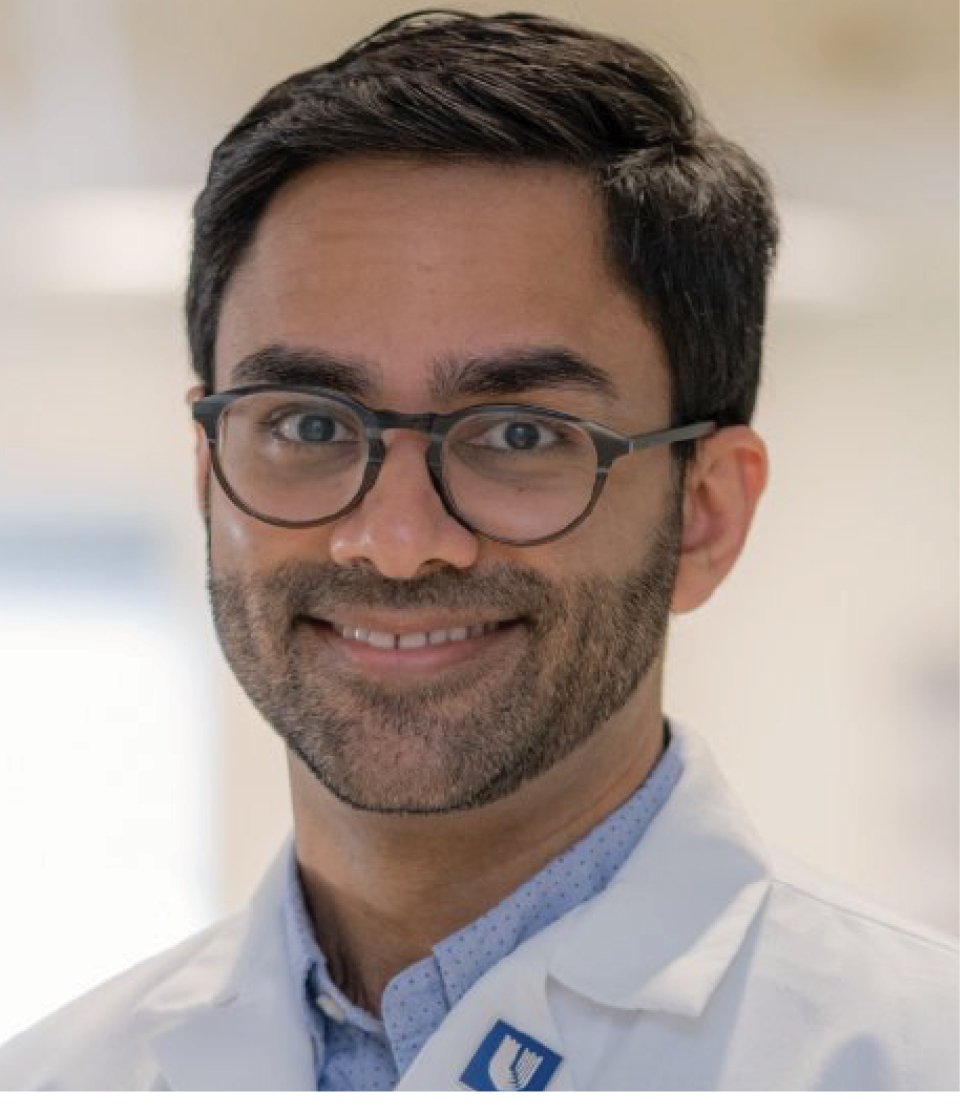
Krish Patel, MD, Director. Lymphoma Program, Director, Hematologic Malignancies and Cellular Therapy, Swedish Cancer Institute, Seattle, WA
Dr. Patel is a clinical investigator, Director of the Lymphoma Program, and Director of Hematologic Malignancies and Cell Therapy at the Swedish Cancer Institute (SCI) in Seattle, Washington. Dr. Patel completed his medical school, residency, and hematology and oncology fellowship training at Duke University School of Medicine where he served as a Chief Resident in Internal Medicine. In 2016, he joined the Swedish Cancer Institute, Center for Blood Disorders and Stem Cell Transplantation as a specialist in the care of patients with lymphomas and CLL. In 2019, he was appointed as the Director of the Lymphoma Program at SCI to help continued development of the program’s clinical standards for lymphoma care, assist in the programmatic expansion of cell therapy services, and to help shape the continued growth of the lymphoma program’s clinical research endeavors. In early 2022, Dr. Patel was named the Director of Hematologic Malignancies and Cellular Therapy to oversee the continued growth of SCI’s clinical and research programs in all hematologic diseases and broader strategy in growth of cell therapy, including the growth of applications in solid tumor malignancies. Dr. Patel specializes in all aspects of care of patients with lymphomas and CLL and is a specialist in the therapeutic use of cellular and non-cellular immunotherapies. He has a specific research focus in the early stage development of novel targeted agents, immunotherapies, and engineered cellular therapies to advance care for patients with lymphoid malignancies. He is a principal investigator for numerous therapeutic lymphoma and CLL clinical trials at SCI, with a focus on phase I and II studies. In that capacity, Dr. Patel has in collaboration with other global investigators led clinical development of several novel therapeutics for lymphoma and CLL. He is also engaged in clinical development of novel diagnostics in lymphoma and CLL. Dr. Patel is also excited to partner with talented research colleagues at SCI in the growth and development of the Center for Immuno-Oncology at the Paul G. Allen Research Center at SCI.
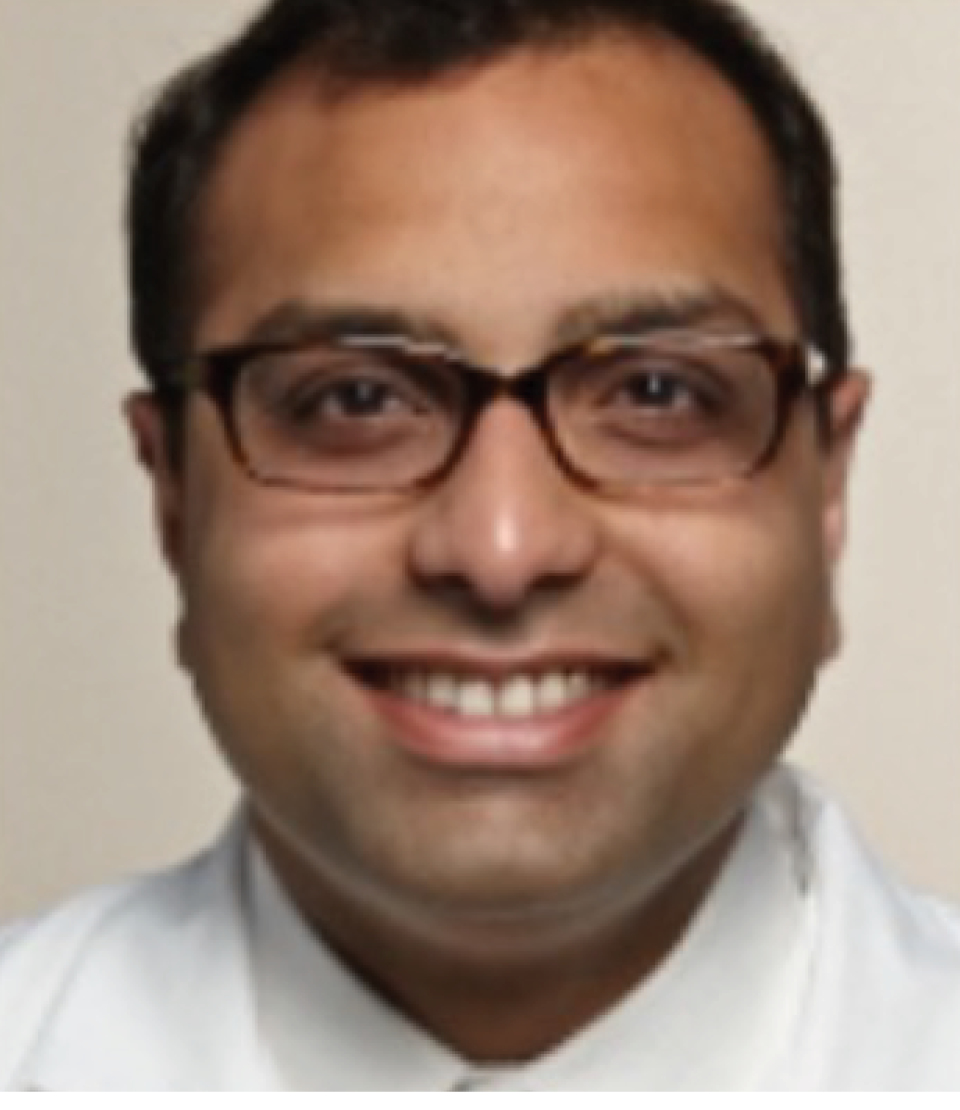
Samir Parekh, MD, Professor, Icahn School of Medicine at Mount Sinai, New York, NY
Dr. Parekh completed his clinical training in Hematology and Oncology and postdoctoral training in Dr. Ari Melnick’s lab at the Albert Einstein College of Medicine. He is the Director of Myeloma Translational Research and a Professor in Hematology-Oncology and Oncological Sciences at the Icahn School of Medicine at Mount Sinai. Dr. Parekh’s research focuses on the pathogenesis of hematological malignancies and the development of individualized, precision-medicine therapies for these malignancies. His lab uses an integrated systems biology approach to study genome-wide methylation, gene expression, and DNA sequence variation to understand pathogenesis, develop biomarkers and guide personalized therapy in B cell malignancies, particularly Multiple Myeloma and Non-Hodgkin’s lymphoma.
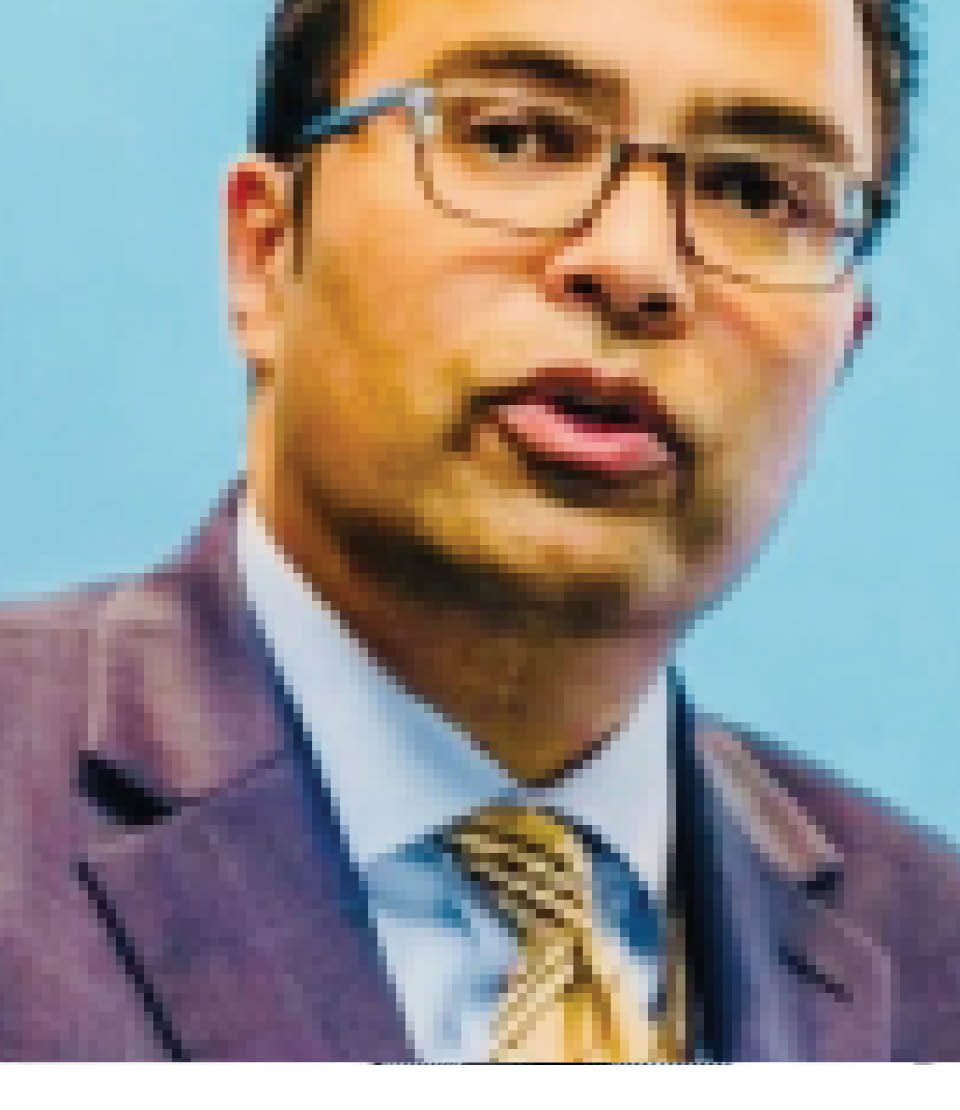
Naveen Pemmaraju, MD, Professor, Department of Leukemia, Division of Cancer Medicine, UT MD Anderson Cancer Center, Houston, TX
Dr. Naveen Pemmaraju, MD is Professor in the Department of Leukemia at MD Anderson Cancer Center (MDACC) in Houston, Texas. He is the inaugural Director of the Blastic Plasmacytoid Dendritic Cell Neoplasm (BPDCN) Program at MDACC and additionally serves as Executive Director for Cancer Medicine for the MDACC Cancer Network. Dr Pemmaraju is a world-leading clinical researcher in the area of rare myeloid malignancies including BPDCN, MPN, and AML and has served as lead national/international PI on numerous key clinical trials in the field. Dr Pemmaraju’s leadership led to the approval of the first targeted therapy specifically approved in BPDCN in December 2018 (CD123-targeted therapy, tagraxofusp, Pemmaraju et al NEJM April 2019). He has authored/co-authored over 370+ papers in the medical literature and is currently the lead PI for 2 separate DOD grants. In addition, Dr Pemmaraju is a well-regarded clinician and medical educator, having been awarded the Gerald P. Bodey Excellence in Teaching Award at MDACC in 2020, the MPN Hero Award in 2022, the Faculty Educator of the Year in 2023 for MDACC and the MDACC Community Outreach Faculty Excellence Award in 2023.
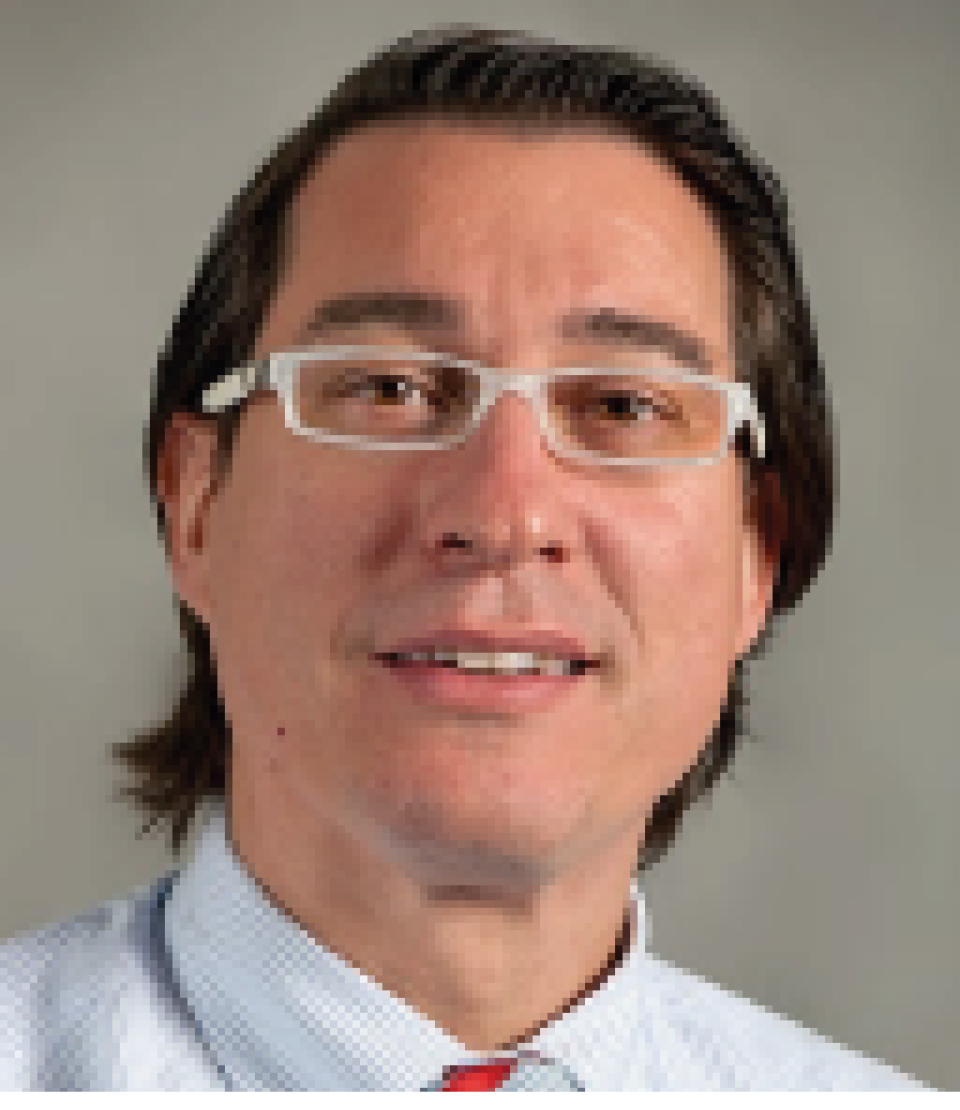
Javier Pinilla-Ibarz, MD, PhD, Senior Member, Head of Lymphoma Section, Director of Immunotherapy, Department of Malignant Hematology, H. Lee Moffitt Cancer Center, Tampa, FL
Dr. Pinilla-Ibarz, is physician scientist who works as Senior Member, Head of the Lymphoma Section and Director of Immunotherapy in the Department of Malignant Hematology at the H. Lee Moffitt Cancer Center in Tampa, Florida. Dr. Pinilla-Ibarz is also a Professor in the Department of Oncologic Sciences, College of Medicine, University of South Florida, Tampa, Florida. Dr. Pinilla-Ibarz has been leading the chronic leukemia program at Moffitt since 2006; and its principal interests in the clinic are patients with myeloid and lymphoid chronic leukemia. In this regard, Dr. Pinilla-Ibarz has participated in multiple clinical trials involving several kinase inhibitors many of them now FDA approved. He continues to be involved in the clinical development of new kinases inhibitors through participation in multiple clinical trials. As Director of Immunotherapy for Malignant Hematology, he has been involved in developing new immunotherapeutic approaches in malignant hematology with special emphasis of restoring the impaired immune response of patients with chronic leukemias. He has participated in several clinical trials of peptide and cellular vaccines in different hematological disorders. He has been involved in the development of a Wilms tumor 1 vaccine for leukemias and other solid tumor now in phase III trial across the world. His laboratory is interested in epigenetic immunoregulation in lymphoid malignancies such as B and T cell lymphomas through the use of epigenetic modifiers such as histone deacetylase inhibitors and hypomethylating agents. Other research focuses are on the interaction of kinase inhibitors with the immune system and how to use these drugs to improve current immune therapeutics approaches. Dr. Pinilla-Ibarz frequently presents his findings at annual meetings of the American Hematology Association and the American Society of Clinical Oncology and he lectures in other national/international meetings. His work has been published in journals including New England Journal of Medicine, Blood, Nature Immunology, Journal of Leukocyte Biology and Leukemia. He has also authored multiple book chapters. Dr. Pinilla-Ibarz received both his MD and PhD from the University of Zaragoza, School of Medicine, Spain. He completed his residency in medicine and a fellowship in Hematology at La Paz University Hospital in Madrid, Spain; and after he moved to the US, he also completed a residency in Internal Medicine at Cornell Medical Center and a fellowship in Hematology/Oncology at the Memorial Sloan Kettering Cancer Center in New York City.
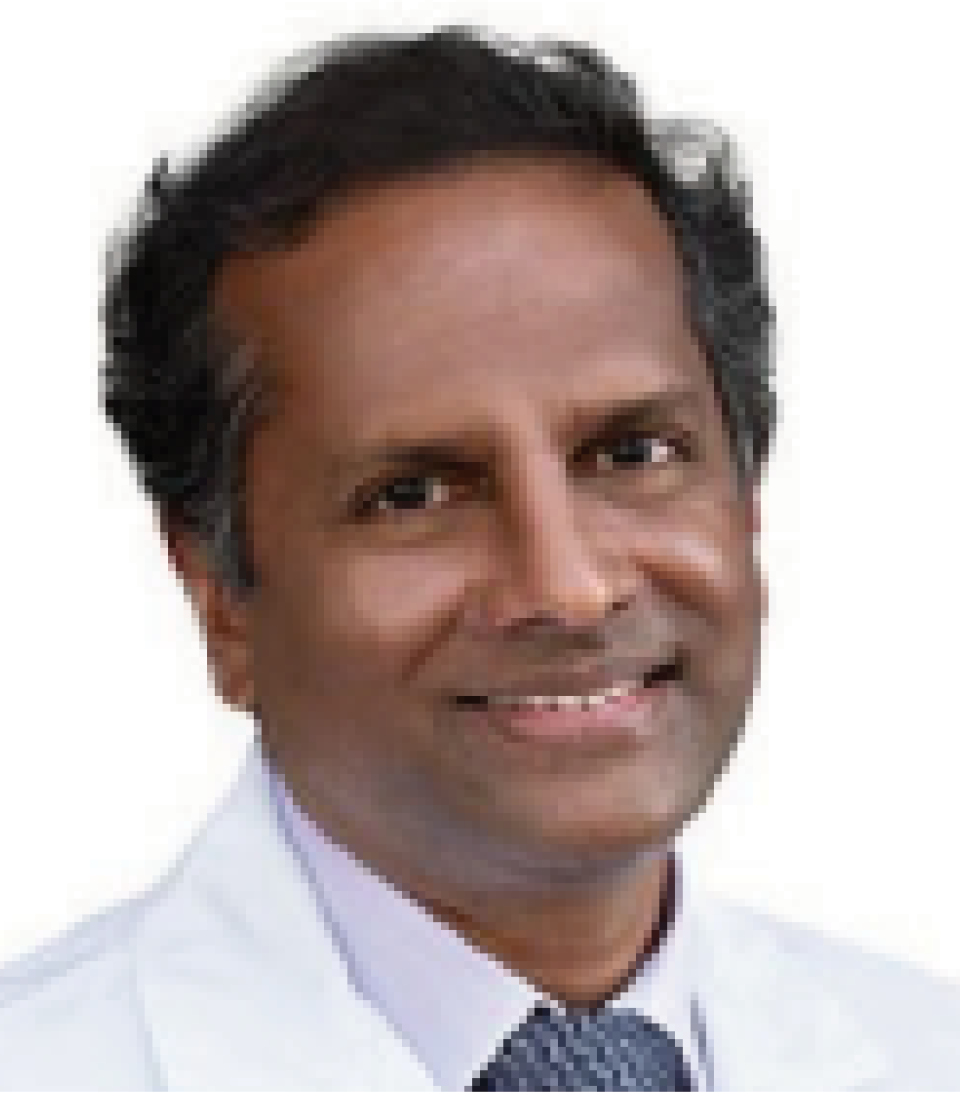
Vinod Pullarkat MD, Professor, Hematology and Hematopoietic Cell Transplantation, City of Hope, Duarte CA
Dr. Vinod A. Pullarkat, M.D., M.R.C.P. is Professor of Hematology and Hematopoietic Cell Transplantation at City of Hope. He completed residency in internal medicine at New York Methodist Hospital and subsequently underwent fellowship training in Hematology/Oncology at University of Southern California. He then held a fellowship in bone marrow transplantation at the City of Hope Medical Center in Duarte then served as faculty from 2003-2010 before moving back to USC to serve as Medical Director of the Bone Marrow Transplantation Program. He returned to City of Hope in 2014. Board certified in Hematology, Dr. Pullarkat’s research interests include treatment of acute leukemia, stem cell transplantation, bone marrow failure and autoimmune hematologic disorders. His basic research focusses on new drug development for acute leukemia. Dr. Pullarkat has authored over 175 scientific articles in various peer reviewed journals and edited books on acute leukemia. He serves as principal investigator for multiple clinical trials at City of Hope.
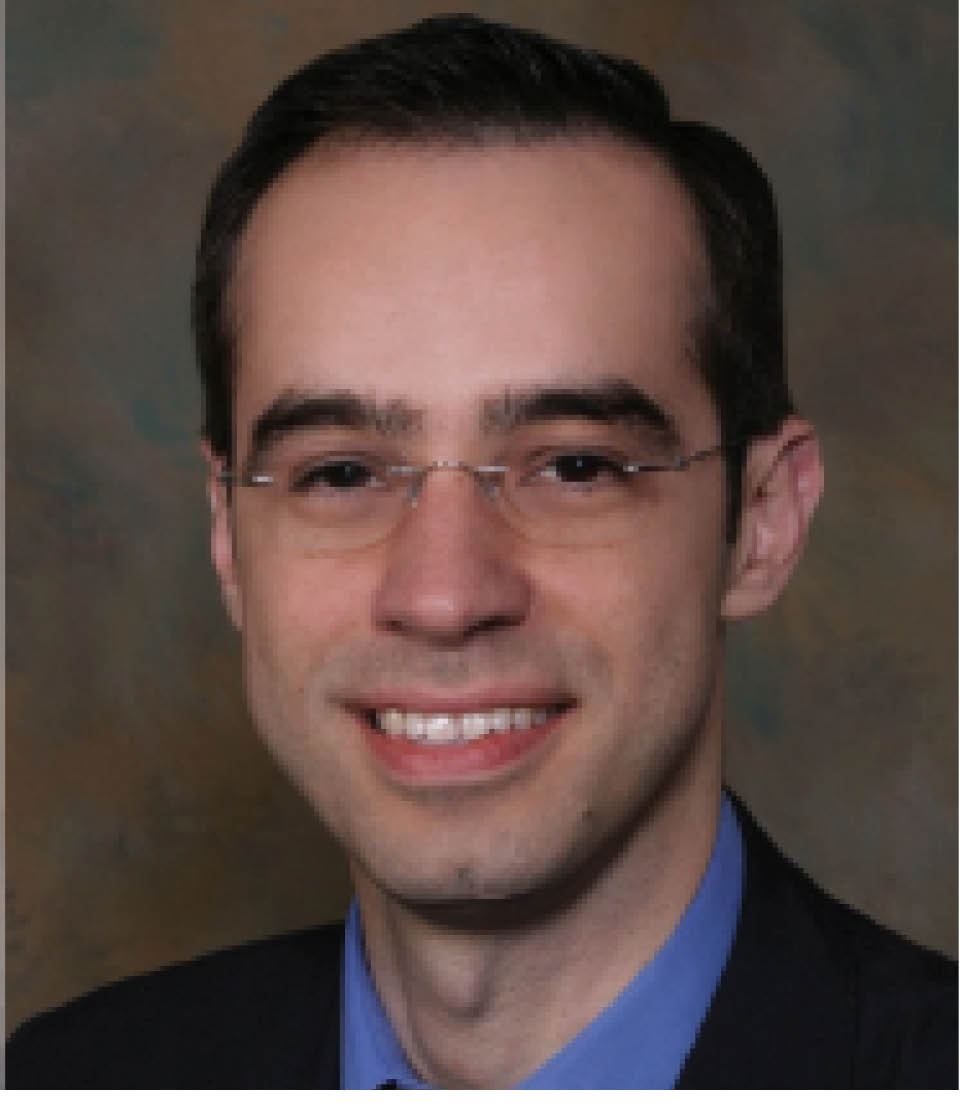
Carlos Ramos, MD, Professor of Medicine Center for Cell and Gene Therapy, Baylor College of Medicine, Houston, TX
Dr. Joshua Richter, MD, is Associate Professor of Medicine in The Tisch Cancer Institute, Division of Hematology and Medical Oncology. He is the director of Multiple Myeloma at the Blavatnik Family- Chelsea Medical Center at Mount Sinai. Dr. Richter treats patients with plasma cell dyscrasias, including multiple myeloma and related diseases such as AL amyloidosis, plasma cell leukemia and Waldenstrom’s Macroglobulinemia. Dr. Richter has extensive experience with clinical trials focused on novel therapies, including antibody therapy and immunotherapy for a precision medicine approach. He has published extensively on these topics and has been invited to speak regionally, nationally, and also internationally. He has been published in journals such as the New England Journal of Medicine, Blood and the Journal of Clinical Oncology. He received his medical degree from New York Medical College, he completed his residency from St. Vincent's Hospital & Medical Center and fellowship from Yale New Haven Hospital.
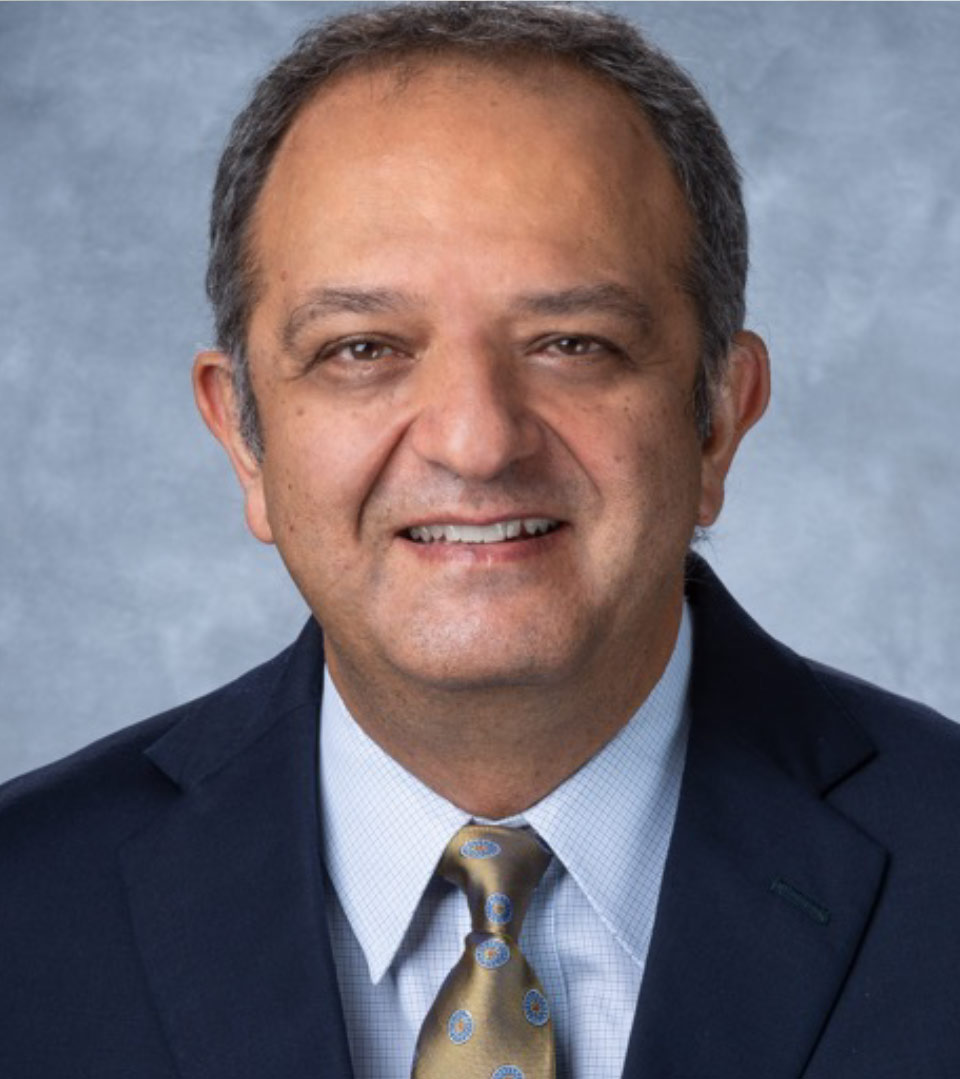
Farhad Ravandi-Kashani, MD, Professor, Department of Leukemia, Division of Cancer Medicine, The University of Texas MD Anderson Cancer Center, Houston, TX
Dr. Ravandi is Janiece and Stephen A. Lasher Professor of Medicine and Chief of Section of Acute Myeloid Leukemia in the Department of Leukemia at the University of Texas – M. D. Anderson Cancer Center. He graduated from the University of London, England and undertook residency and fellowship training at the Baylor College of Medicine and The University of Texas M.D. Anderson Cancer Center. During this time he specialized in the management of hematological malignancies and stem cell transplantation. He then joined the University of Illinois at Chicago as the director of leukemia program and the interim director of stem cell transplant program for three years until he joined the Leukemia department of M. D. Anderson in 2003. Dr. Ravandi is board certified in Internal Medicine, Hematology and Medical Oncology. His main areas of interests are therapy of acute myeloid leukemia, as well as rare leukemias including Philadelphia positive acute lymphoblastic leukemia, hairy cell leukemia and T-cell leukemias. He has authored several book chapters and many articles in peer-reviewed journals. He is a member of several professional societies including the American Society of Hematology, American Society of Clinical Oncology, and Society of Hematological Oncology and is a member of editorial board of several journals.
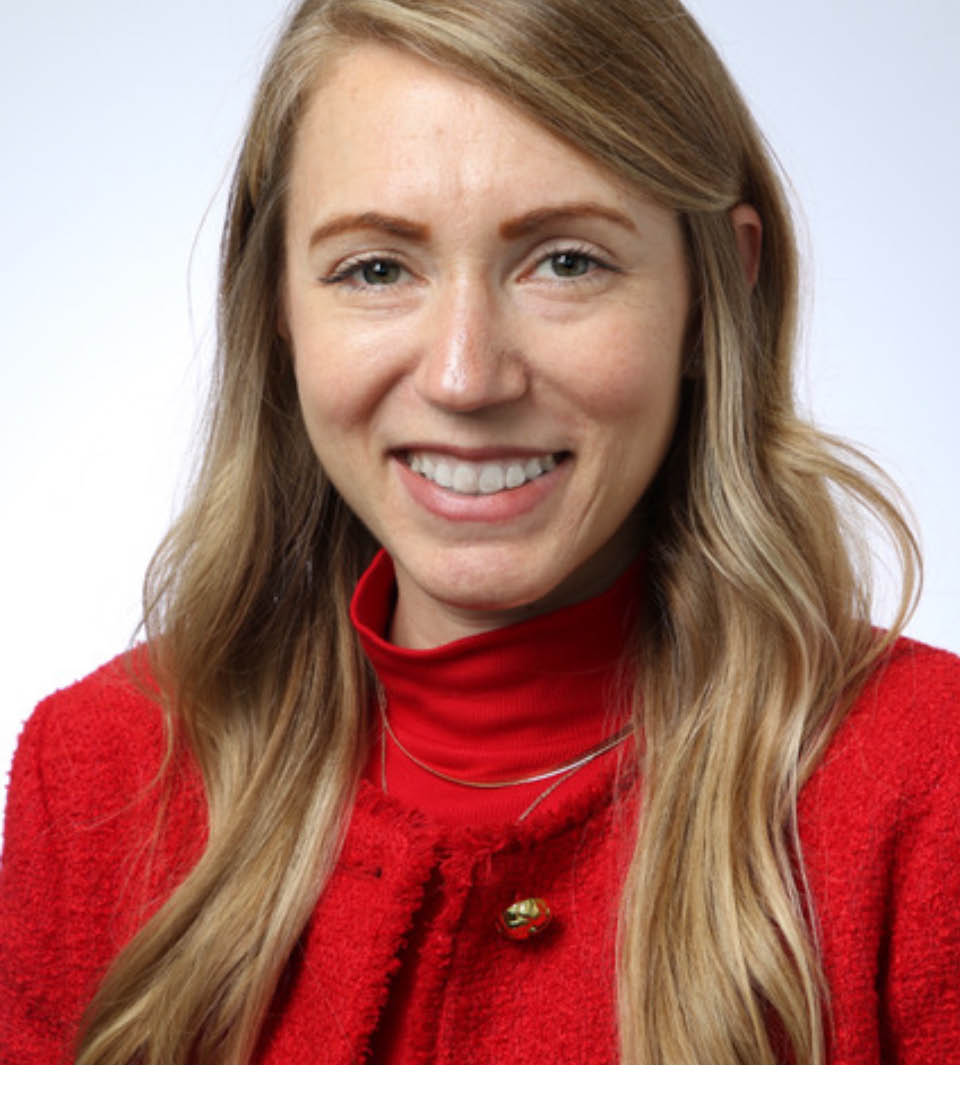
Brittany Knick Ragon, MD, Clinical Associate Professor, Atrium Health Levine Cancer Institute, Wake Forest University School of Medicine, Winston-Salem, NC
Dr. Brittany Knick Ragon is a Clinical Associate Professor in the Department of Internal Medicine at Wake Forest University School of Medicine and Director of Hematology Operations at Levine Cancer Institute in Charlotte, North Carolina. She joined the Leukemia Division at Atrium Health Levine Cancer in 2017 as an adult leukemia and transplant specialist. Her clinical expertise is in acute leukemias, myeloid diseases, allogeneic transplant, hereditary hematologic predisposition syndromes, and bone marrow failure syndromes. Her research is focused on utilizing protein and gene exploration to identify biologically informed therapeutic targets for myeloid malignancies. Through increased understanding of the molecular and genetic landscape of myelodysplastic syndromes and acute leukemias, she aims to find markers for response prediction, toxicity limitation, and to optimize currently available and novel therapeutics. She also has a complementary research focus in efforts to mitigate healthcare disparities in acute leukemia patients. In addition to her translational work, she serves as principal investigator on several clinical trials in acute leukemias. For her research efforts, she has received grant funding from the Leukemia Research Foundation, Shannon Timmons Fellowship for Leukemia Research, and Swim Across America.
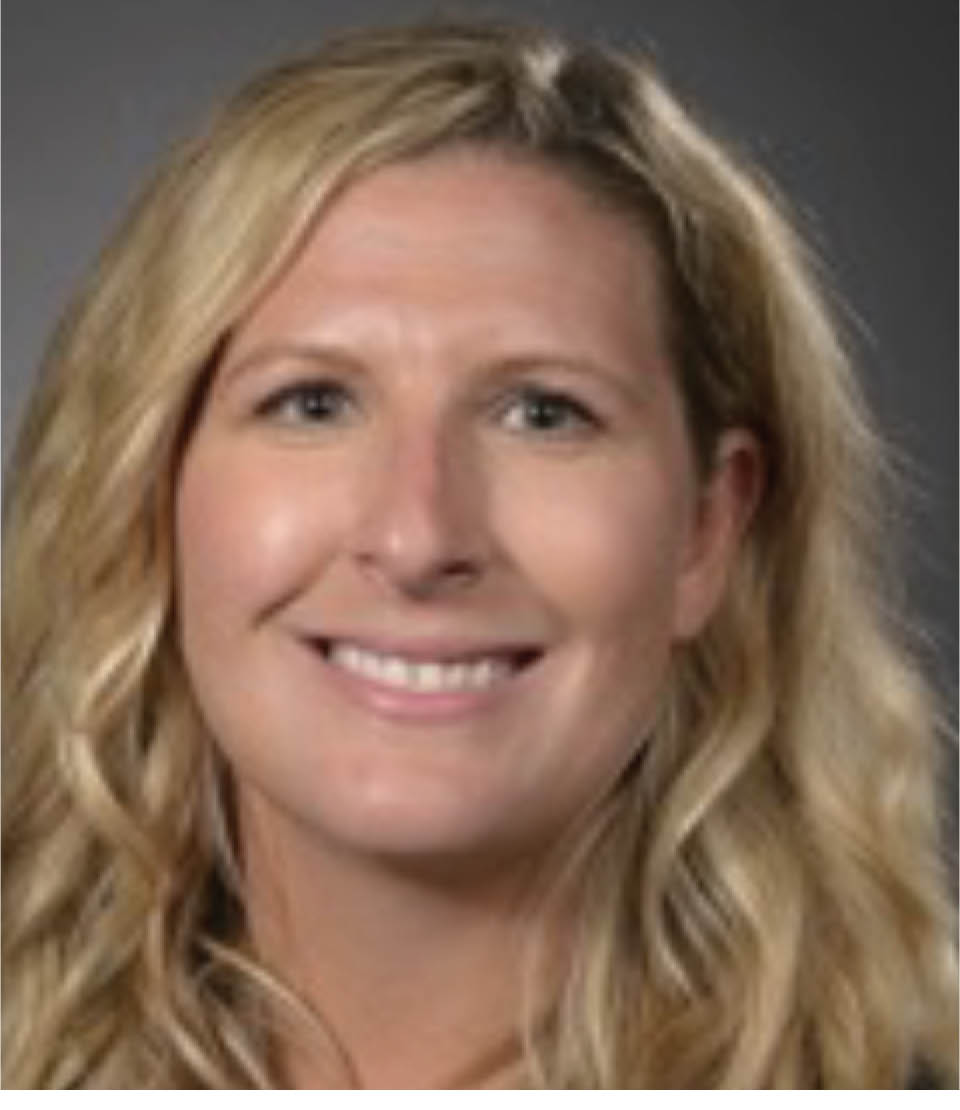
Joanna Meehan Rhodes, MD, Director of Lymphoma Rutgers Cancer Institute of New Jersey, New Brunswick, NJ
Dr. Joanna M Rhodes is Director of Lymphoma at the Rutgers Cancer Institute of New Jersey. She Board-certified in Internal Medicine and Medical Oncology, and specializes in hematologic malignancies, with a particular clinical and research focus on CLL and lymphomas. Her research has been presented at national and international scientific meetings as well as published in multiple peer-reviewed journals. is the recipient of an American Society of Clinical Oncology Conquer Cancer Young Investigator s Award in 2019 and was a participant in the American Society of Hematology Clinical Research Training Institute. She is an active member of the American Society of Hematology and serves on the SWOG Lymphoma Working group. Dr. Rhodes earned her medical degree at the State University of Stony Brook School of Medicine. She trained in internal medicine at New York Presbyterian/Weill Cornell Medical Center in New York. Subsequently, she completed her fellowship in Hematology and Medical Oncology at the University of Pennsylvania as well as earned a Master s degree in Clinical Epidemiology.
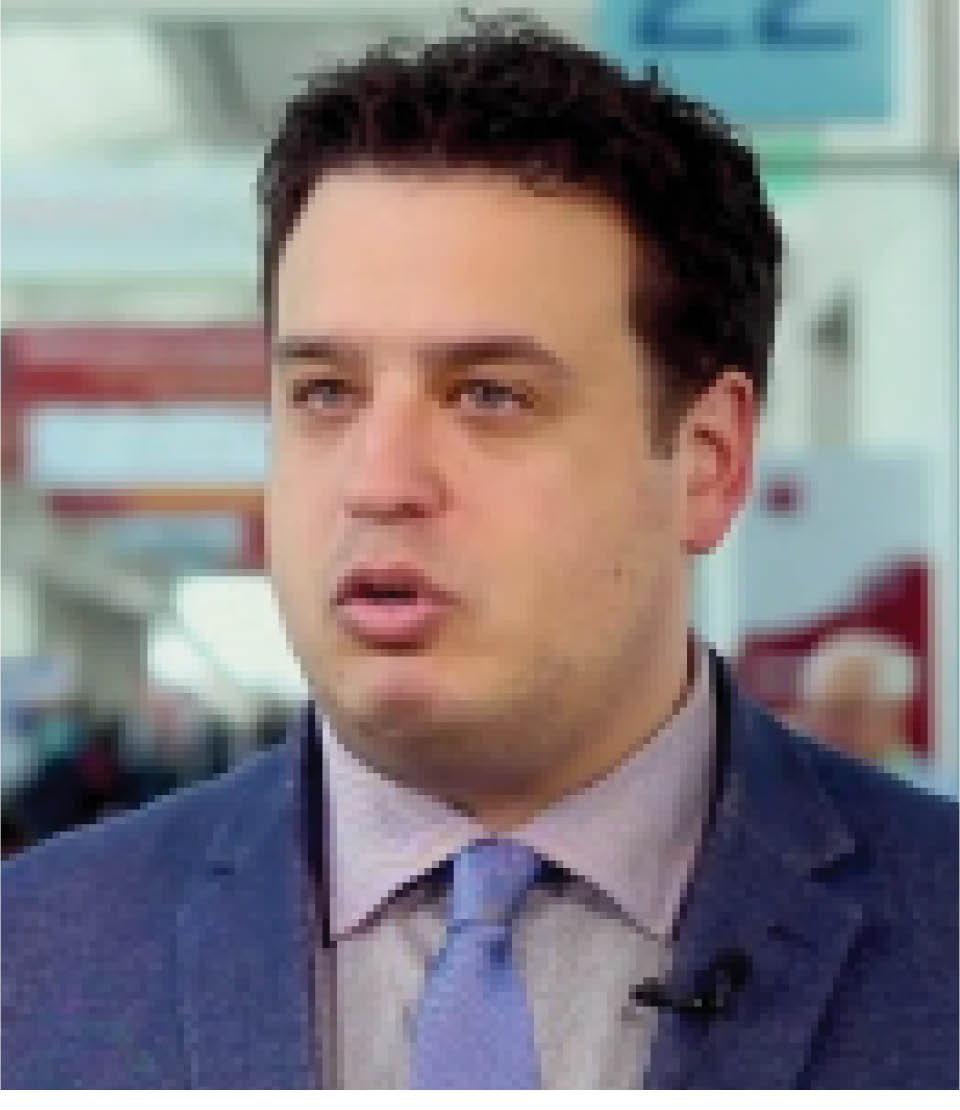
Joshua Richter, MD, Associate Professor of Medicine, Co-Director CAR-T Myeloma Program, Icahn School of Medicine at Mount Sinai, New York, NY
Dr. Joshua Richter, MD, is Associate Professor of Medicine in The Tisch Cancer Institute, Division of Hematology and Medical Oncology. He is the director of Multiple Myeloma at the Blavatnik Family- Chelsea Medical Center at Mount Sinai. Dr. Richter treats patients with plasma cell dyscrasias, including multiple myeloma and related diseases such as AL amyloidosis, plasma cell leukemia and Waldenstrom’s Macroglobulinemia. Dr. Richter has extensive experience with clinical trials focused on novel therapies, including antibody therapy and immunotherapy for a precision medicine approach. He has published extensively on these topics and has been invited to speak regionally, nationally, and also internationally. He has been published in journals such as the New England Journal of Medicine, Blood and the Journal of Clinical Oncology. He received his medical degree from New York Medical College, he completed his residency from St. Vincent's Hospital & Medical Center and fellowship from Yale New Haven Hospital.
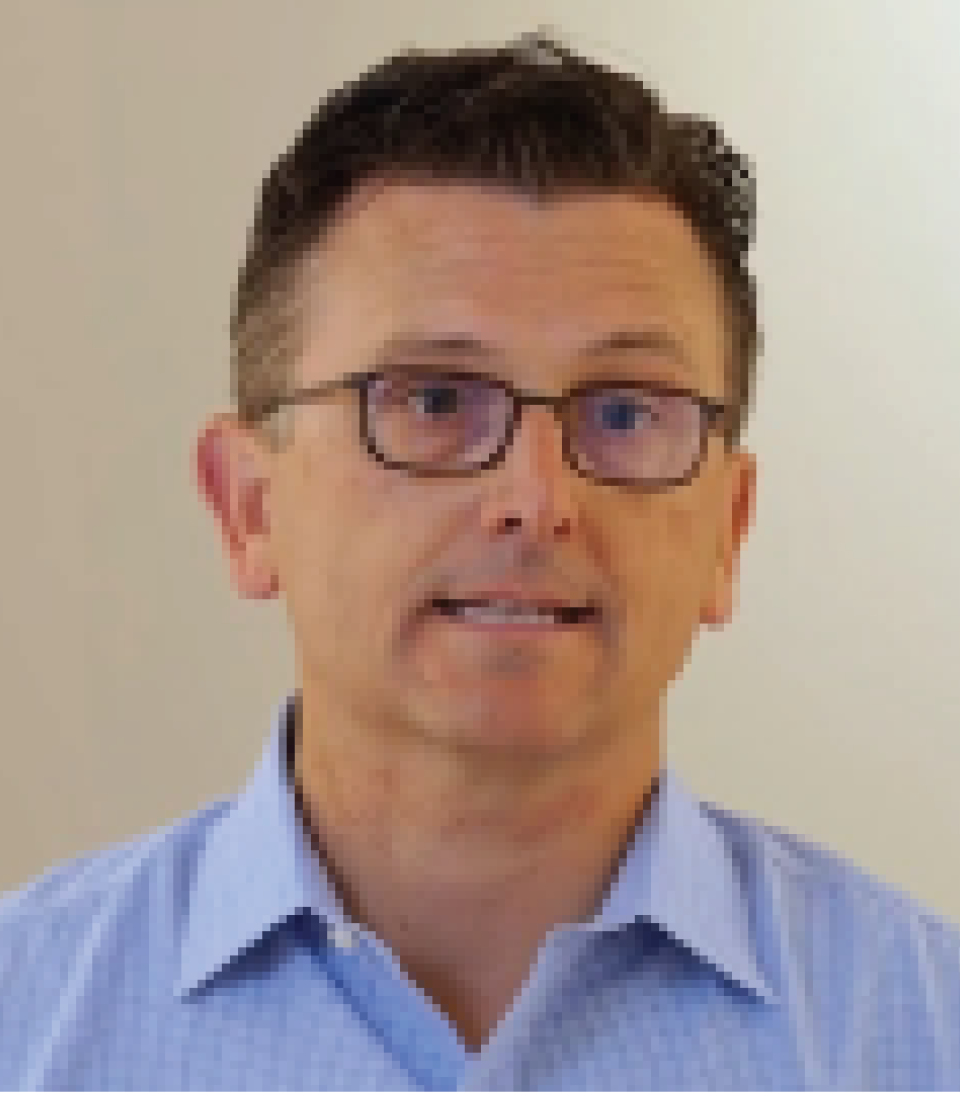
Mark Roschewski, MD, Clinical Director, Lymphoid Malignancies Branch Center for Cancer Research, NCI, NIH, Bethesda, MD
Dr. Mark Roschewski received his B.A. from the University of Notre Dame in 1997 and his M.D. from the University of Nebraska Medical Center in Omaha in 2001. He completed internal medicine residency training while serving in the U.S. Army and completed his hematology-oncology fellowship in 2009 at Walter Reed Army Medical Center (WRAMC) in Washington, DC. He served as the Director of Hematologic Diseases at WRAMC for 3 years before joining the NIH as a Commissioned Corps officer in the United States Public Health Service in 2013. Dr. Roschewski's current role is as a Senior Clinician in the Lymphoid Malignancies Branch with a clinical research focus on the biology and management of patients with both indolent and aggressive forms of non-Hodgkin's lymphoma. Dr. Roschewski’s clinical research is focused on developing rational biologically based treatment combinations for patients with B-cell lymphomas. The Roschewski clinical team works closely with the laboratory operated by Lou Staudt to understand therapeutic vulnerabilities within genetic subtypes of lymphoma as well as the world-renowned hematopathologists, Elaine Jaffe, and Stefania Pittaluga, to precisely define and characterize each patient’s tumor. These tight collaborations allow for novel observations from the bench to be translated to the clinic and novel observations at the bedside to be further investigated in the lab.
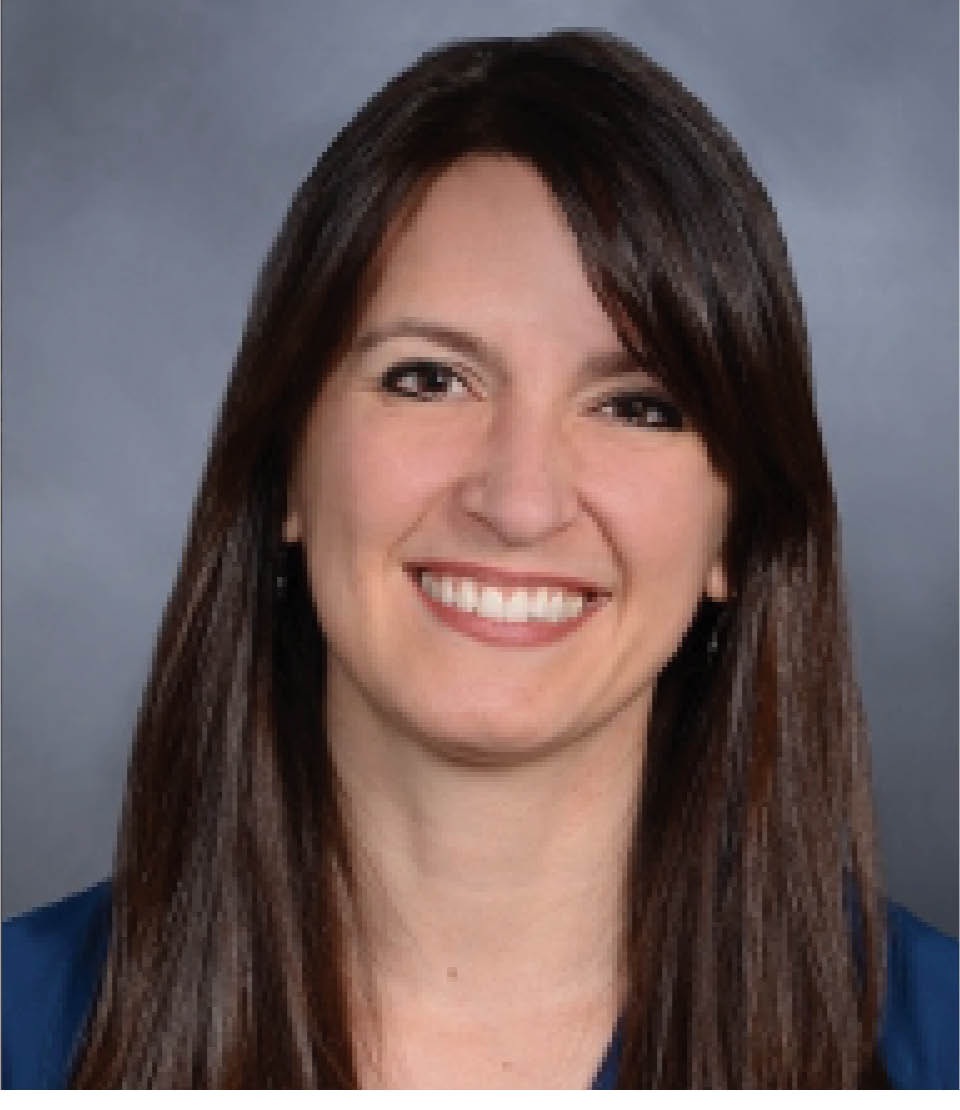
Adriana Rossi, MD, Co-Director CAR-T Myeloma Program, Assistant Professor of Medicine, Icahn School of Medicine at Mount Sinai, New York, NY
Dr. Stephen Schuster is the Robert and Margarita Louis-Dreyfus Professor of CLL and Lymphoma and a professor of medicine at the University of Pennsylvania. He is also the director of the lymphoma program and director of Lymphoma Translational Research at Abramson Cancer Center. After graduating AOA from Jefferson Medical College and completing his residency at Pennsylvania Hospital, Dr. Schuster completed clinical and research fellowships at the Cardeza Foundation for Hematologic Research. In 1989, he became a member of the Cardeza Foundation at Jefferson Medical College. Dr. Schuster joined the University of Pennsylvania in 1998. Since then, his research has focused on the development and application of novel immunotherapies for B-cell lymphomas and CLL, including autologous tumor-derived vaccines, autologous costimulated T-cells, radioimmunotherapy, monoclonal antibody therapy, and adoptive immunotherapy using chimeric antigen receptor modified T cells. Dr. Schuster has received numerous awards for outstanding teaching and research. He has over 150 publications.
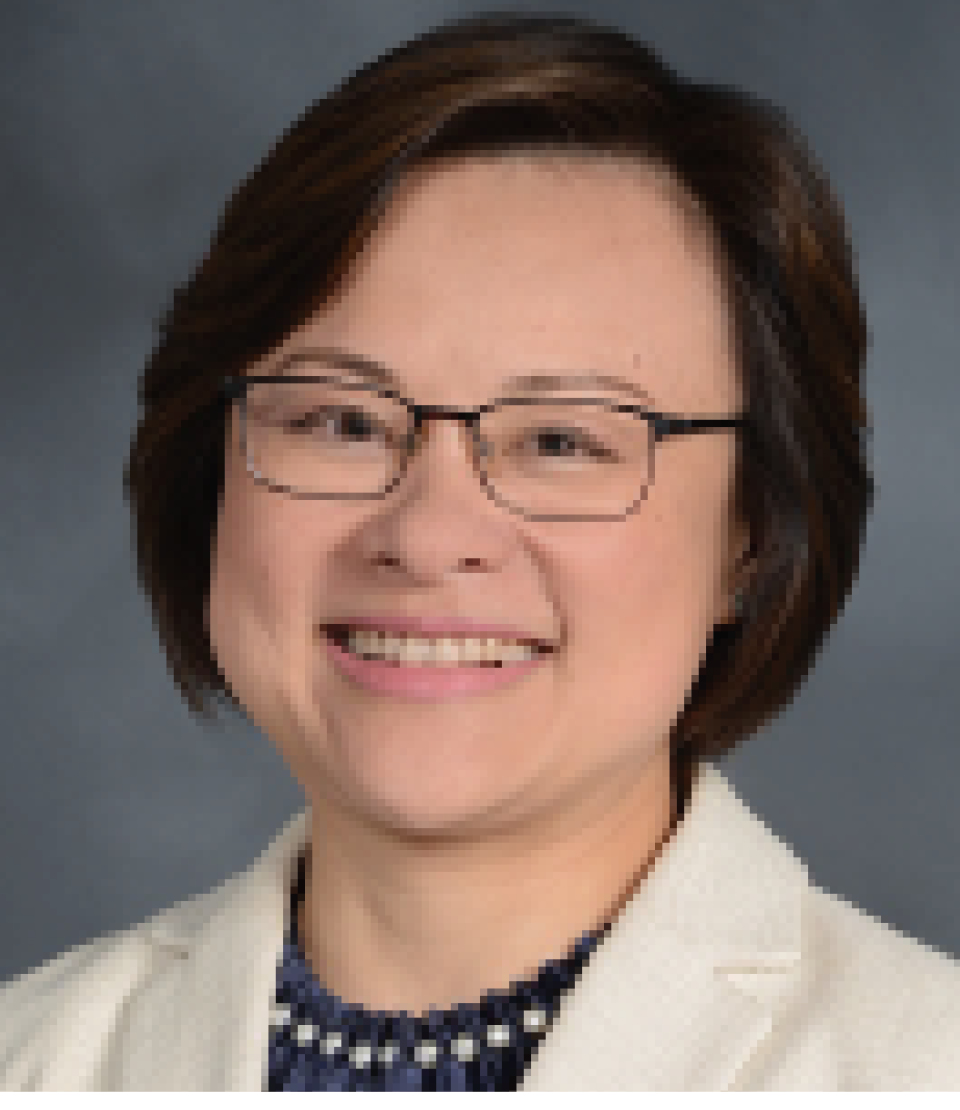
Jia Ruan, MD, Professor of Clinical Medicine, Lymphoma Program, Division of Hematology & Medical Oncology, Weill Cornell Medicine, Memorial Sloan Kettering Cancer Center, New York, NY
Dr. Jia Ruan, M.D., Ph.D., is a Professor of Clinical Medicine in the Division of Hematology and Medical Oncology at Weill Cornell Medicine. Dr. Ruan's clinical practice includes patients with lymphoma, myeloma, and other hematological disorders. Following her long-standing interest in tumor immunology and vascular medicine, Dr. Ruan is actively involved in clinical and translational research aimed at development of novel therapeutics targeting tumor microenvironment. Dr. Ruan earned her medical degree from Weill Cornell Medical Center. She completed internship and residency in internal medicine and started a clinical fellowship in Hematology at the Stanford University Medical Center. Dr. Ruan completed a fellowship in Hematology and Medical Oncology at the New York Presbyterian Hospital.
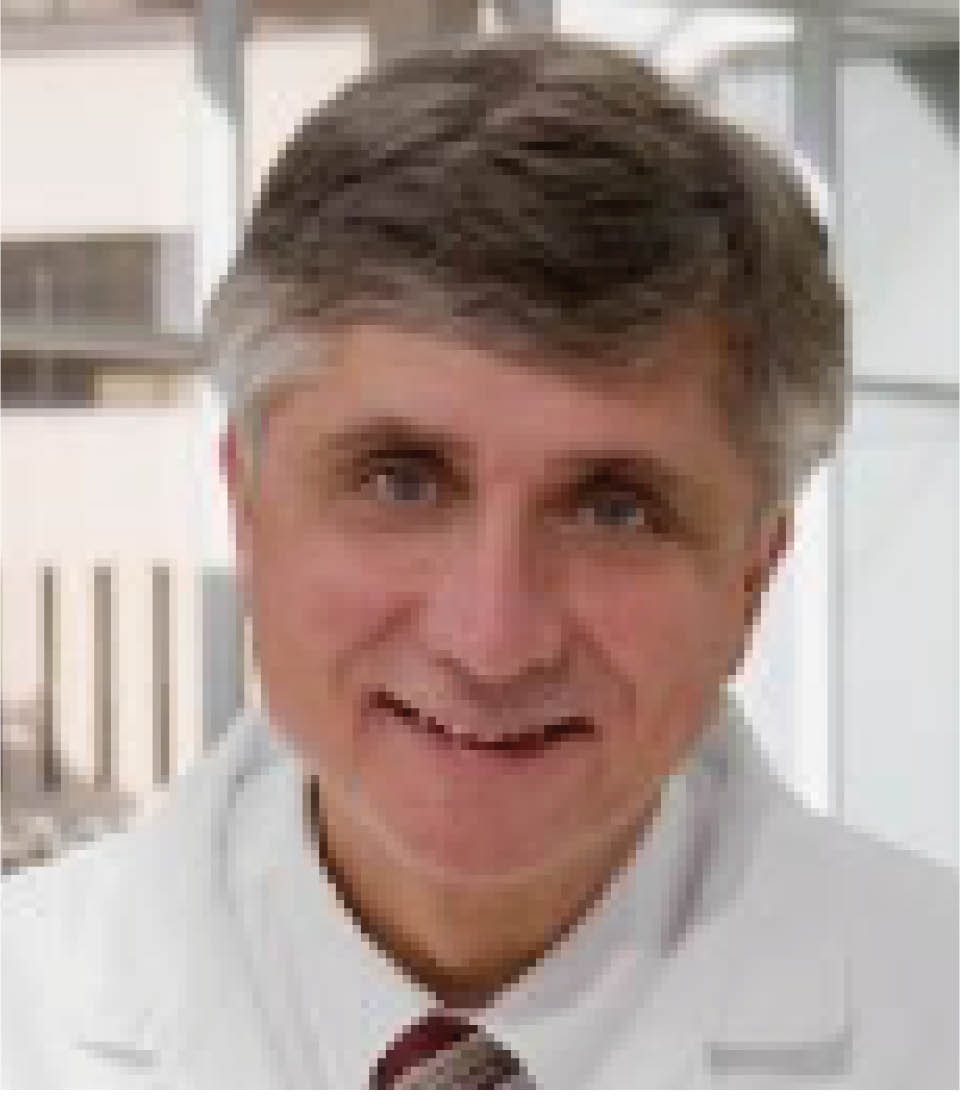
Stephen J. Schuster, MD, Director, Lymphoma Program Director, Lymphoma Translational Research Robert and Margarita Louis-Dreyfus, Professor Chronic Lymphocytic Leukemia and Lymphoma Clinical Care and Research, University of Pennsylvania, Philadelphia, PA
Dr. Stephen Schuster is the Robert and Margarita Louis-Dreyfus Professor of CLL and Lymphoma and a professor of medicine at the University of Pennsylvania. He is also the director of the lymphoma program and director of Lymphoma Translational Research at Abramson Cancer Center. After graduating AOA from Jefferson Medical College and completing his residency at Pennsylvania Hospital, Dr. Schuster completed clinical and research fellowships at the Cardeza Foundation for Hematologic Research. In 1989, he became a member of the Cardeza Foundation at Jefferson Medical College. Dr. Schuster joined the University of Pennsylvania in 1998. Since then, his research has focused on the development and application of novel immunotherapies for B-cell lymphomas and CLL, including autologous tumor-derived vaccines, autologous costimulated T-cells, radioimmunotherapy, monoclonal antibody therapy, and adoptive immunotherapy using chimeric antigen receptor modified T cells. Dr. Schuster has received numerous awards for outstanding teaching and research. He has over 150 publications.
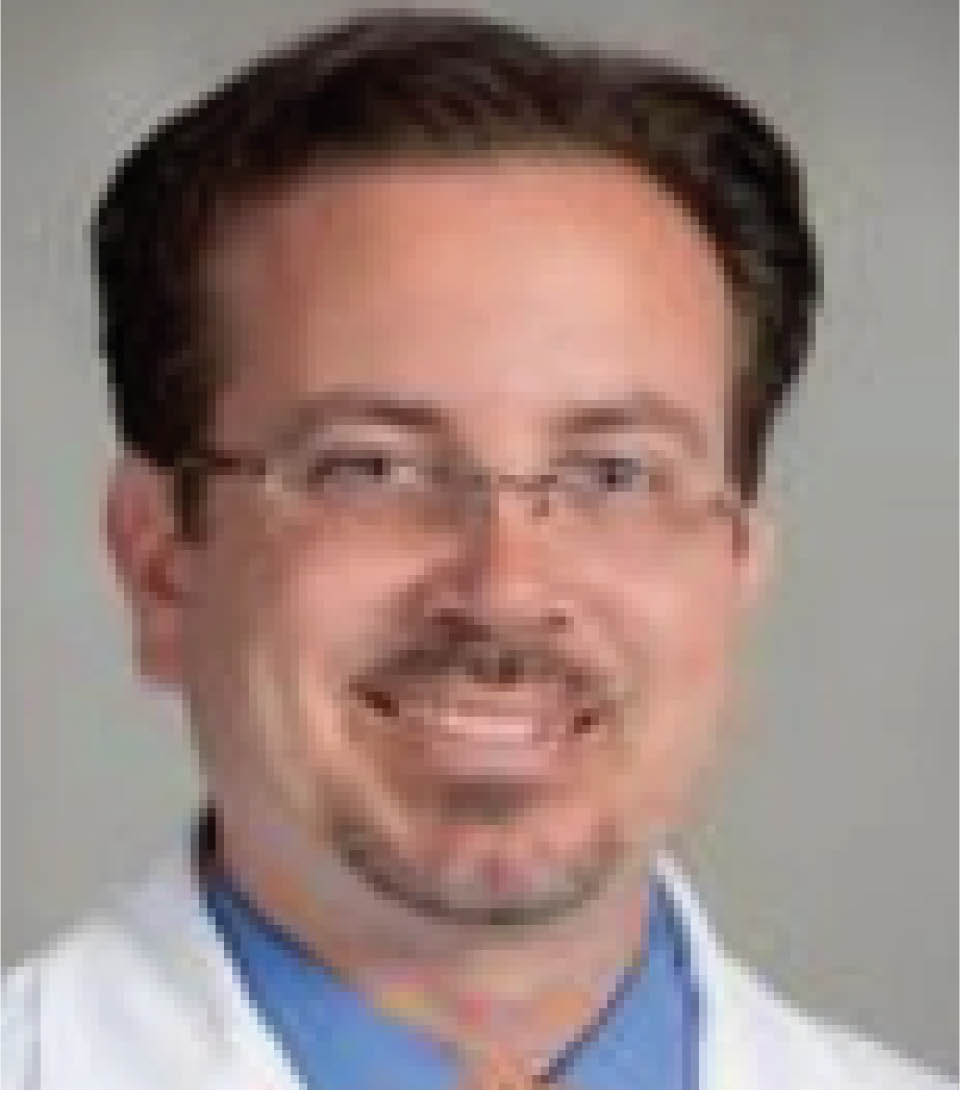
Kenneth Shain, MD, Associate Member Departments of Malignant Hematology and Chemical Biology and Molecular Medicine ,Co-Director, Pentecost Myeloma Research Center, H. Lee Moffitt Cancer Center, Tampa, FL
Dr. Kenneth Shain is an associate member in the Malignant Hematology program in the Department of Malignant Hematology, Tumor Biology, and the Chemical Biology and Molecular Medicine Program. Dr. Shain has also been appointed as an Assistant Professor at the University of South Florida Morsani College of Medicine in the Department of Oncologic Sciences. Dr. Shain is also a Director of the Myeloma Research Center. Dr. Shain is a clinician scientist with time divided by clinic, clinic trials and translational research with a primary focus in multiple myeloma and other plasma cell relation disorders (including Waldenstrom Macroglobulinemia and Primary Amyloidosis). After graduating from University of South Florida College of Medicine, he completed his residency and fellowships at the University of South Florida College of Medicine, Moffitt Cancer Center. His translational research has focused on the mechanisms by which components of the bone marrow microenvironment influence myeloma biology, survival, and drug response. He is currently collaborating with a wide range of Moffitt and non-Moffitt researchers, mathematicians, clinicians and other groups to carry out his research goals.

Shireen Sirhan, MD, Assistant Professor, Faculty of Medicine McGill, University Montreal, QC Canada
Dr Sirhan is a Hematologist and oncologist at the Jewish General Hospital and is an Assistant Professor in the Department of Oncology at McGill University . Her clinical work involves both solid and hematologic malignancies. She is also a member of the Hematology division at the Jewish General Hospital. She was born in Amman ,Jordan. She studied Microbiology and Immunology with a Minor in Management, followed by Medical School at McGill University, before pursuing residency in Hematology and Medical Oncology. She completed her training in Myeloproliferative Neoplasms with Dr Ayalew Tefferi at the Mayo Clinic, and also holds a MSc degree in clinical trials from the University of London. Dr. Sirhan co-established the first Myeloproliferative Neoplasms clinic in Canada at the Jewish General Hospital, where specialized multidisciplinary care and access to specialised testing and clinical trials is offered. She is the principal investigator on several clinical trials that have helped providing access to novel agents . She has authored several publication ins the area of MPN clinical research She is a founding member and the current President of the Canadian MPN group, and Vice-President for research in MPNs of the Groupe Québécois de recherche en LMC-NMP. She also serves as member of advisory board for Canadian MPN Research Foundation, and as member of the Board of Directors of the International MPN Research Foundation.
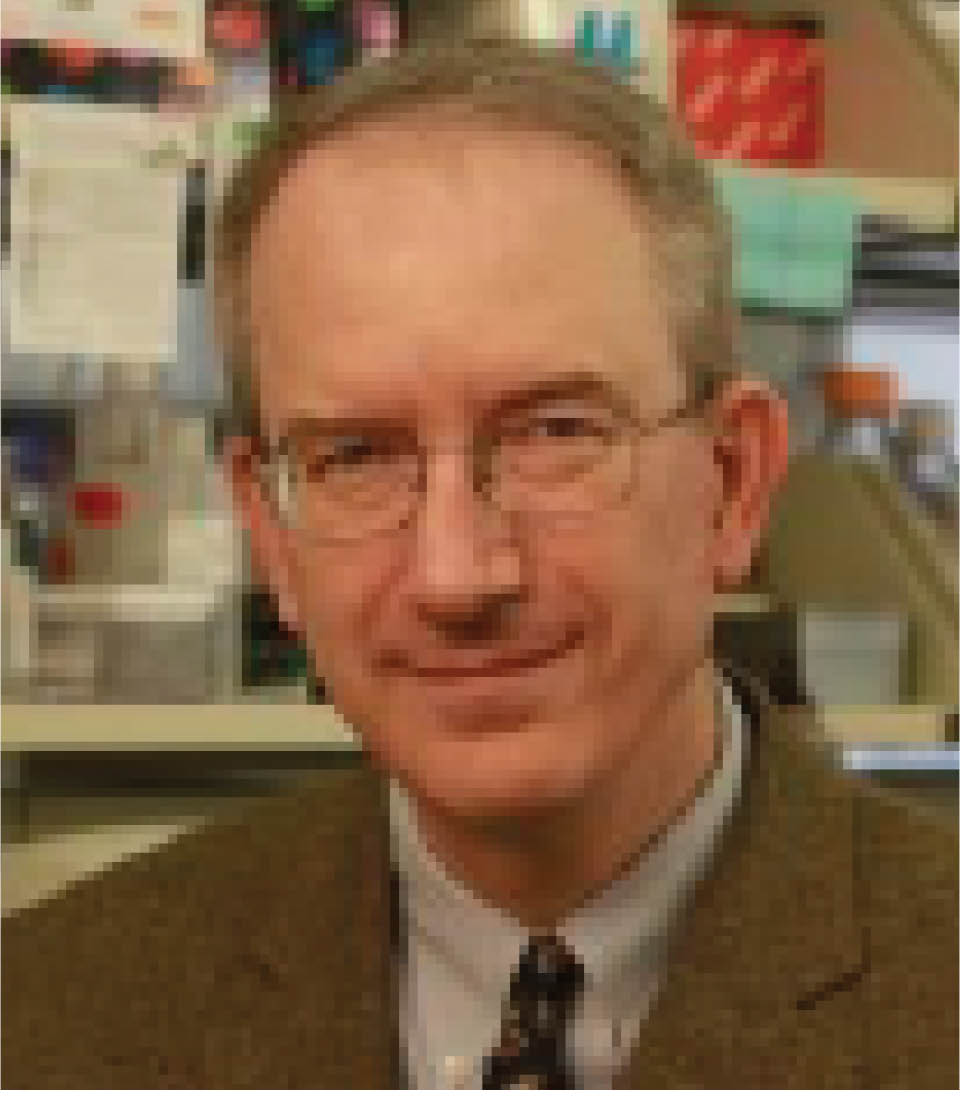
Louis M. Staudt, MD, PhD, Scientist National Cancer Institute, Bethesda, MD
Dr. Dr. Staudt pioneered the use of gene expression profiling to discover molecularly and clinically distinct cancer subtypes and to predict response to therapy. He defined molecular subtypes of lymphoma that were previously unrecognized but are now viewed as distinct diseases that arise from different stages of B cell differentiation, utilize different oncogenic mechanisms and offer new therapeutic targets. To develop new treatments for lymphoid malignancies, Staudt’s laboratory uses various high-throughput approaches, including cancer gene resequencing, RNAi/CRISPR-based genetic screens, and combinatorial small molecule screens. The laboratory also conducts genomic investigations within therapeutic trials of targeted agents in lymphoma to define mechanisms of response and resistance.

Anthony Stein, MD, Associate Director, Gehr Family Center for Leukemia Research Professor, Division of Leukemia, Department of Hematology & Hematopoietic Cell Transplantation, City of Hope, Duarte, CA
Dr. Stein is currently serving as co-director of the Gehr Family Center for Leukemia Research within the Hematologic Malignancies and Stem Cell Transplantation Institute at the City of Hope in Duarte, Calif., Dr. Stein dedicates his time to aid his patients. While he has held that role for over two years, he has been a loyal City of Hope physician since 1985, expanding and perfecting his skills in hematology, oncology, medical oncology and research. After receiving his medical degree from the University of Cape Town Medical School in Cape Town, South Africa in 1978, Dr. Stein immediately completed an internship at the Groote Schuur Hospital in Cape Town the following year. From 1982 to 1985, he participated in an internal medicine residency program at Montefiore Hospital’s Department of Medicine. After completing his residency, he subsequently began a fellowship in hematology and oncology at City of Hope. During this time, Dr. Stein’s interest in adult leukemia heightened, leading him to conduct further research on the blood cell-related cancer. His career quickly soared at City of Hope, where he has since helped countless patients diagnosed with acute leukemia. Dr. Stein continues to conduct research, with one goal in mind: to improve his patients’ lives. He attributes his successful career to his acute medical and research acumen. His impressive repertoire also includes education, as Dr. Stein serves as a clinical professor in the Department of Hematology and Hematopoietic Cell Transplantation. His leukemia clinical research has been featured in several peer-reviewed publications, an accomplishment he is very proud to hold. To continue to evolve with peers in his field, Dr. Stein is a member of the American Society of Hematology, the American Society of Clinical Oncology and the American Society for Blood and Marrow Transplantation. Dr. Stein plans to continue to grow in his field, and further research and discover new treatments for patients diagnosed with adult leukemia.
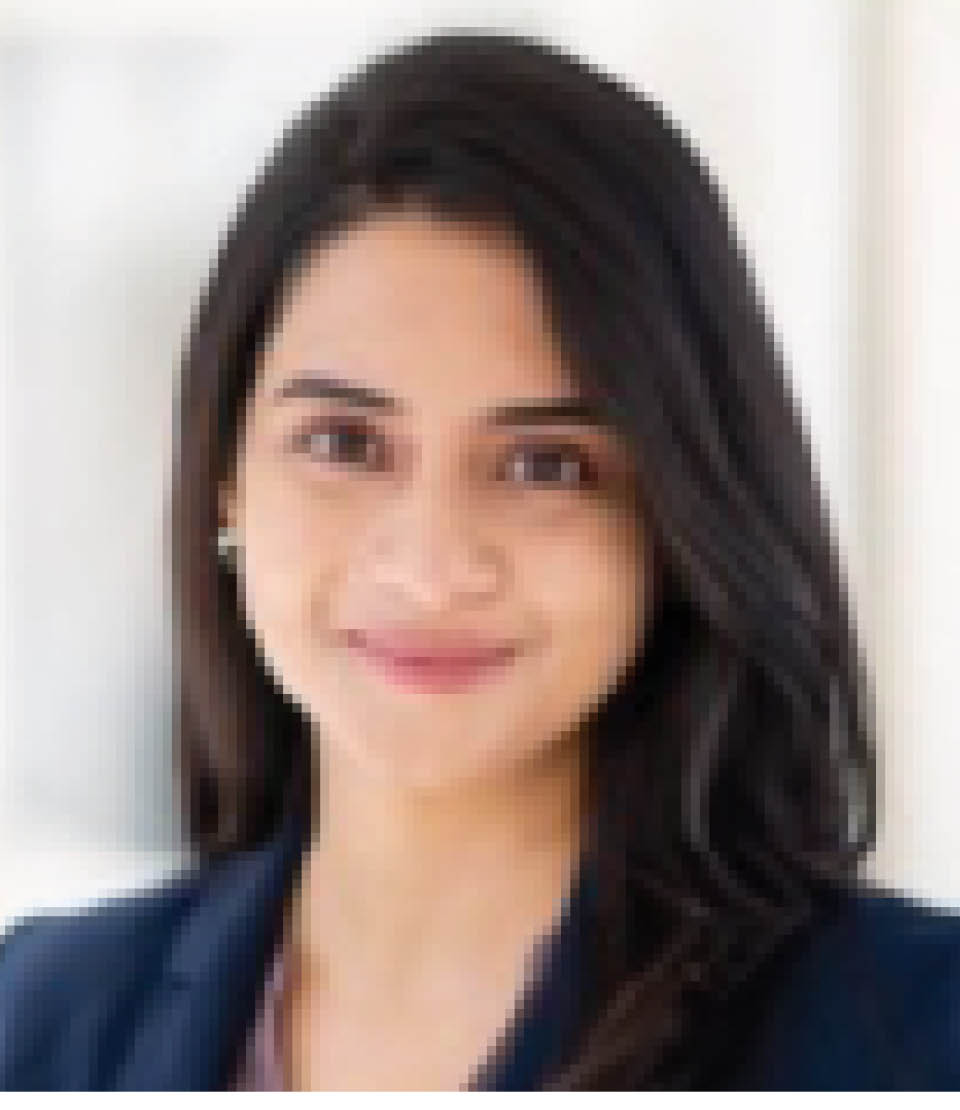
Suchitra Sundaram, MD, Assistant Professor of Medicine (Hematology and Medical Oncology), Icahn School of Medicine at Mount Sinai, Tisch Cancer Institute,
New York, NY
Dr. Suchitra Sundaram is an Assistant Professor of Medicine (Hematology and Medical Oncology) at the Tisch Cancer Institute at the Icahn School of Medicine at Mount Sinai. Dr. Sundaram provides clinical care fully dedicated to patients with lymphoma (non-hodgkin and hodgkin lymphoma) and chronic lymphocytic leukemia (CLL). Her research focuses on the development of novel targeted therapies in lymphoma and CLL and studying practice patterns and clinical outcomes of lymphoma in the real world setting. Prior to joining Mount Sinai, Dr. Sundaram had been an Assistant Professor in the Division of Lymphoma and CLL at Roswell Park Comprehensive Cancer Center, Buffalo, NY. Dr. Sundaram was PI and co-PI on several multi-center clinical trials that tested combinations of novel agents and immunotherapies to precisely target lymphoma while decreasing the intensity of side effects. Dr. Sundaram was also involved in translational and laboratory based research projects and contributed to studying the biology of treatment resistance in lymphoma/CLL, evaluating novel small-molecule inhibitors targeting key-regulatory pathways in lymphomas and identification of biomarkers of response. She has authored and co-authored several articles in scientific journals, as well as had several national level meeting abstracts and presentations. Dr. Sundaram has served on the NCCN CLL- Hairy Cell Leukemia practice guidelines committee and has been involved in speaker events with the Leukemia Lymphoma Society. Dr. Sundaram is a Lymphoma Research Foundation Scholar and is committed to continuing her research in lymphoma outcomes studies and clinical trials with the hope to provide the most appropriate individualized care plan for her patients.
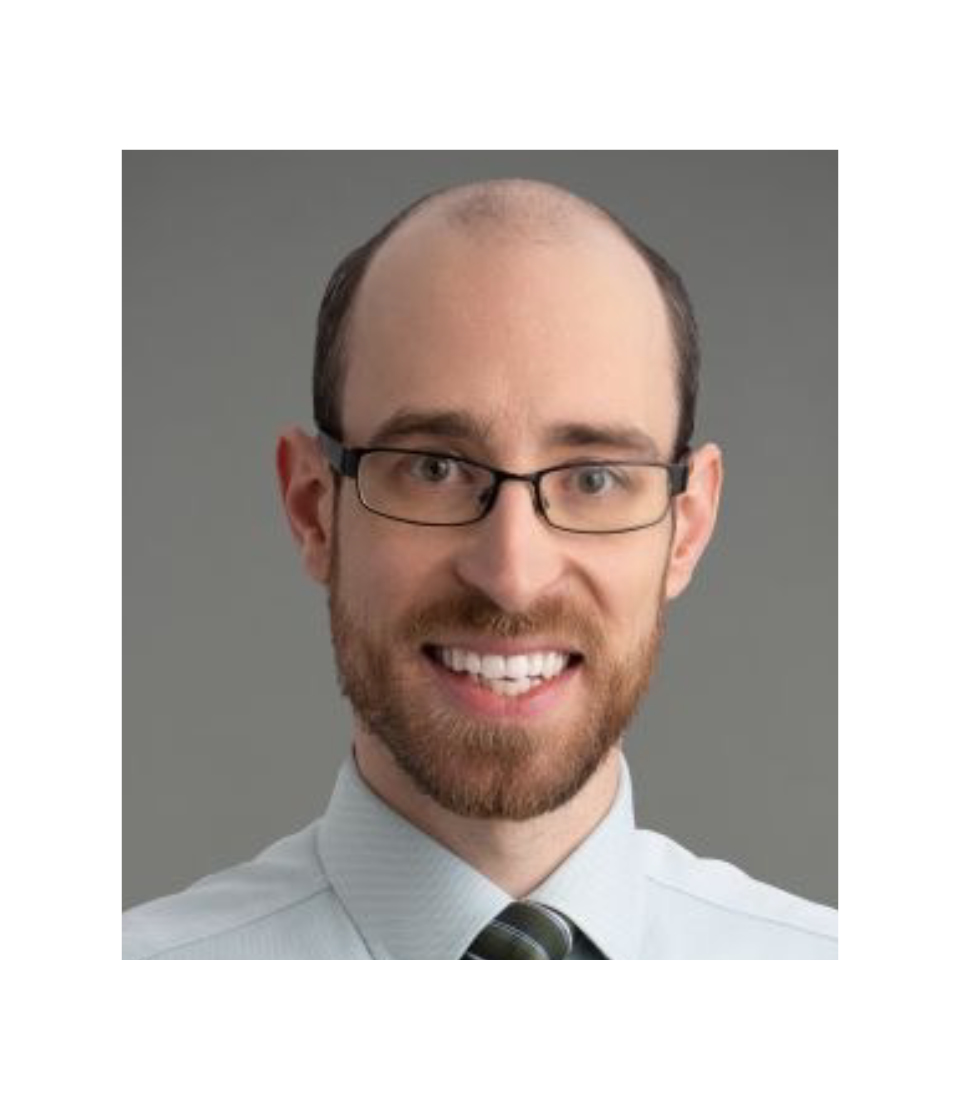
Timothy Schmidt, MD, Assistant Professor, Division of Hematology, Medical Oncology, and Palliative Care, Department of Medicine, University of Wisconsin, School of Medicine and Public Health, Madison, WI
Dr. Schmidt is a faculty member of the Division of Hematology, Medical Oncology, and Palliative Care within the Department of Medicine. His clinical interest is in the management of hematological malignancies, including the use of bone marrow transplantation and CAR-T cell therapy. In his clinic, he specializes in caring for patients with multiple myeloma and other plasma cell disorders including monoclonal gammopathies and amyloidosis. He is involved in the development and conduct of early phase and cooperative group clinical trials for patients with plasma cell disorders and is interested in differentiating patterns of disease biology that lead to variable outcomes among patients with multiple myeloma. Dr. Schmidt is a member of the American Society of Hematology, the American Society of Clinical Oncology, and the International Myeloma Society. He also serves as a peer reviewer for clinical hematology journals and is involved in medical education for trainees, medical professionals, and patient outreach organizations. Dr. Schmidt earned his medical degree at the Saint Louis University School of Medicine. After a medical residency at the University of Illinois Hospital and Health Sciences System, he completed a fellowship in hematology/oncology at Emory University School of Medicine.
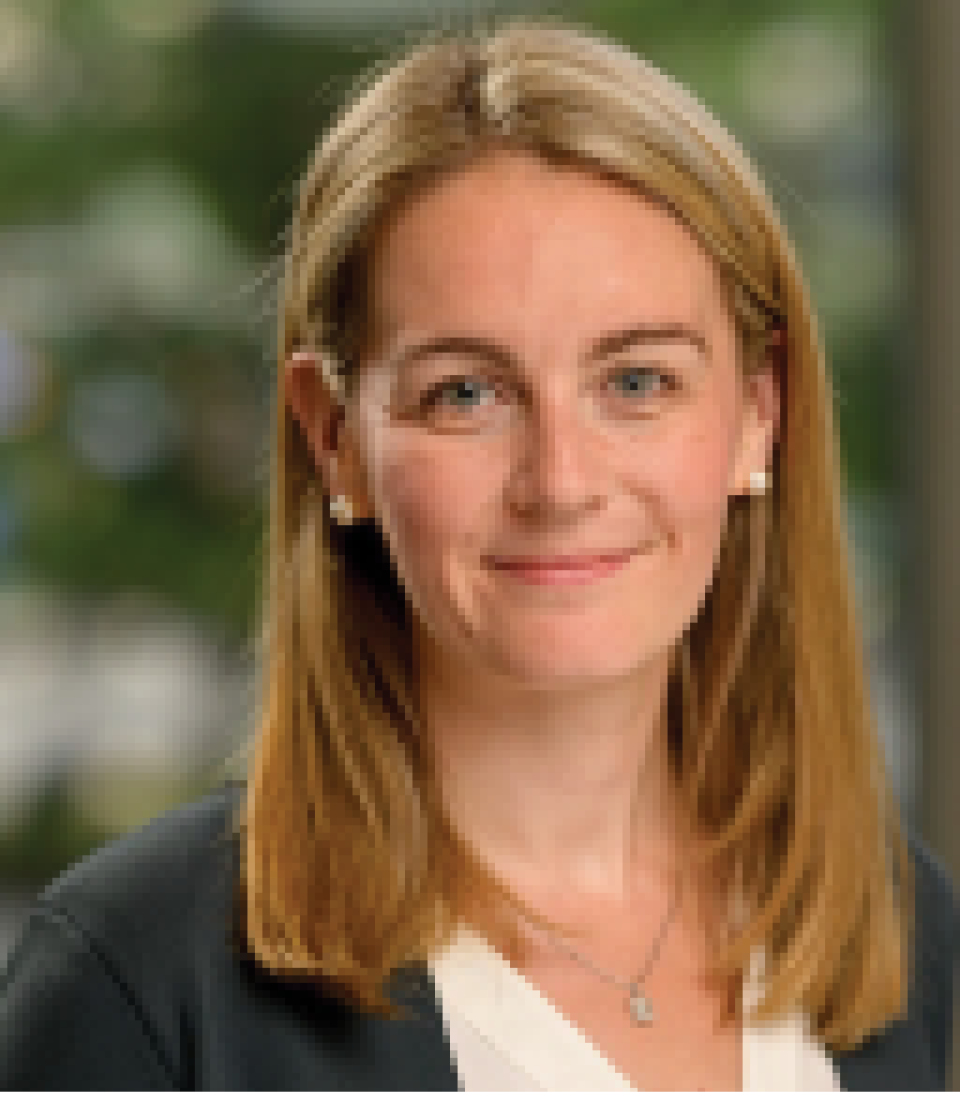
Meghan Thompson, MD, Assistant Attending L1, Memorial Sloan Kettering Cancer Centre, New York, NY
Dr. Thompson is an Assistant Attending L1 on the leukemia service at Memorial Sloan Kettering Cancer Center (MSK) in New York, New York. She graduated summa cum laude from Princeton University and received her M.D. at The Ohio State University College of Medicine. She completed her residency training in internal medicine at the Hospital of the University of Pennsylvania and fellowship in Hematology & Medical Oncology at MSK. She is a clinical investigator who focuses on developing novel therapeutic approaches for patients with chronic lymphocytic leukemia (CLL) and Richter Transformation (RT). Her specific research interests include conducting early phase clinical trials for high-risk CLL and RT patient populations and translational research investigating genetic mechanisms of resistance to novel therapies for patients with CLL.
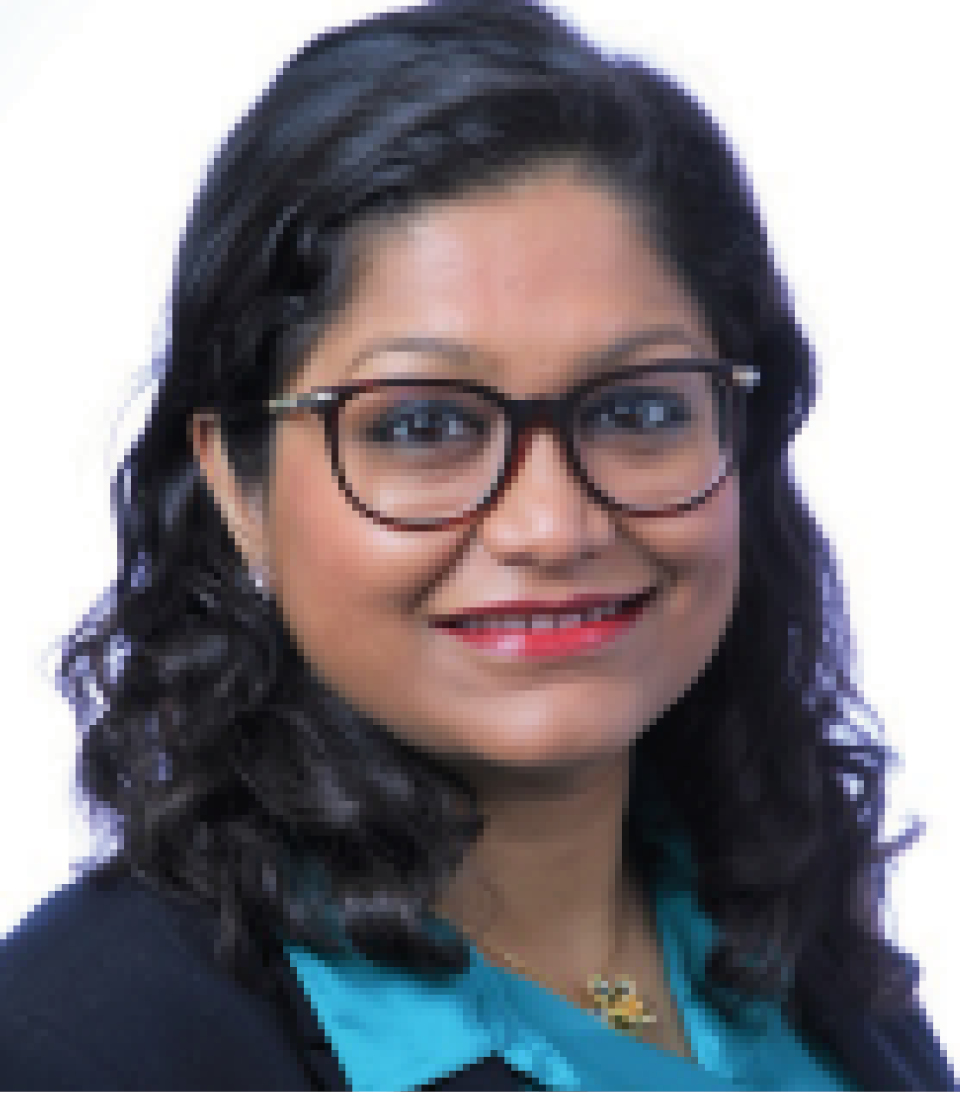
Pallawi Torka, MD, Assistant Member, Memorial Sloan Kettering Cancer Center, Assistant Professor of Medicine (Hematology and Medical Oncology), Weill Cornell Medicine, New York, NY
Dr. Pallawi Torka, MD is an assistant attending in the lymphoma division at Memorial Sloan Kettering Cancer Center with a dual appointment at Weill Cornell Medicine as Assistant Professor of Medicine. Prior to joining MSK, she completed her hematology oncology fellowship at Roswell Park Comprehensive Cancer Center and served on faculty there for 7 years. She is a clinician-researcher-educator with focus on studying and improving outcomes of lymphoma in older adults. Currently, she is developing novel therapeutic strategies for older patients with aggressive lymphomas, specifically diffuse large B cell lymphoma and Hodgkin lymphoma. She has served on several national committees such as the National Comprehensive Cancer Network (NCCN) panel for Hodgkin lymphoma and T cell lymphoma and American Society of Hematology (ASH) Committee on Training and Committee on Quality. She is passionate about patient and trainee education and has served as the associate program director of the hematology-oncology fellowship program at Roswell Park/University of Buffalo. She has published multiple peer reviewed manuscripts and review articles. She has received grant funding for her research and has served as an investigator for institutional studies as well as national cooperative group clinical trials. She lives in New Jersey with her husband, Rajeev, and two daughters, Samidha and Advika.
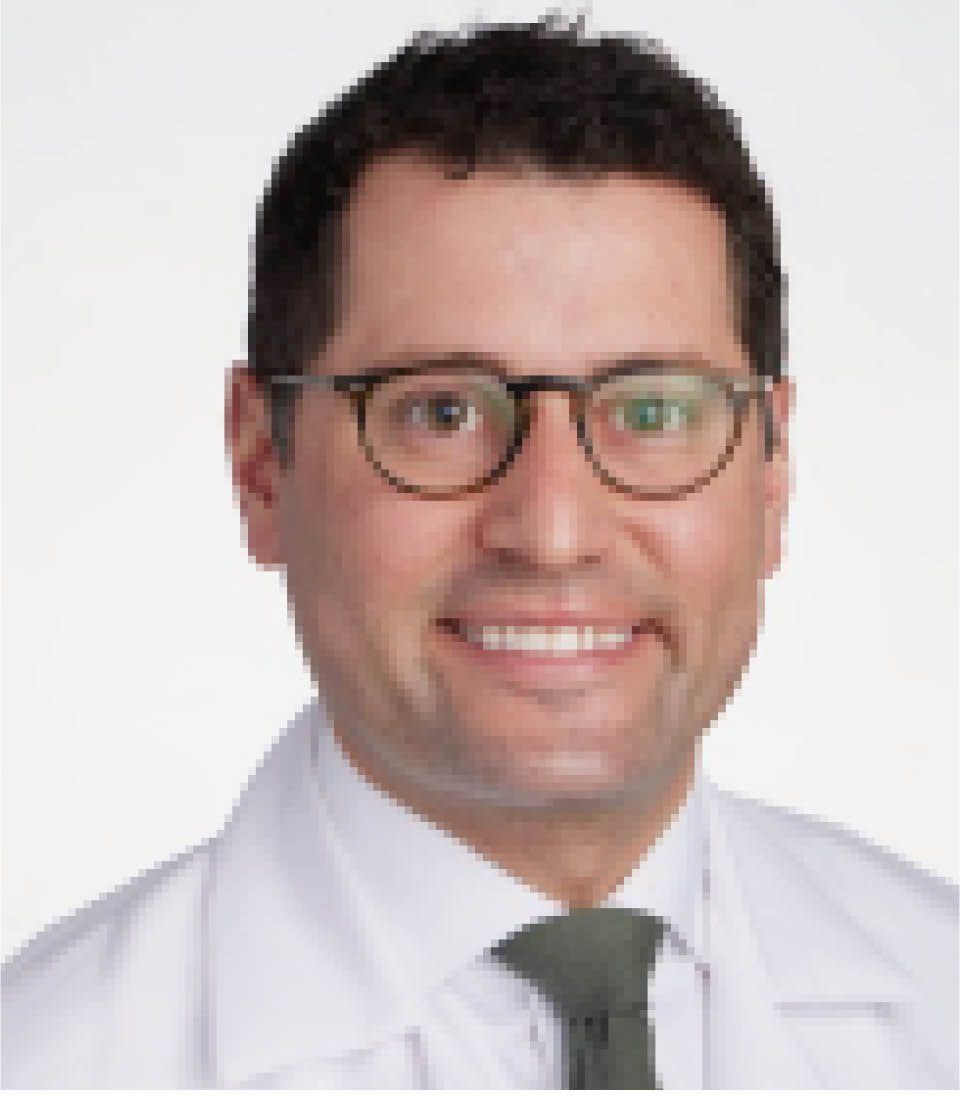
Douglas Tremblay, MD, Assistant Professor Icahn School of Medicine at Mount Sinai Tisch Cancer Institute, New York, NY
Dr. Douglas Tremblay, MD is an Assistant Professor of Medicine at the Icahn School of Medicine at Mount Sinai. Dr. Tremblay completed fellowship and residency training at Mount Sinai where he served as both Chief Fellow and Chief Resident. His clinical and translational research focus is on hematologic malignancies, particularly myeloproliferative neoplasms (MPNs), myelodysplastic/myeloproliferative overlap syndromes including chronic myelomonocytic leukemia, and particularly acute myeloid leukemia. Dr. Tremblay is the Principal Investigator (PI) on numerous investigator-initiated and industry sponsored early and late phase clinical trials in myeloid neoplasms. Additionally, he is a participant in the American Society of Hematology Clinical Research Training Institute and holds multiple administrative roles at Mount Sinai.
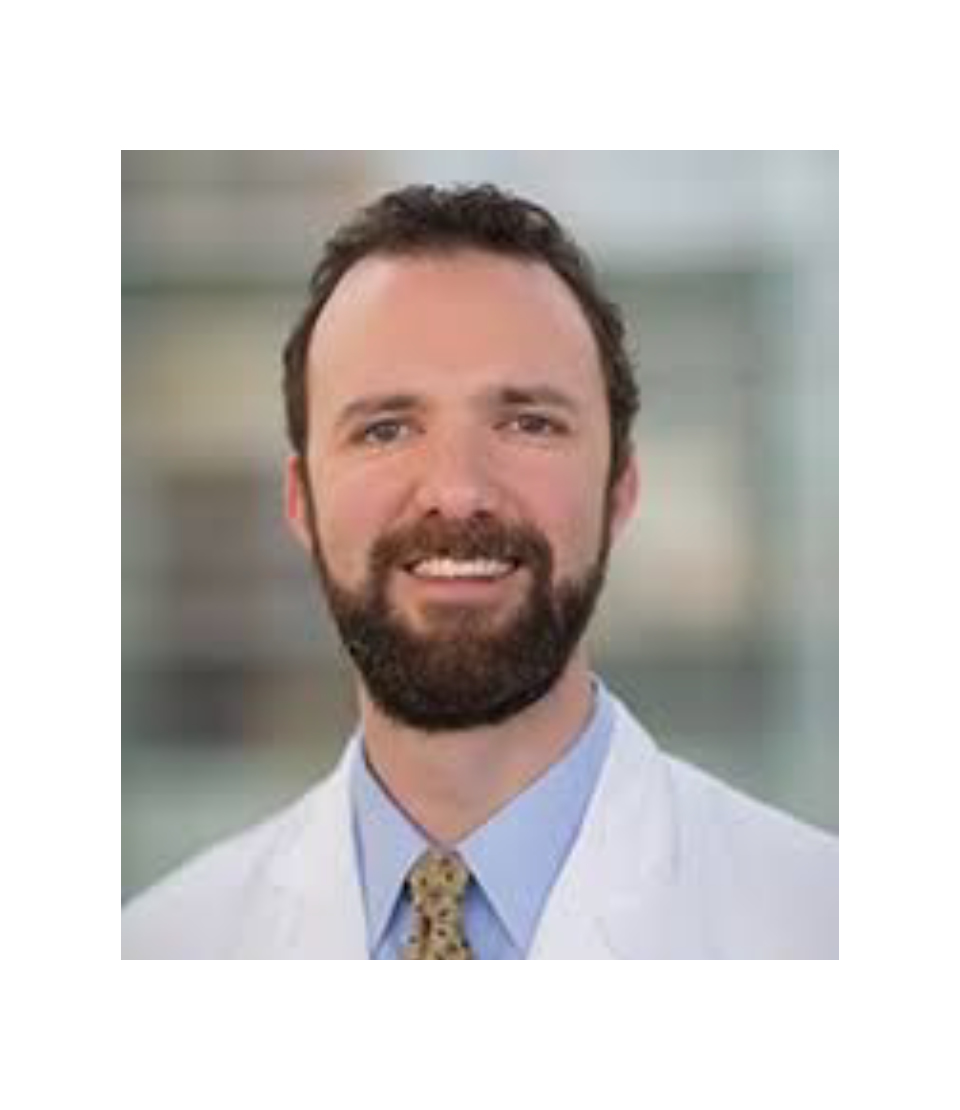
Sascha Alexander Tuchman, MD, MHS Associate Professor of Medicine, Director, Multiple Myeloma and Amyloidosis Program, Associate Chief for Outpatient Clinics and Outreach, Division of Hematology UNC School of Medicine Chapel Hill, North Carolina
Dr. Tuchman leads the multiple myeloma and amyloidosis group at the University of North Carolina – Chapel Hill, where he divides his time between clinical care and clinical research, working exclusively in plasma cell disorders such as multiple myeloma and light chain amyloidosis. He has a special research interest in writing and leading clinical studies in amyloidosis, and in very old and/or frail patients with multiple myeloma. Dr. Tuchman sits on expert groups that conduct research and formulate guidelines such as the International Myeloma Working Group, the International Society for Amyloidosis, and the International Kidney and Monoclonal Gammopathy Research Group. He participates in national cooperative cancer research groups such as the ALLIANCE multiple myeloma committee and subcommittee for myeloma in older adults, and spearheads research initiatives in those arenas. His research has been recognized with grant funding from NIH, industry, and philanthropic sources. Lastly, Dr. Tuchman is an avid educator and works closely with trainees interested in developing their own careers in plasma cell disorders. He is highly renowned as a teacher and lecturer in this field.
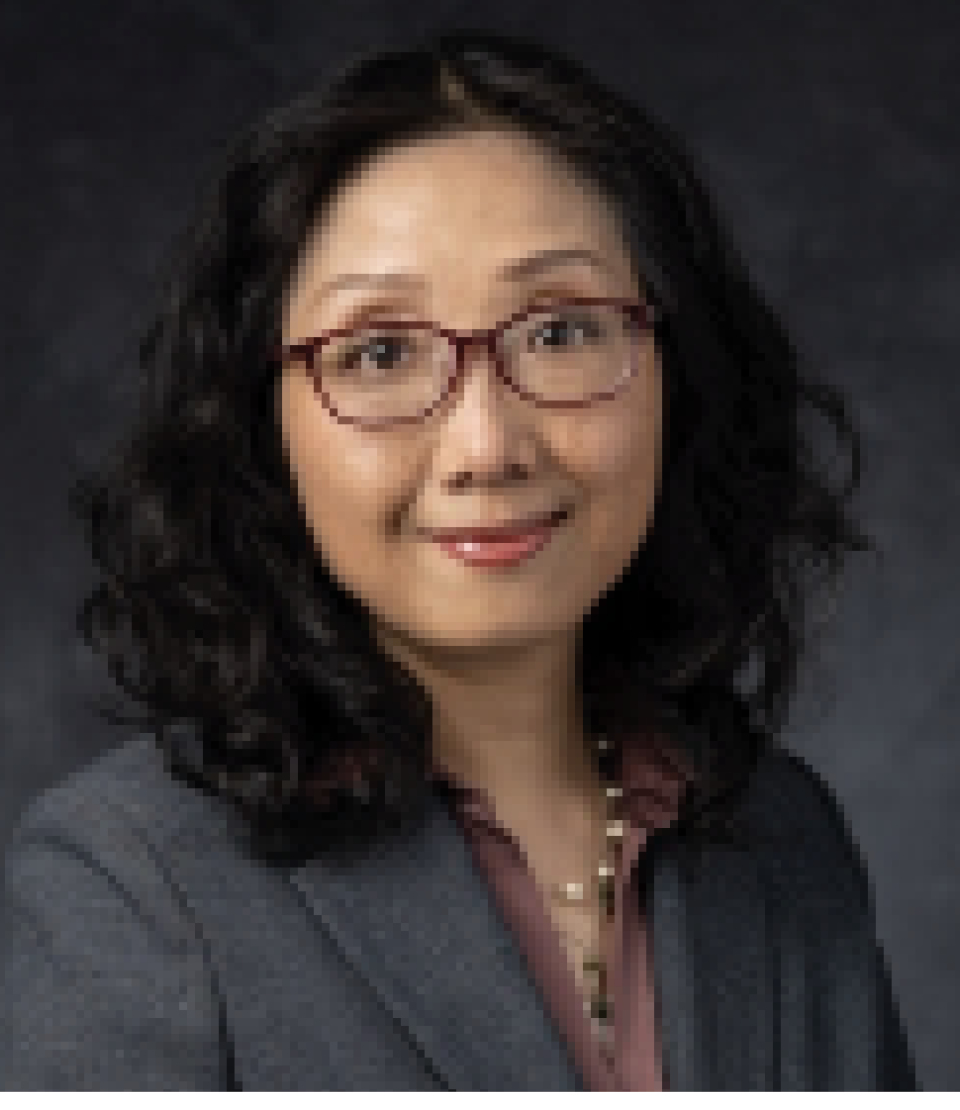
Jing Christine Ye, MD, MSc, Associate Professor, Department of Lymphoma/Myeloma, Division of Cancer Medicine, UT MD Anderson Cancer Center, Phoenix, AZ
Dr. Ye is an Associate Professor of Internal Medicine, University of Texas, MD Anderson Cancer Center. She is a board-certified hematologist and oncologist who specializes in treating patients with plasma cell dyscrasia. Dr Ye leads national clinical trials and serves as the vice-chair for National Cancer Institute (NCI) Southwestern Oncology Group (SWOG) Multiple Myeloma Committee.
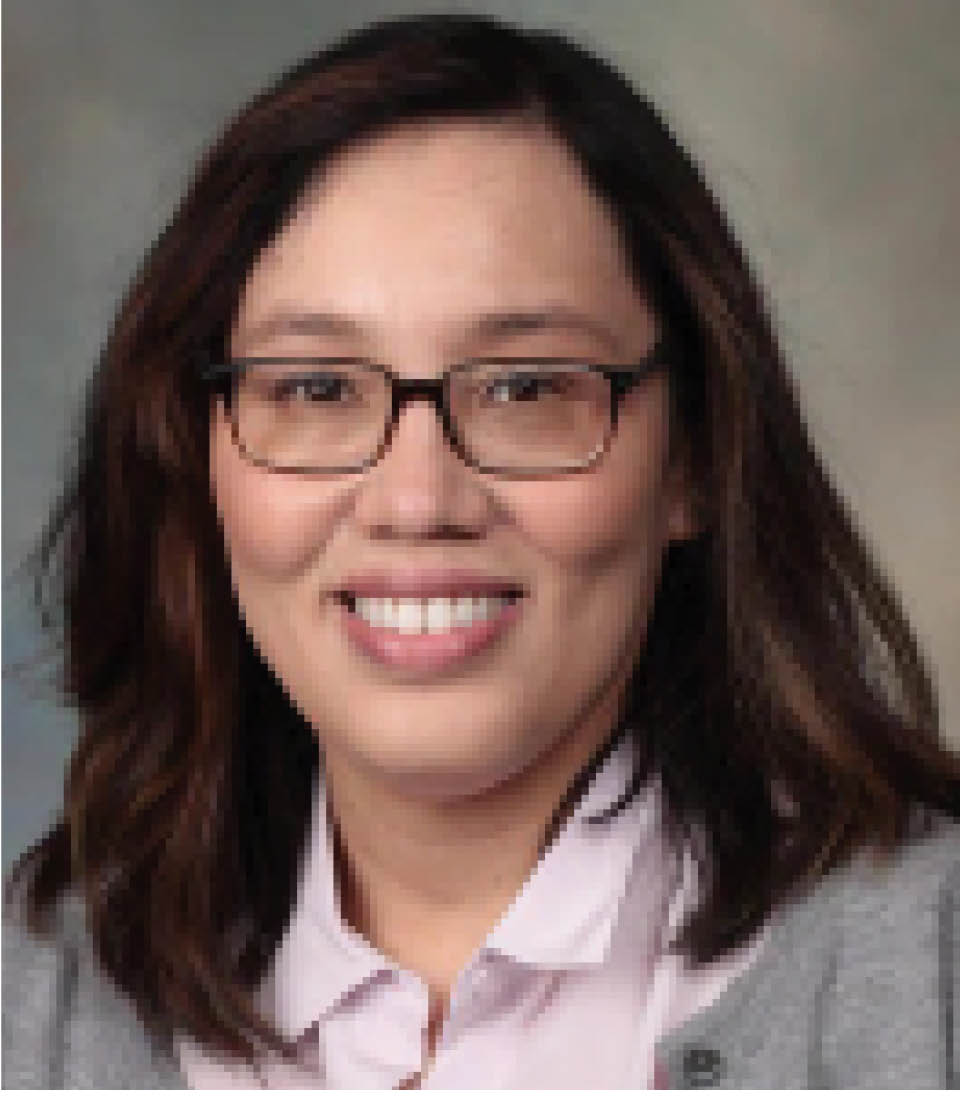
Cecilia Y. Arana Yi, MD, Director of Leukemia Services, Mayo Clinic, Phoenix, AZ
Dr. Cecilia Arana Yi is a board-certified Hematologist and Assistant Professor of Medicine at Mayo Clinic Arizona. She is a Director of Leukemia Program specializing in the diagnosis and management of Systemic Mastocytosis. She received her medical degree from the Universidad Peruana Cayetano Heredia in Lima, Peru. She completed Hematology/oncology Fellowship at Thomas Jefferson University, and Leukemia Fellowship at MD Anderson Cancer Center. She joined Mayo Clinic in 2020. During her tenure she developed a thriving clinical practice, expanded clinical trial portfolio in Leukemia and Mastocytosis, and introduced a multidisciplinary approach to the diagnosis and management of Mast Cell disorders. Dr. Arana Yi is a member of Mayo Clinic Arizona Myeloid Malignancy Disease Group and Education Committee. She is active in the education shield and is engaged in teaching of residents and students. She is a member of Mayo Clinic Comprehensive Cancer Center Executive Committee and a founding member of the Florida Brain Metastases Consortium for the American Society for Clinical Oncology. Dr. Arana Yi is a recognized educator and advocate in Systemic Mastocytosis in the Southwest Region.
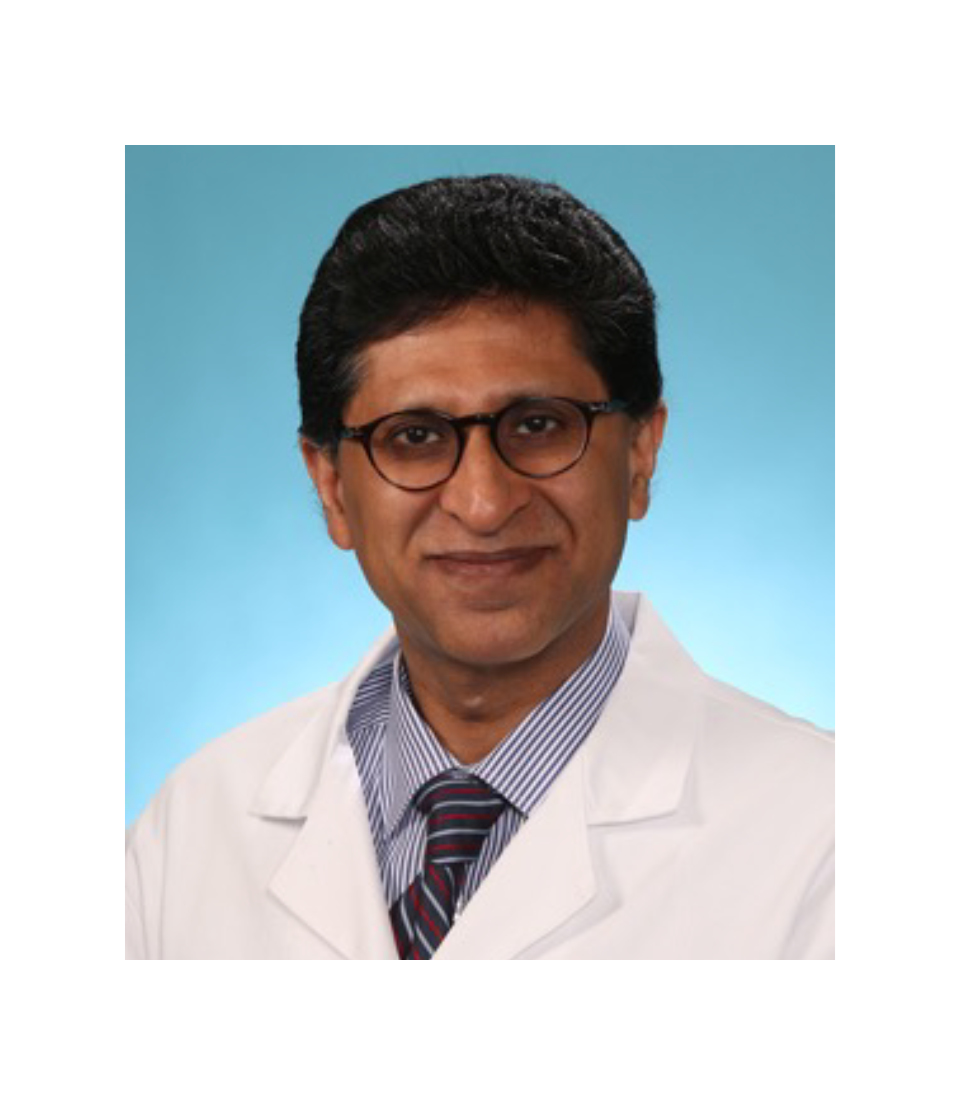
Ravi Vij, MD, MBA, Professor, Department of Medicine Winship Cancer Institute at Emory University, St. Louis, MO
Dr. Vij’s primary academic interests include the treatment of hematologic malignancies and hematopoietic stem cell transplantation. His research interests involve multiple myeloma and acute myeloid leukemia (AML)/ myelodysplastic syndromes. He serves on numerous committees including the Cancer and Leukemia Group B (CALGB) Core Transplant, Myeloma, and Leukemia Committees; the Protocol Review Committee of the MMRC, Steering Committee of CoMMpass and PREABMBLE Myeloma Registries and the The Blood and Transplant Clinical Trials Network (BMT CTN) Myeloma Committee. Dr. Vij’s honors include the Multiple Myeloma Research Foundation (MMRF) Innovator Award (2013) and the Multiple Myeloma Research Consortium (MMRC) Center of Excellence Award (2011) and the MMRF Collaborator Award (2017). Dr. Vij is an author or coauthor of over 200 publications in journals, namely Blood, Journal of Clinical Oncology, Bone Marrow Transplantation, Biology of Blood and Marrow Transplantation and others. He has also authored a book, Contemporary Management of Multiple Myeloma, and several book chapters like “Multiple Myeloma and Plasma Cell Dyscrasias” in The Washington Manual of Oncology. He has served as a reviewer for reputed journals, such as Blood, Journal of Clinical Oncology, Bone Marrow Transplantation, Leukemia and Lymphoma, Clinical Lymphoma and Myeloma, and Hematological. Dr. Vij received his medical degree from the University of Delhi, India, He completed a residency in medicine at Rush Presbyterian St Luke’s Medical Center in Chicago and fellowships in medical oncology/ hematology and bone marrow transplantation/malignant hematology/stem cell biology at Washington University. Later, he perused MBA in healthcare from George Washington University in Washington, DC.

Edmund K. Waller, MD, PhD, FACP, Professor of Hematology and Oncology (tenured) in the Winship Cancer, Professor of Medicine, Emory University School of Medicine, Professor of Pathology, Emory University School of Medicine, Atlanta, GA
Dr. Waller received his undergraduate education at Harvard, with a Ph.D. from Rockefeller University and an M.D. from Cornell University. He completed his Internal Medicine residency and Medical Oncology Clinical Fellowship at Stanford and post-doctoral training with Dr. Irv Weissman. His focus was on human T-cell development from stem cells. Dr. Waller’s research group at Becton Dickinson in San Jose, California focused on characterizing hematopoietic and stromal stem cells. Later, he joined Emory University. He has served as the Associate Director of Clinical Research for the Winship Cancer Institute, led Emory’s BMT Program, is the Director of Regenerative Engineering and Medicine, and holds the Rein Saral Professorship in Cancer Medicine. As part of the 1998 inaugural group of DDCF Medical Research Program grantees to study “Enhancing Immune Reconstitution in Cancer Patients”, he has conducted translational and clinical research in cancer immunology for the past 25 years. Dr. Waller is a clinician scientist entrepreneur and co-founded Cambium Medical Technologies to develop a topical therapy for ocular graft-versus-host disease. Dr. Waller also co-founded Cambium Oncology, a pre-clinical start-up, to develop a novel immune checkpoint drug targeting the receptor forvasoactive intestinal peptide. He serves as the Editor for ImmunoMedicine and chairs the Translational Immuno-Oncology study section at the NIH.
DAVA Oncology
2700 W Plano PKWY, Plano, TX 75075 PH: 214-451-4500

